8.1.2020, 19:00 Uhr
What if... studentisch-organisierte Veranstaltungsreihe zum Design
Venue:
- HFBK Hamburg, Raum 11
What if..? startet im Wintersemester 2019 als studentisch-organisierte monatliche Veranstaltungsreihe an der HFBK, um den Diskurs an der Hochschule und darüber hinaus in einem selbstbestimmtem Raum zu erweitern und zu fördern.
Mit der Veranstaltungsreihe möchten wir uns in Theorie und Praxis kritisch mit dem Begriff des „Design” und der Vielzahl von Betätigungsfeldern von Designer*innen auseinandersetzen sowie das emanzipatorische Potential des kreativen Gestaltens fernab von Warenfetisch und ästhetischem Konsum untersuchen. Die solidarische Vernetzung sowohl unter Gestalter_Innen als auch interdisziplinär sowie der Wissenstransfer und Austausch auf Augenhöhe stehen dabei im Vordergrund.
6. November, 19 Uhr
What if... we queer up Design?
Feministische Designkritik ‐ Workshop mit Mara Recklies und queer-feministische Projektpräsentation von Henk Müller
Es gibt kein neutrales, objektives oder universell funktionales Design. Unser Denken und Handeln – und damit auch unsere Gestaltung – sind geprägt von den soziokulturellen, wirtschaftlichen oder politischen Kontexten, in denen sie entstehen. Auch in die Designdisziplin sind die Strukturen eingeschrieben, die Menschen aufgrund von Merkmalen (wie Geschlecht, sexueller Orientierung, Herkunft, Hautfarbe etc.) diskriminieren bzw. privilegieren: zum Beispiel in der Herstellung von Designprodukten, ihrer Vermarktung oder ihrer Nutzung. Wie können Gestalter*innen dieses Wissen in ihrer Praxis anwenden? Wie viel Einfluss haben sie? Und kann man überhaupt vermeiden, mit der eigenen Arbeit unterdrückende Systeme zu reproduzieren?
Gemeinsam möchten wir diese Fragen anhand von Erfahrungen aus ihrem Arbeitsalltag offen mit der Gruppe besprechen – wobei im Mittelpunkt steht, die eigene(n) Rolle(n) zu reflektieren. Im Rahmen des Workshops wird Mara zu Beginn eine kurze Einführung in ihre Auffassung von intersektionalem Feminismus geben und dann über ihre persönliche Erfahrung mit der Umsetzung sprechen. Im Anschluss wird Henk seine Masterarbeit zum Thema "Queer Design - (De)Konstruktion der Zweigeschlechtlichkeit" vorstellen.
Alle Teilnehmer*innen sind herzlich eingeladen, im Anschluss daran ebenfalls Projekte vorzustellen oder auch mitzubringen, an denen sie gerade arbeiten um sich anhand dieser konkreten Beispiele auszutauschen. Ziel des Abends sind weder Bewertungen noch vernichtende (Selbst)Kritik, sondern feministische Denk- und Handlungsweisen kennenzulernen und in einem Gespräch auf gemeinsamer Augenhöhe anzuwenden.
Workshop nach einem Konzept von Mara Recklies und Anja Neidhardt
Mara Recklies ist Philosophin und Autorin und beschäftigt sich mit zeitgenössischer Kultur, Design und Technik mit dem Fokus auf den politischen Dimensionen von Gestaltung; Schwerpunkte hierbei sind Kritik, Protest und andere widerständige Praktiken.
www.mararecklies.de
www.depatriarchisedesign.com
Henk Müller hat den Master im Studio "Experimentelles Design" an der HFBK abgeschlossen, ist in queer-feministischen D.I.T.-Kontexten in Hamburg aktiv und arbeitet nun im Gestaltungskollektiv gruppe praxis.
www.gruppepraxis.de
27. November, 19 Uhr
What if all our maps are wrong?
Widerständiges Kartieren - Vortrag und Diskussion mit kollektiv orangotango
Seit den 2000er Jahren entsteht kollektiv orangotango am Schnittpunkt aktivistischer Forschung, kollektiver Kunst und kritischer Kartographie. Im Vortrag und der anschließenden Diskussion werden Severin Halder und Paul Schweizer aus der Praxis von kollektiv orangotango berichten. Zum Einen werden sie die eigenen Erfahrungen mit kollektiven Kartierungen in unterschiedlichen lokalen und thematischen Kontexten teilen, zum Anderen Einblicke in das (Buch)Projekt “This Is Not an Atlas” gewähren.
Über vier Jahre hat kollektiv orangotango im Rahmen von “This Is Not an Atlas” counter-cartographies – widerständige Kartierungen – aus der ganzen Welt zusammengetragen. Diese Sammlung zeigt, wie kritische Karten gemacht und genutzt werden – als Teil von politischen Kämpfen, kritischer Wissenschaft, Kunst und Bildungsarbeit: von indigenen Kämpfen um Land in Amazonien bis zu politischer Basisarbeit in den Philippinen, von der Verteidigung der Gemeingüter in Mexiko bis zum Balloon-Mapping von Flüchtlingscamps im Libanon, von Wohnungskämpfen in San Francisco bis zur Sichtbarmachung von sexualisierter Gewalt in Kairo und kolonialen Spuren in München. Inzwischen hat sich das Projekt auf verschiedenen analogen, audio-visuellen und digitalen Ebenen über das Buch hinaus weiterentwickelt.
In der Diskussion wollen wir uns gemeinsam Fragen nach der Perspektiven und Potentialen kritischen Kartierens und Karten-Publizierens stellen.
Mehr Infos: www.notanatlas.org - www.orangotango.info
8 January, 7 pm
What if decolonization is not a metaphor?
Lecture and discussion with Pedro Oliveira
The history of design as well as the theory are undeniable centered on Western civilization since the industrialisation and up to today, the term "design" is mostly used for things, objects, artifacts, structures, etc. produced in or by members of Western society while design from the global South for example is often labelled as "handicrafts".
With the online-platform decolonisingdesign.com, the founders want to make "alternative and marginalized discourses from the non Anglo-European sphere" visible and "seek decentralized dialogues, in which different voices can coexist in their difference rather than in an assimilated narrative."
Pedro Oliveira is a researcher, sound artist, and educator whose work inquires the cultural and colonial articulations of listening, violence, and the policing of bodies in urban and border spaces. He holds a PhD from the University of the Arts Berlin and is a founding member of the Decolonising Design platform. Currently he is a lecturer in the Musicology department at Humboldt University in Berlin.
More information:
www.decolonisingdesign.com
www.oliveira.work
www.instagram.com/pjliveira









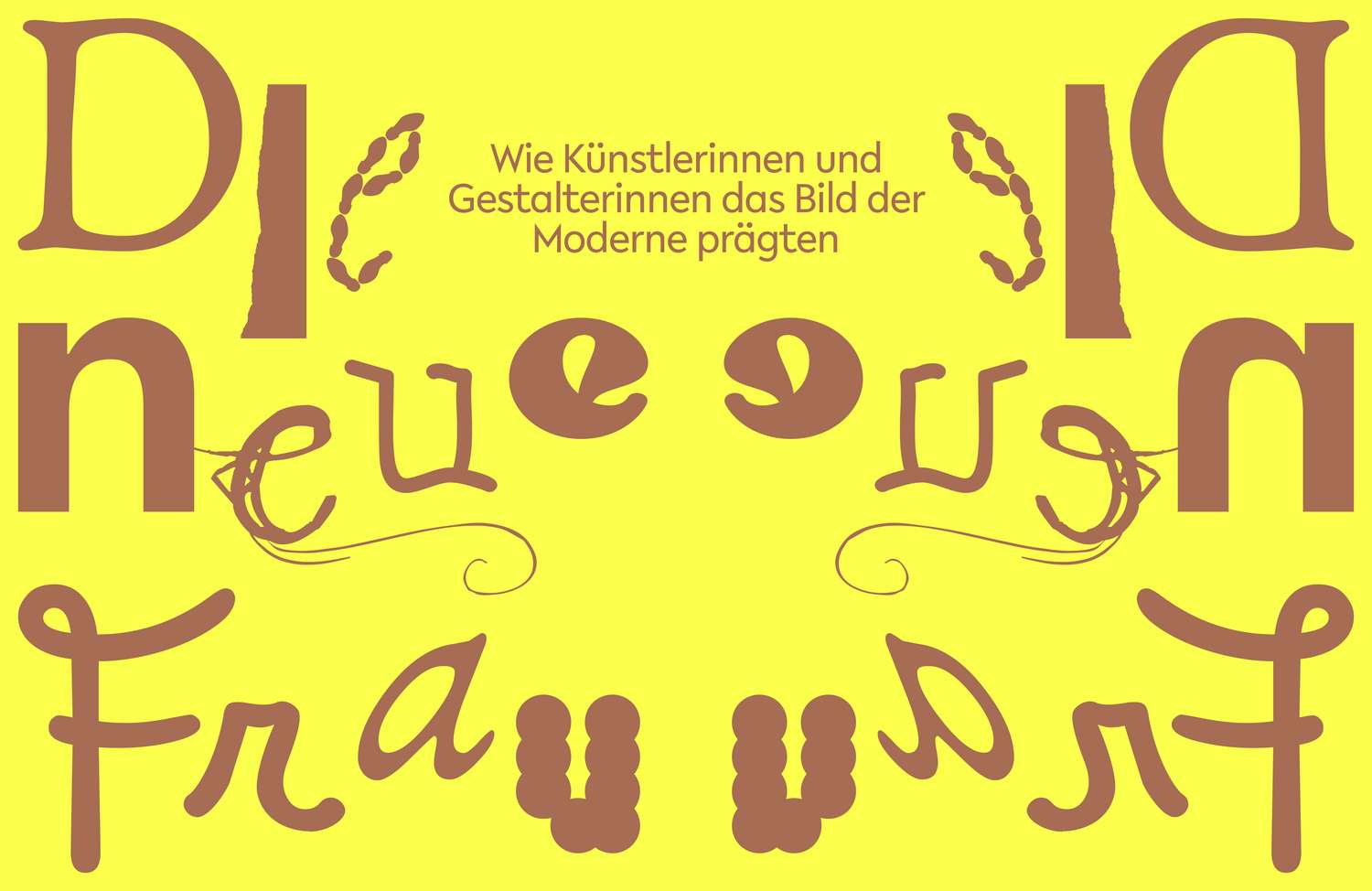
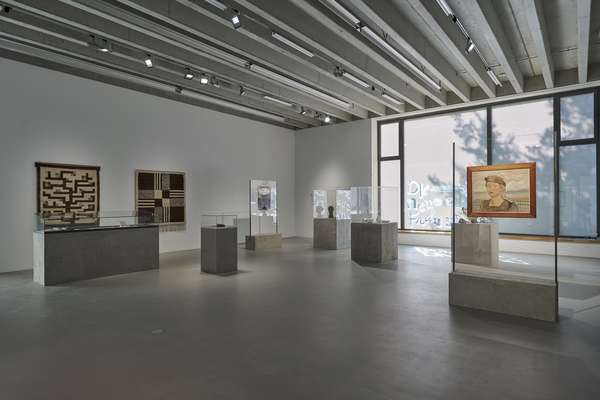
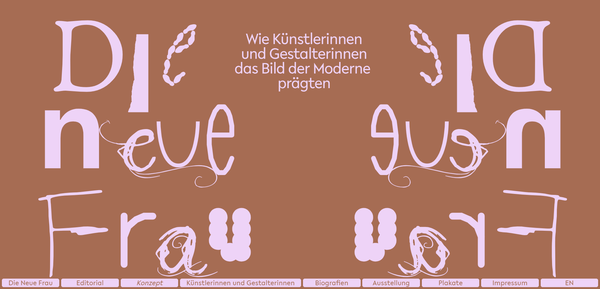
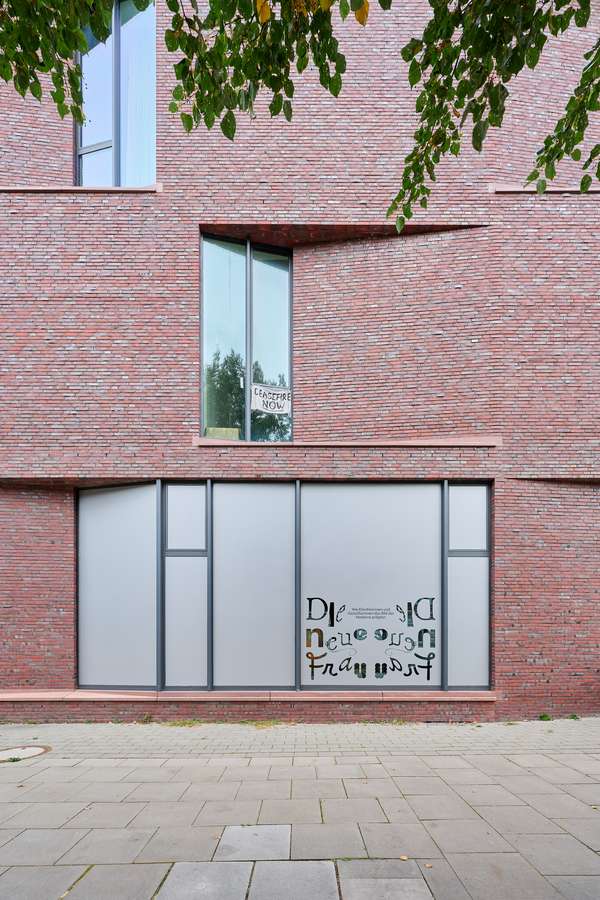
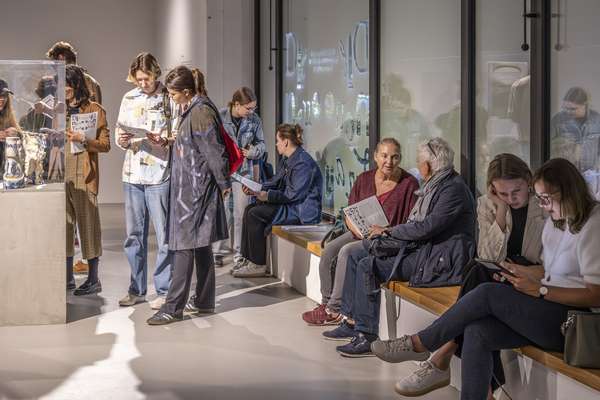
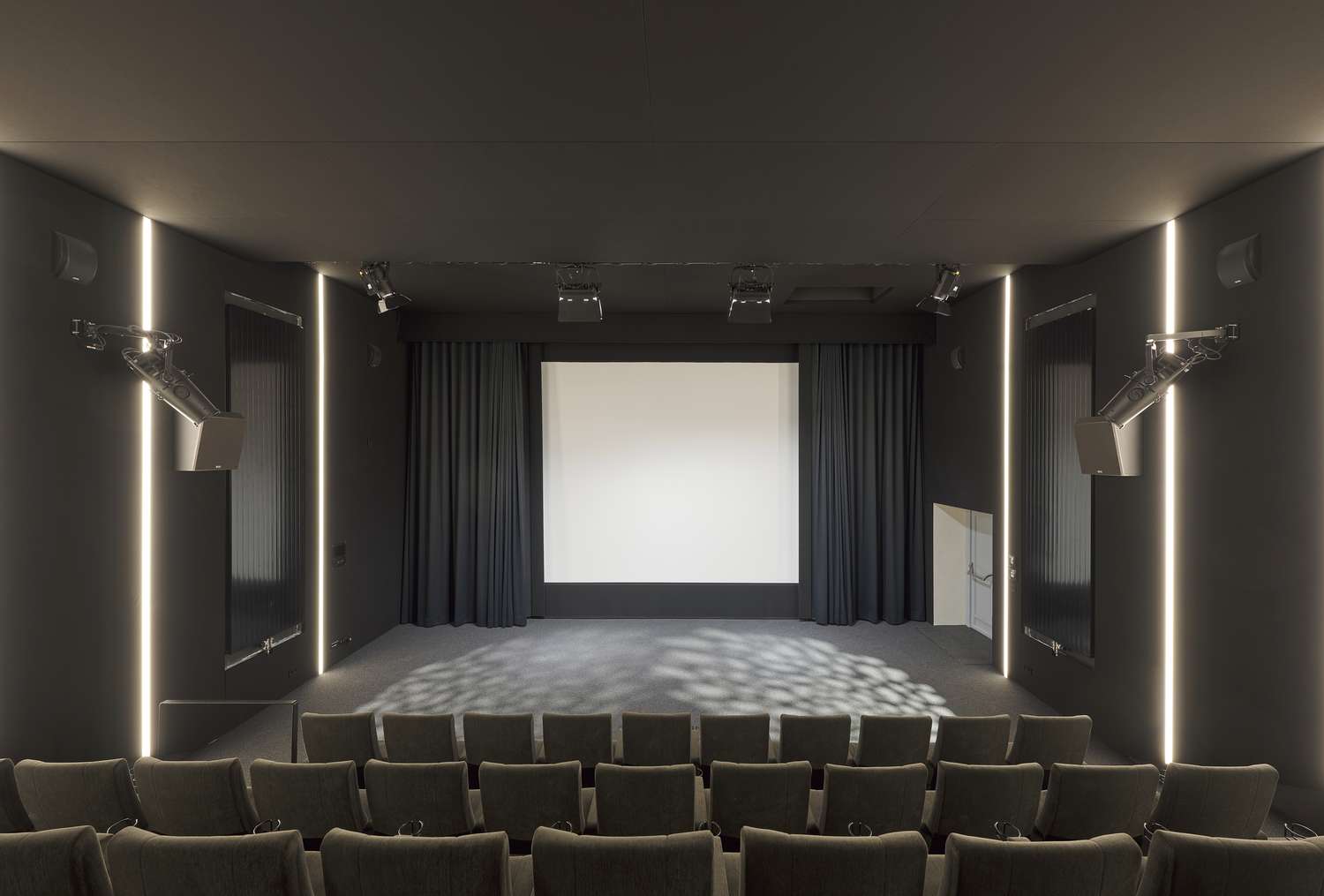
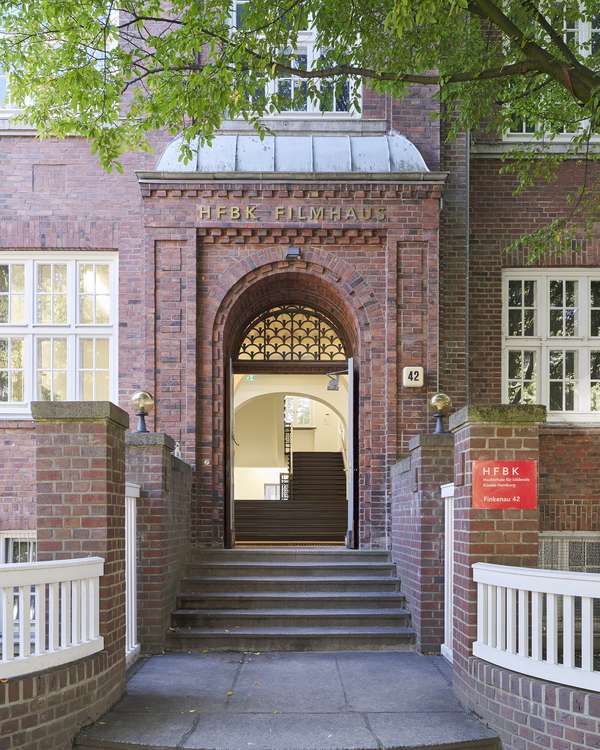
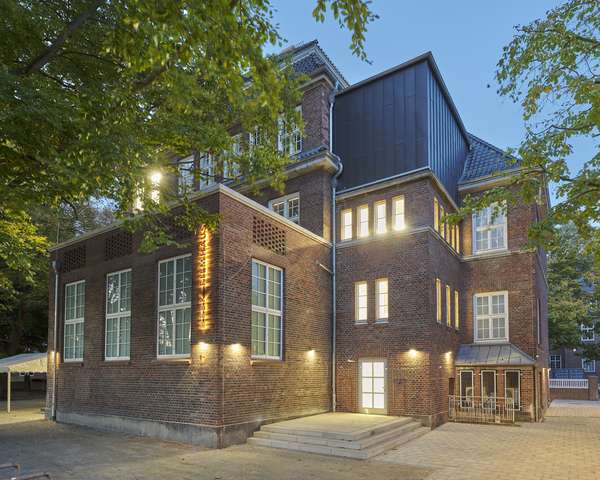

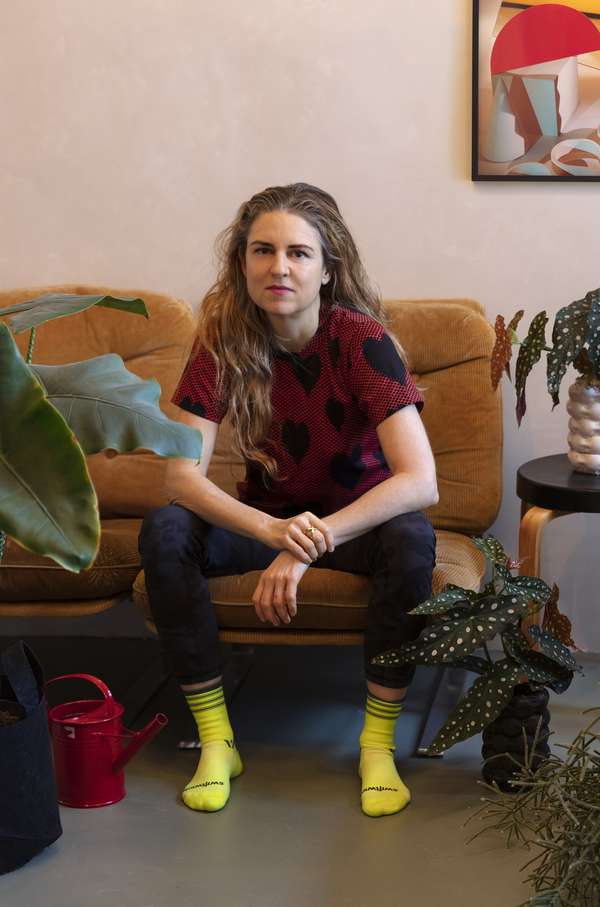
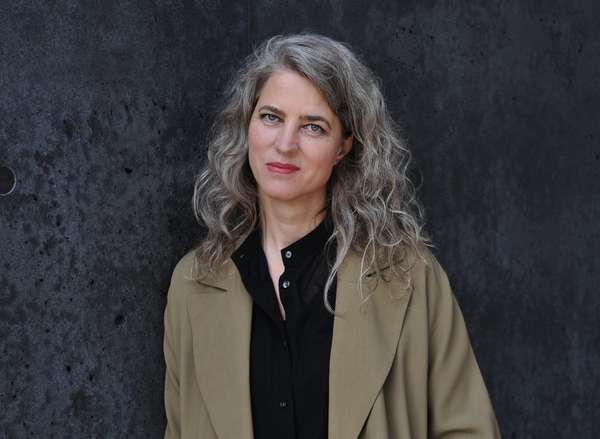
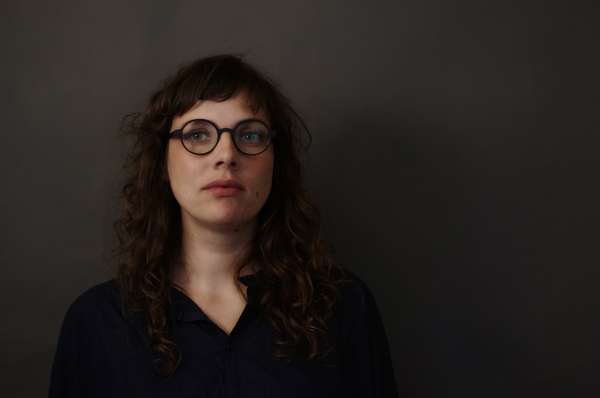
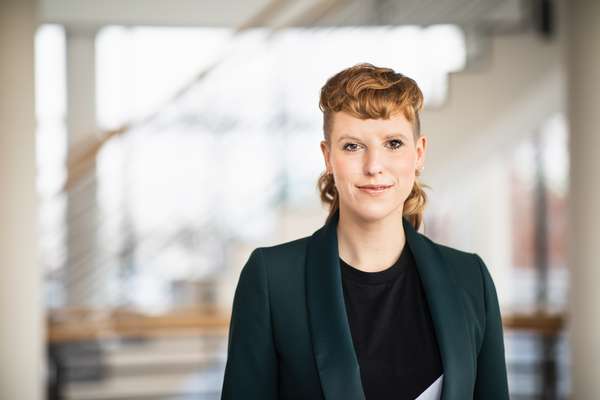

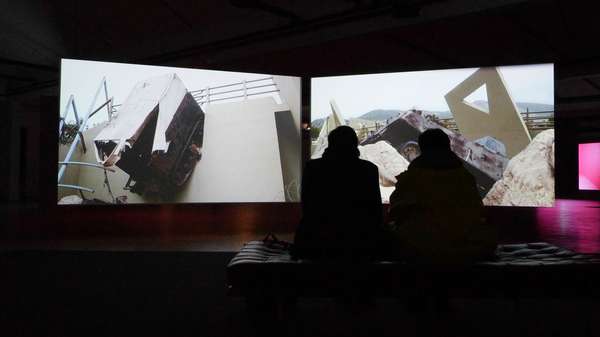
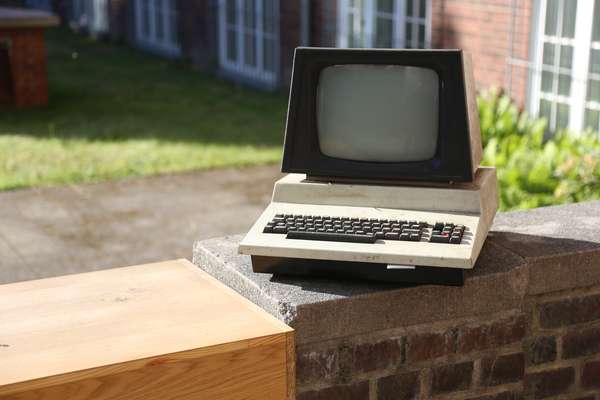
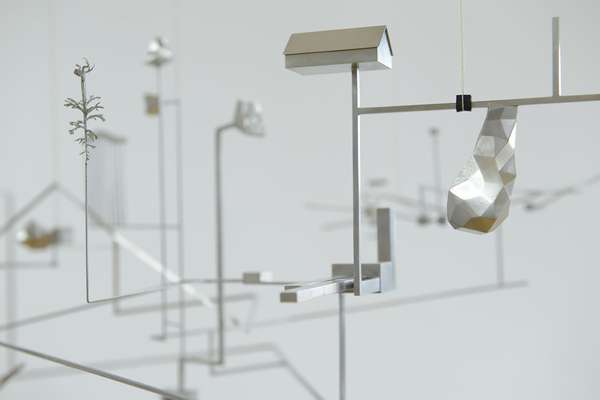

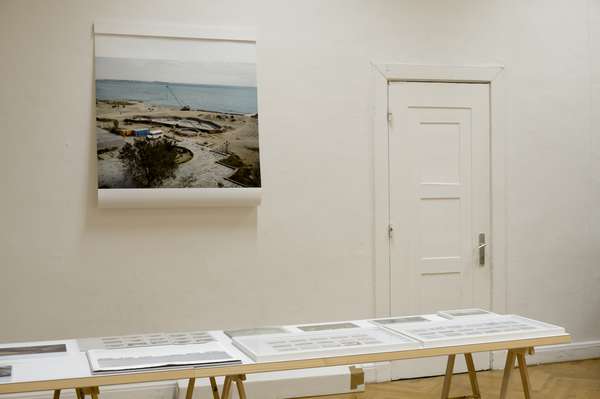


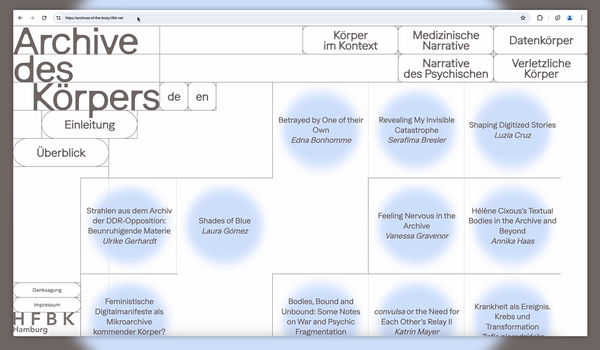


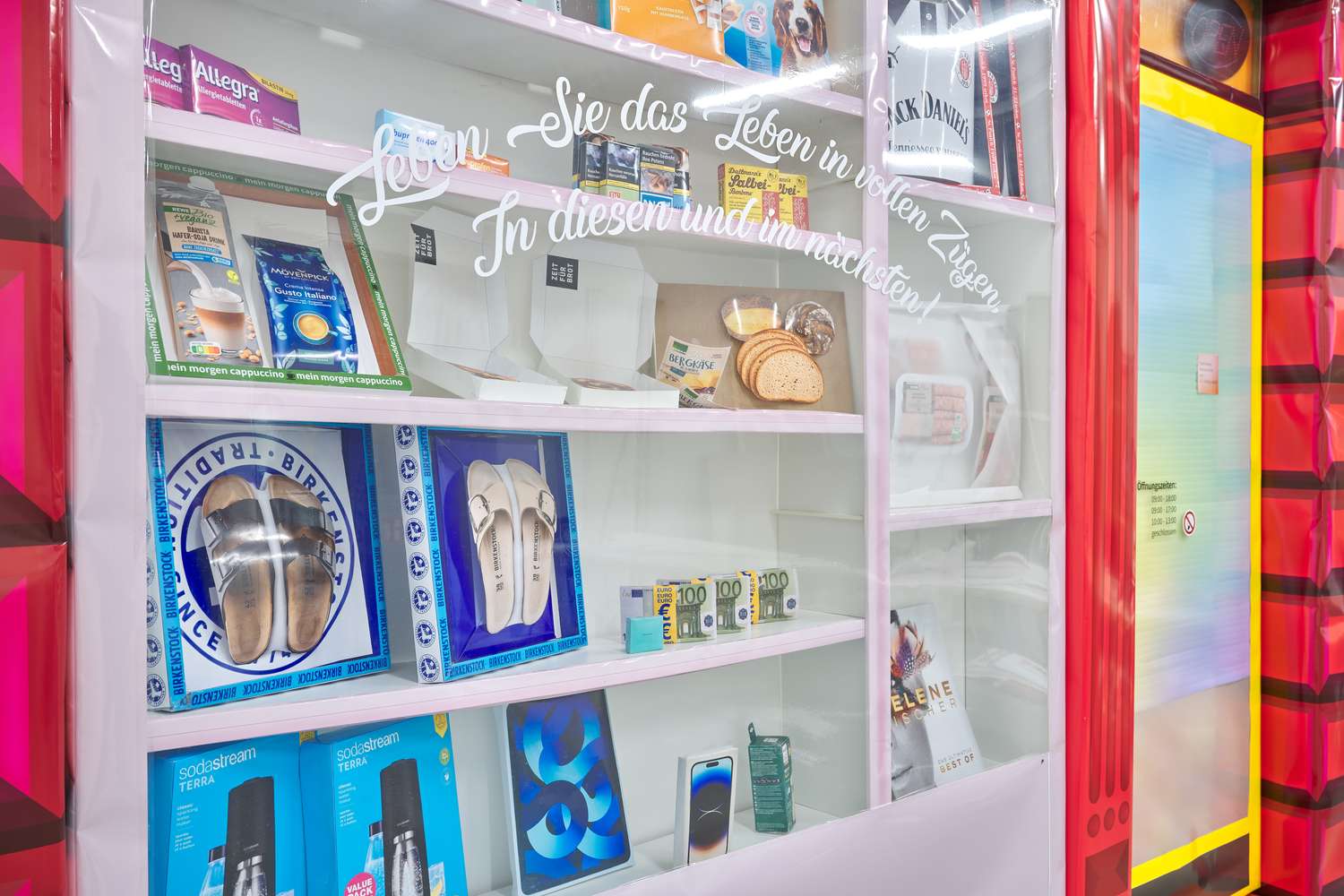
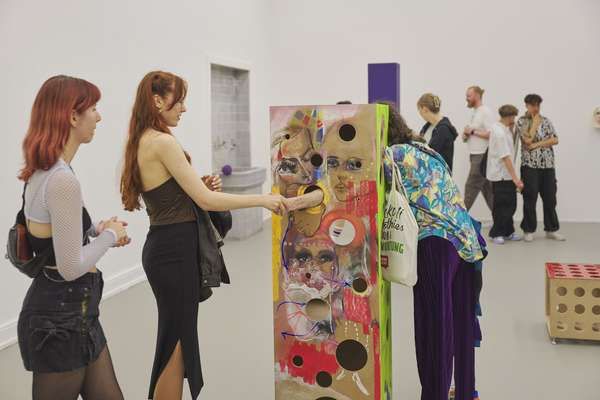
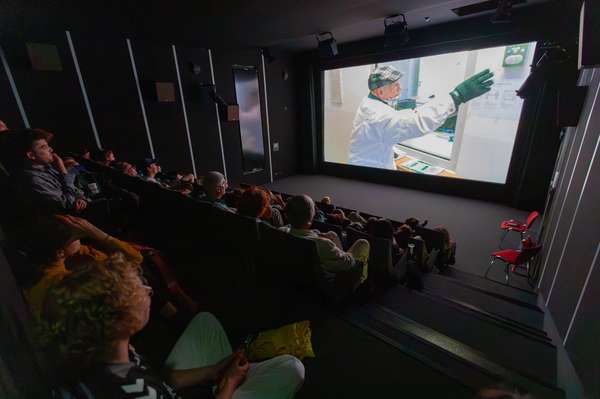
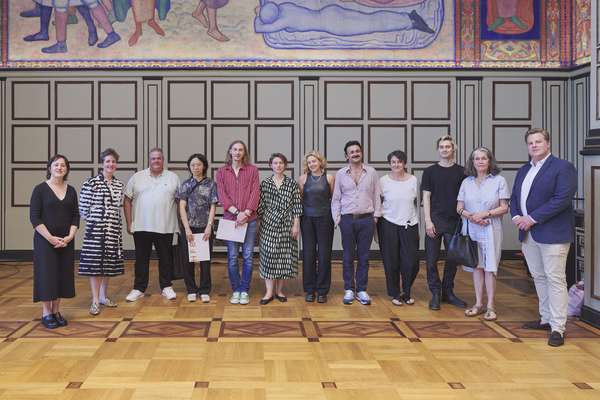

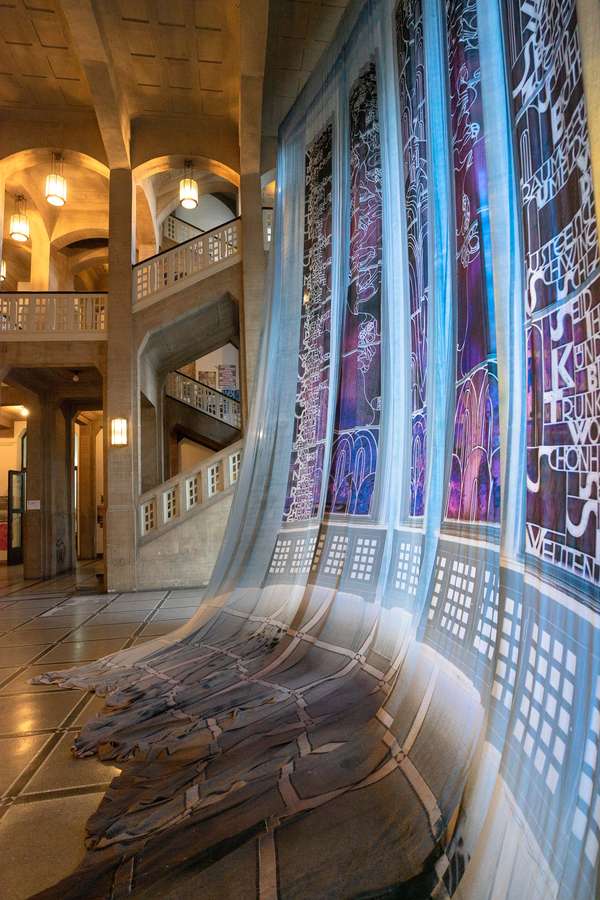
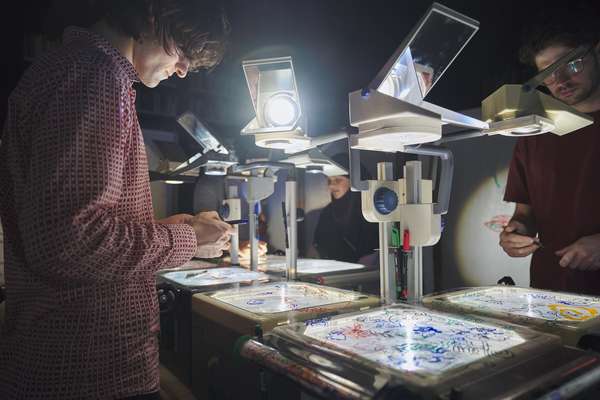


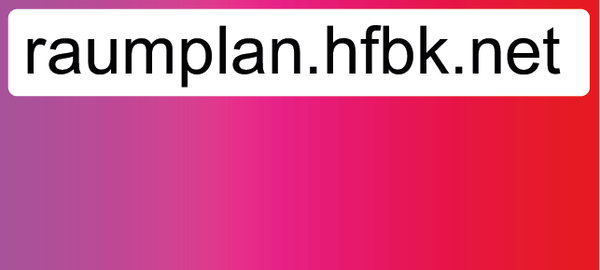
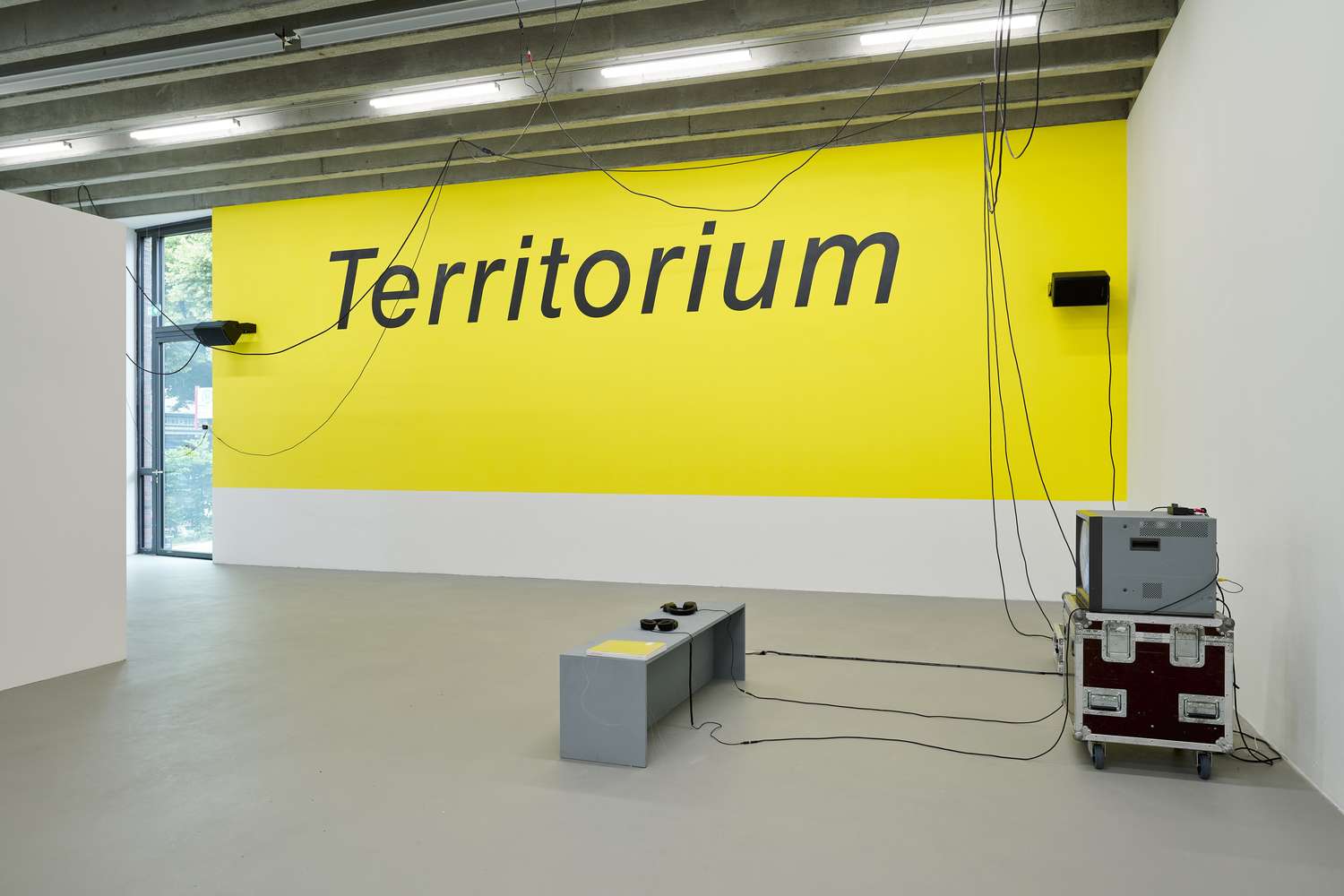
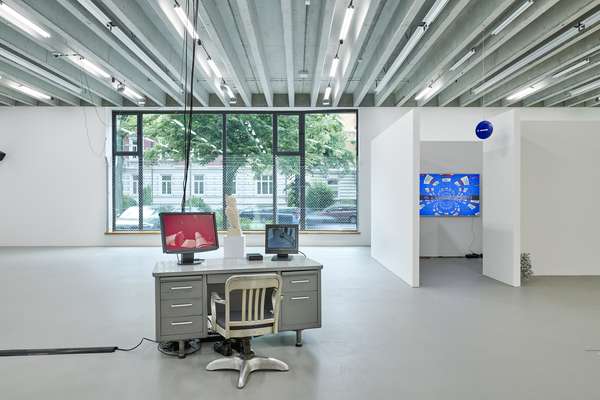
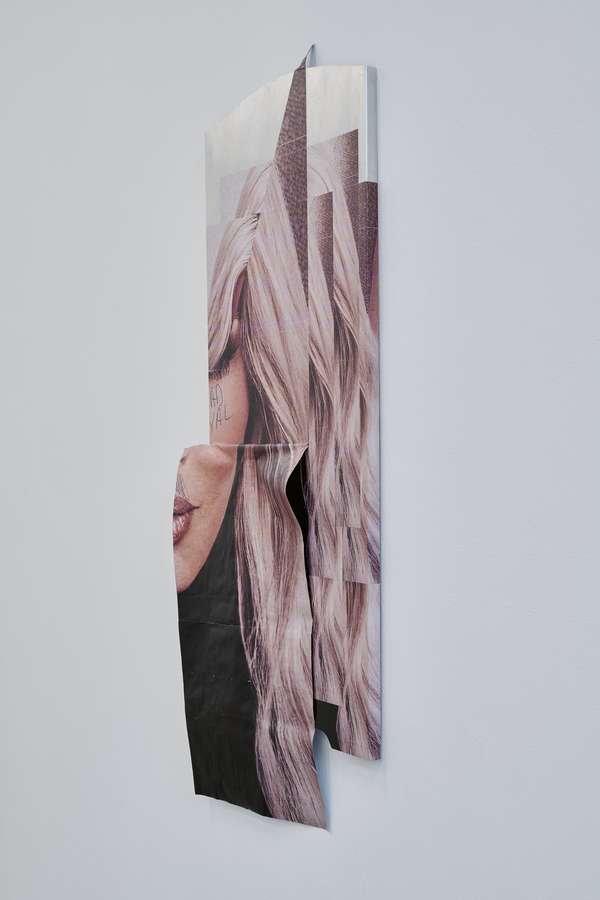
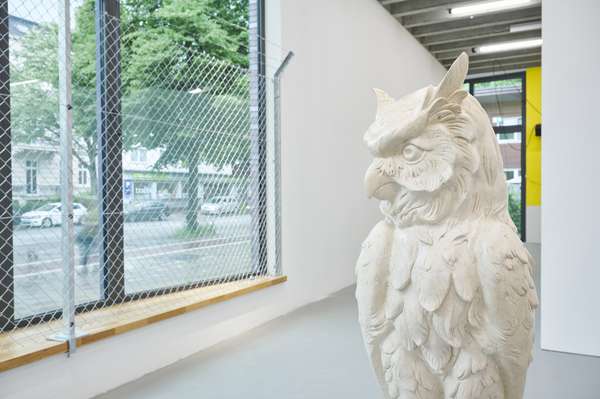
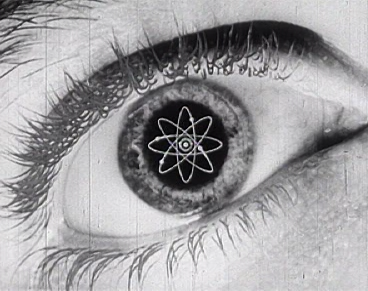
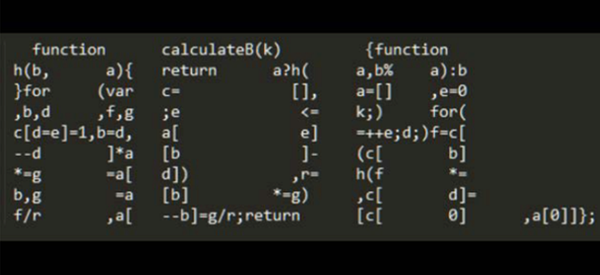
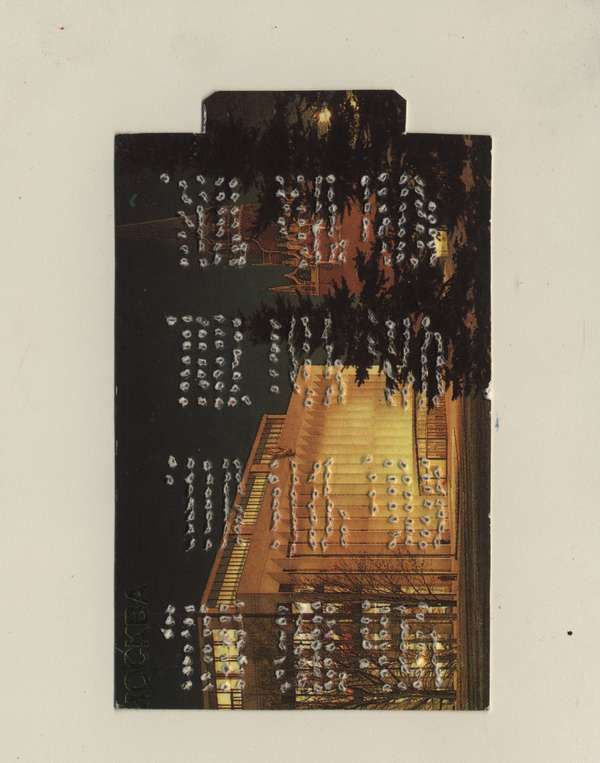
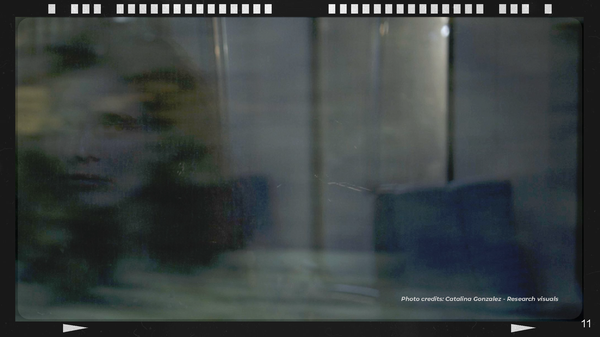
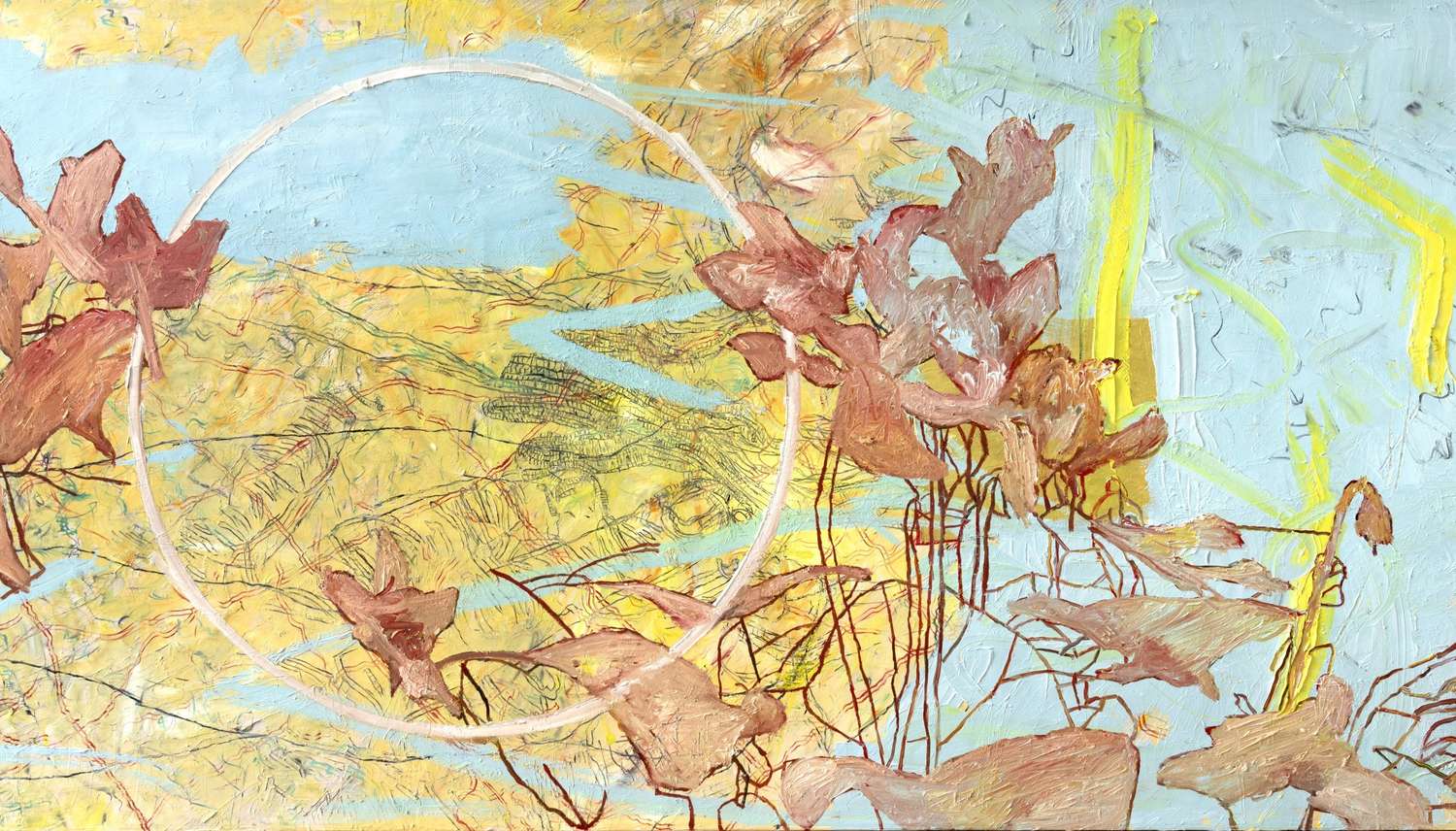
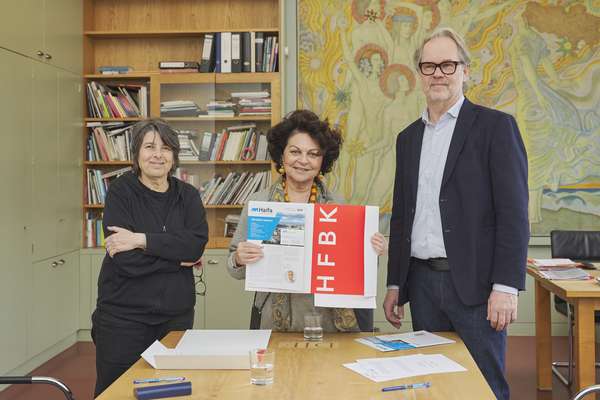
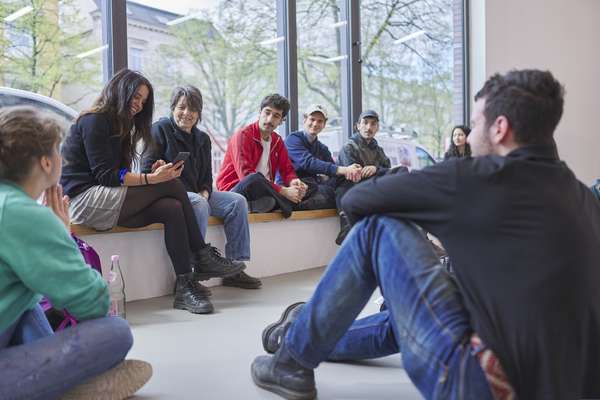
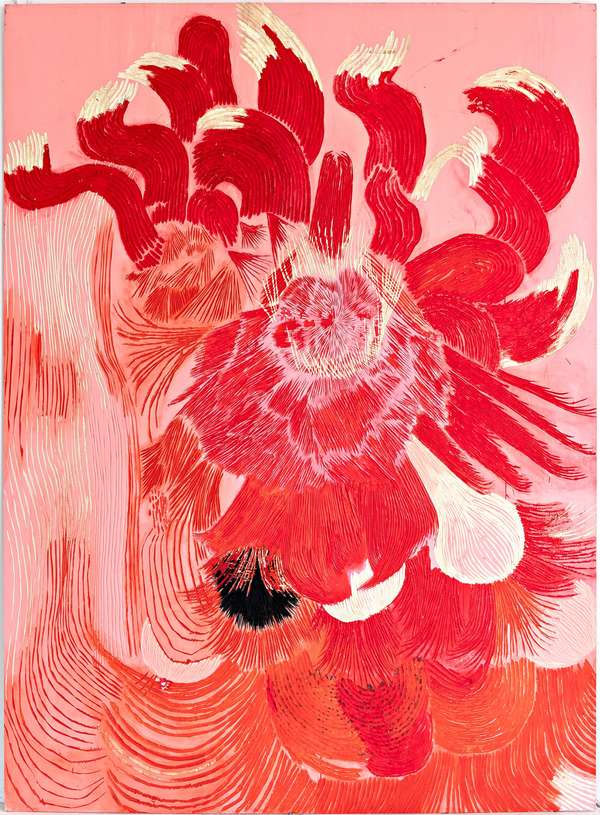
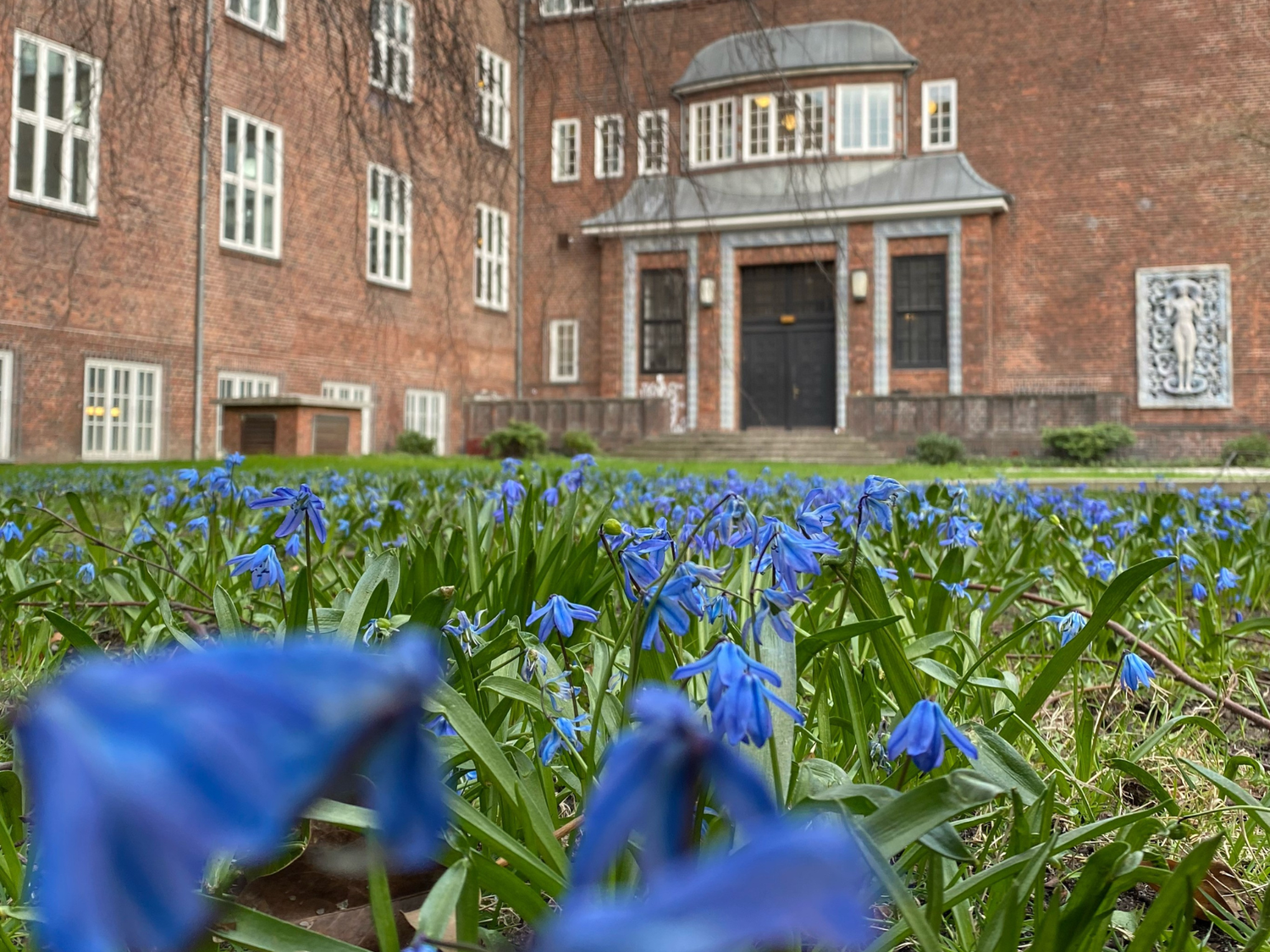
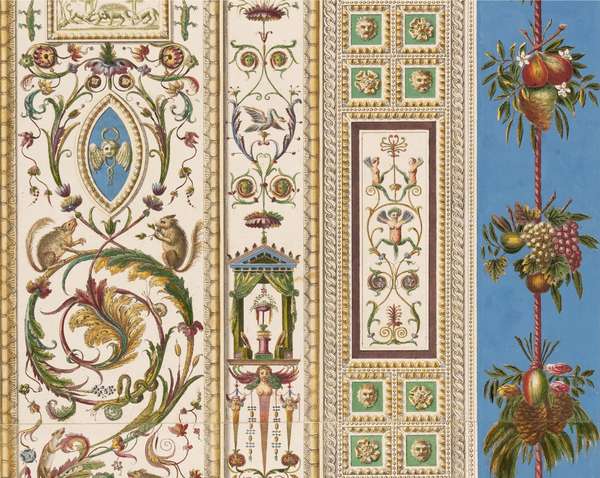
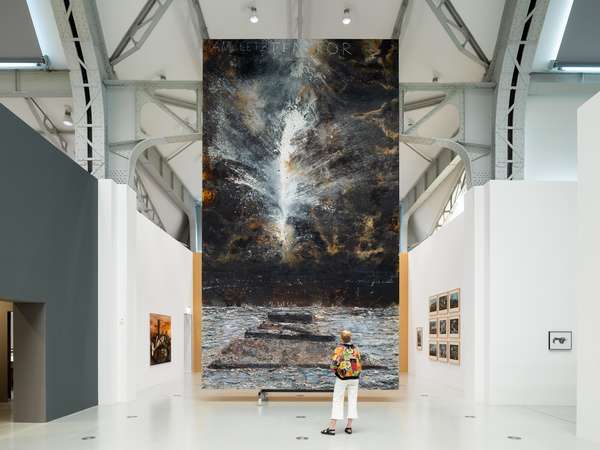
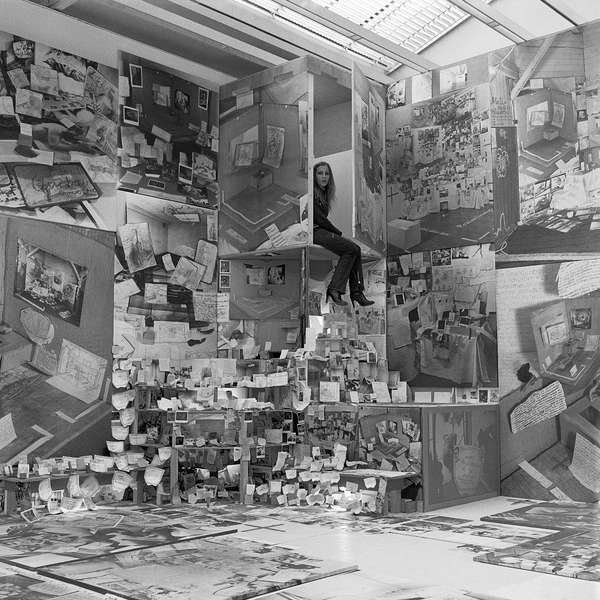
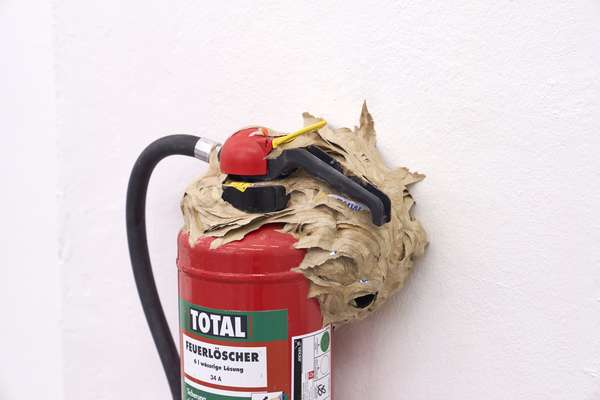
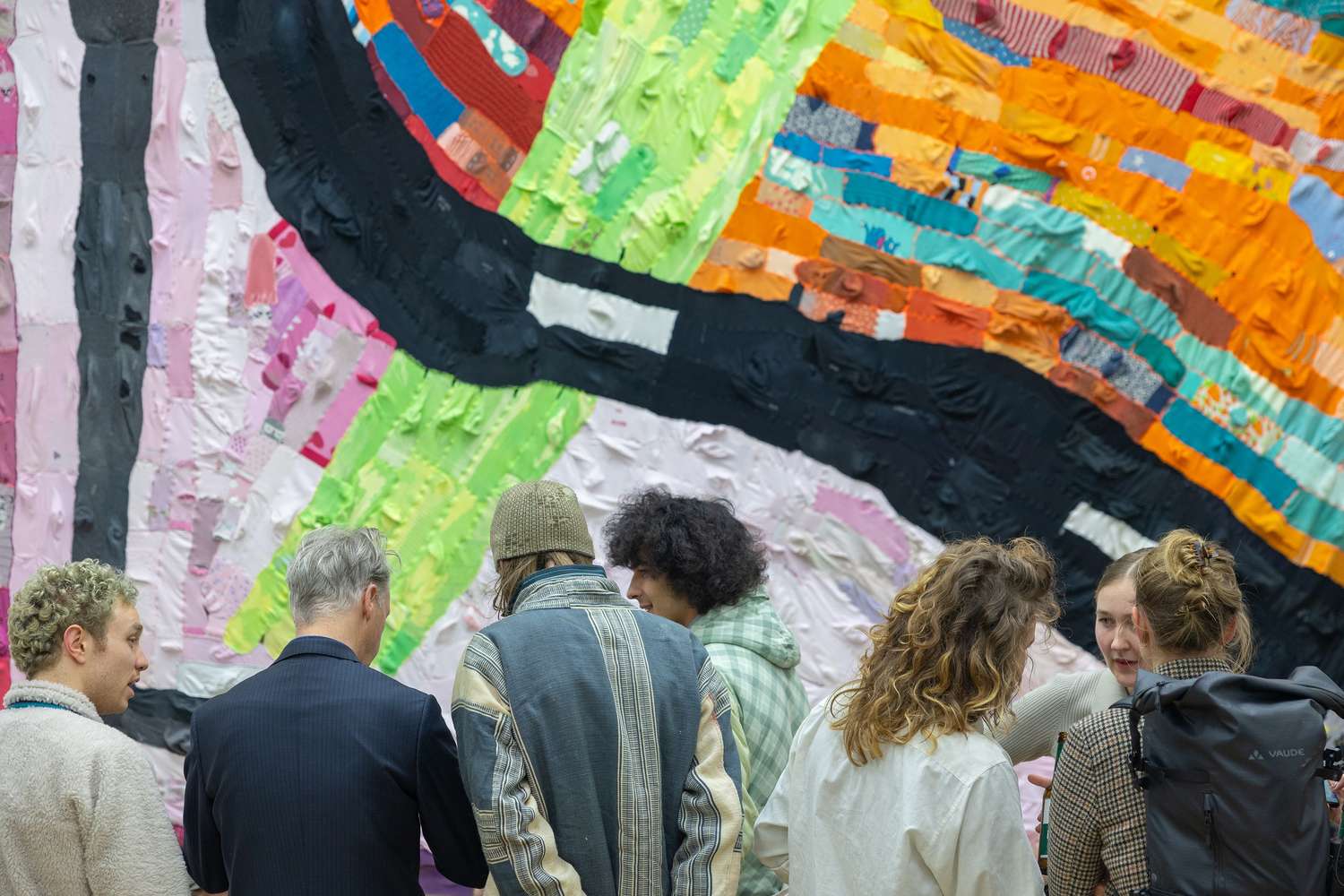
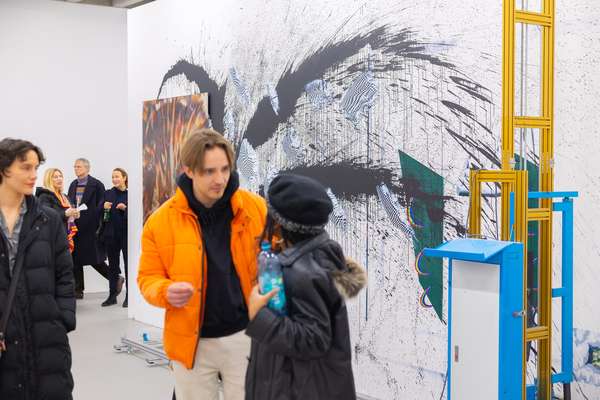
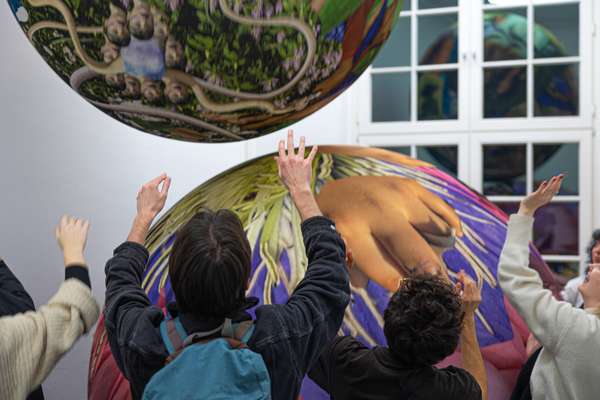
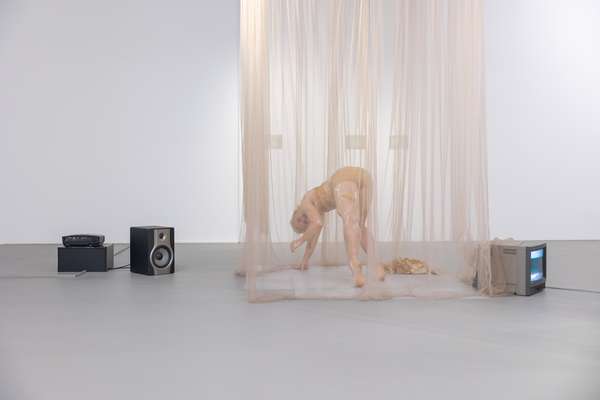
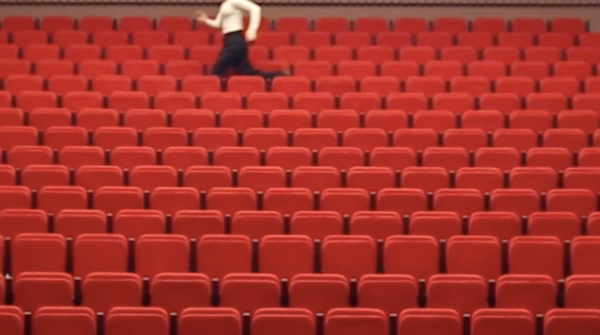
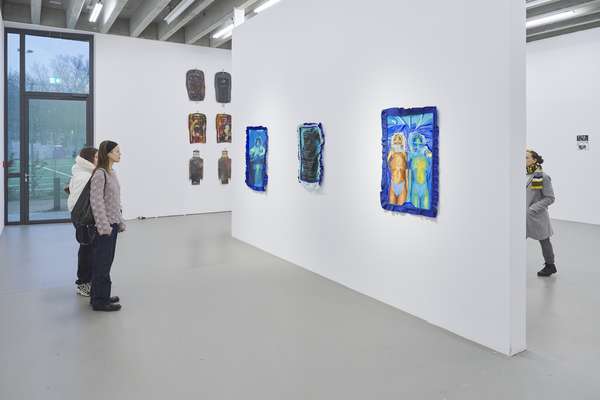
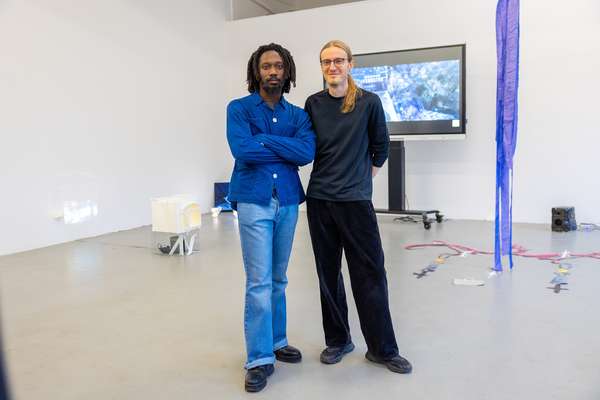
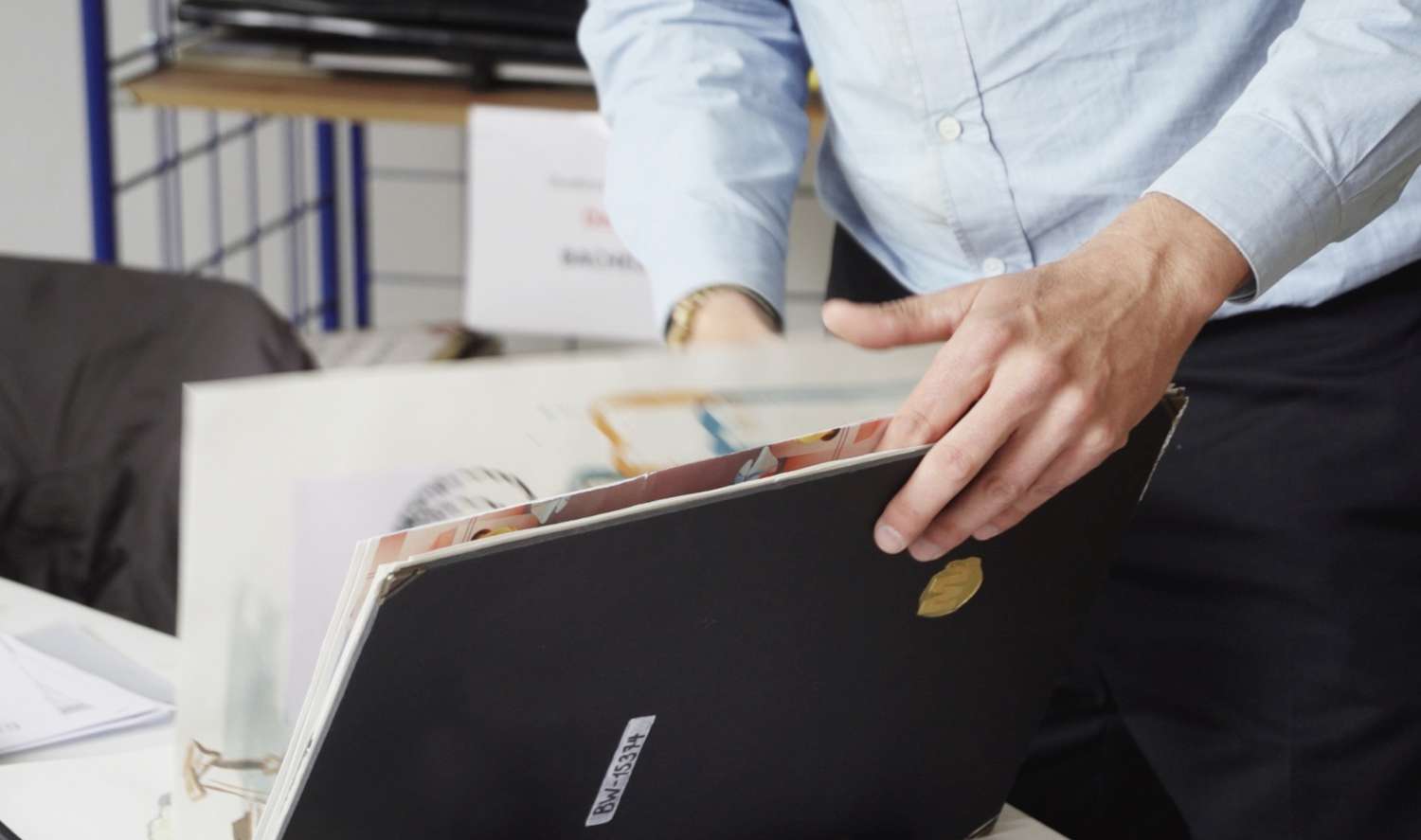
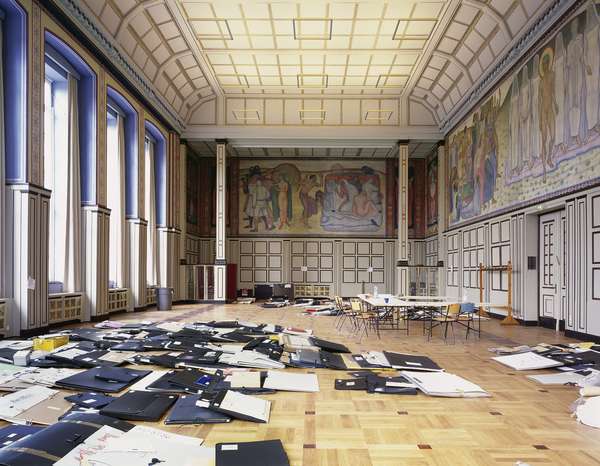


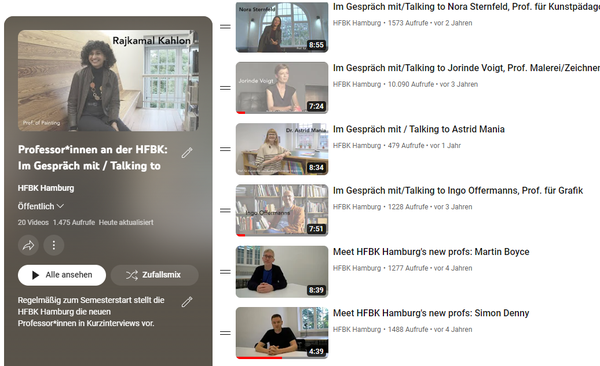
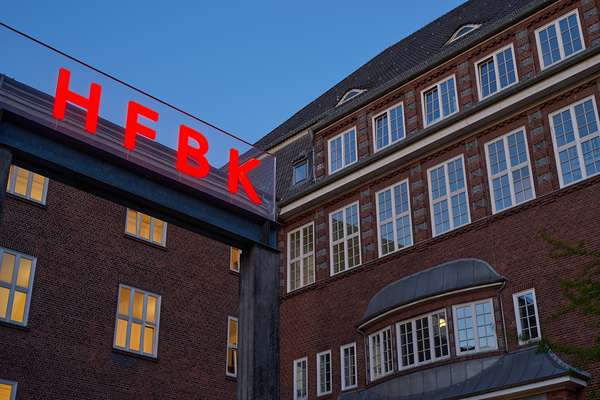
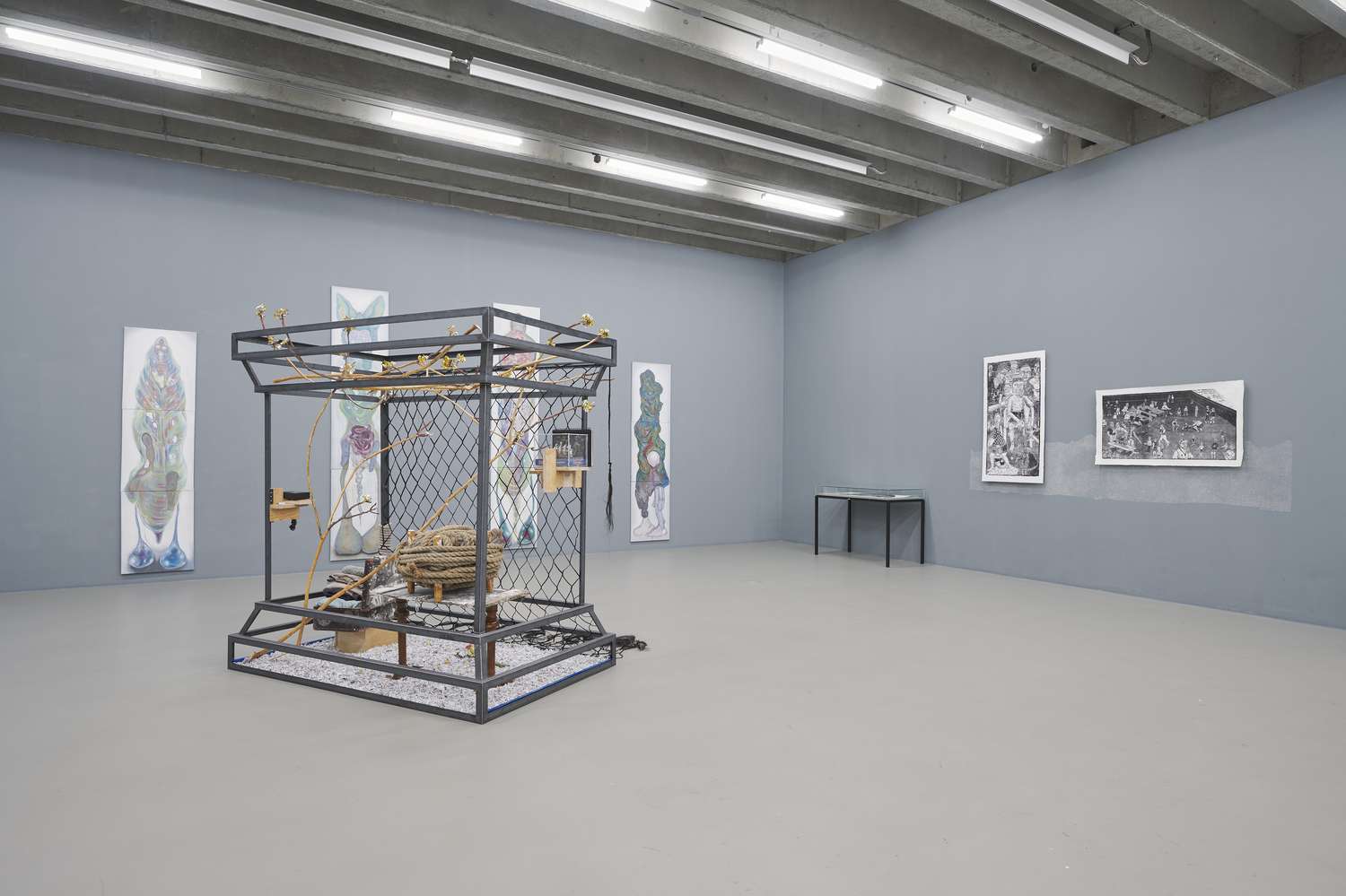
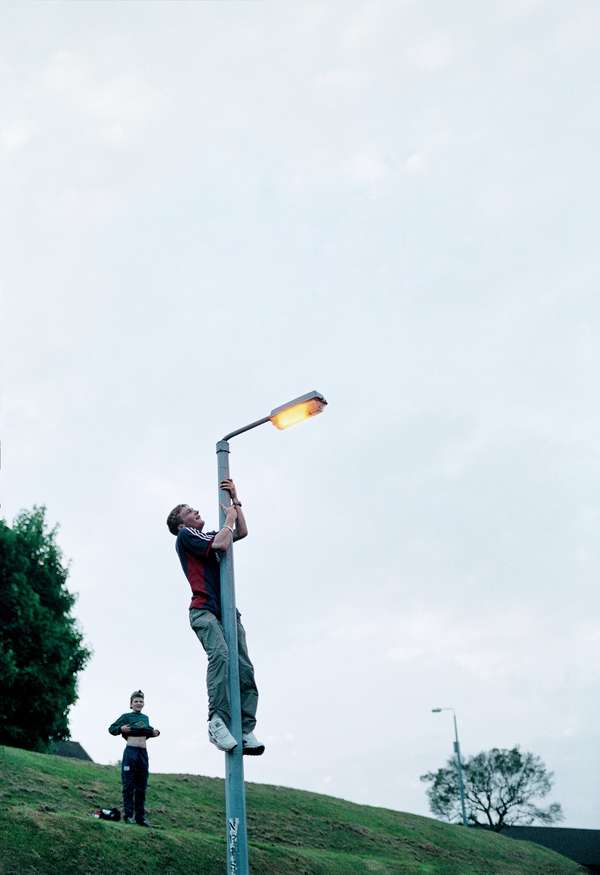
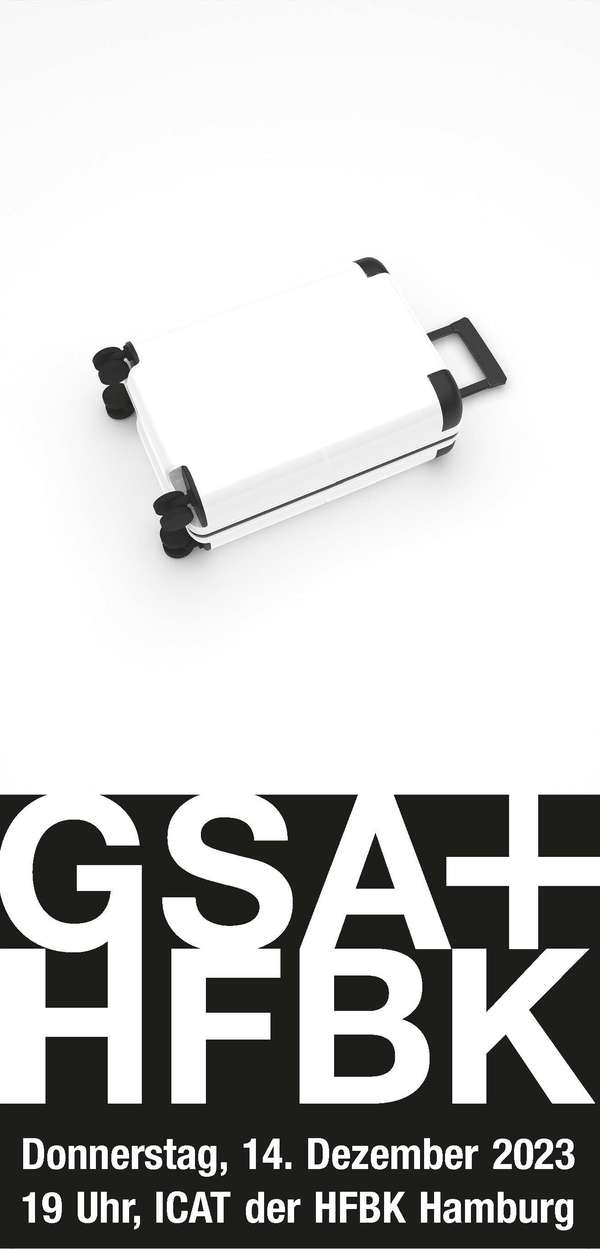
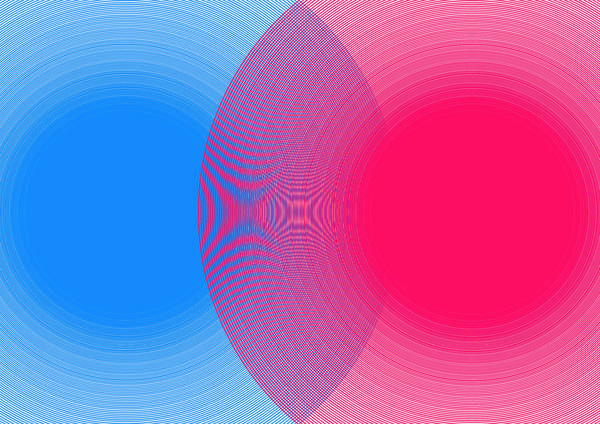
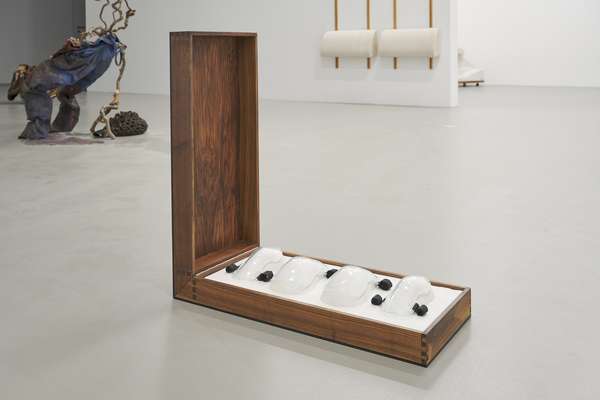
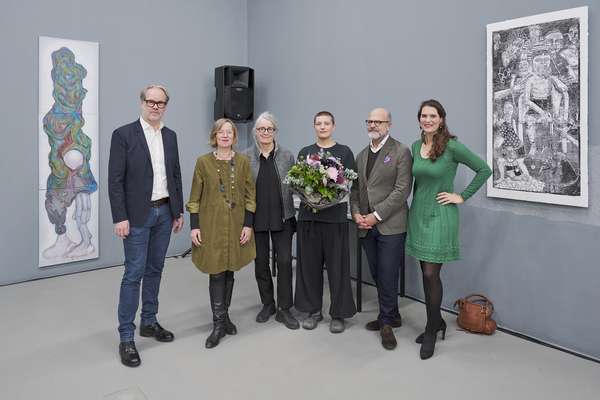
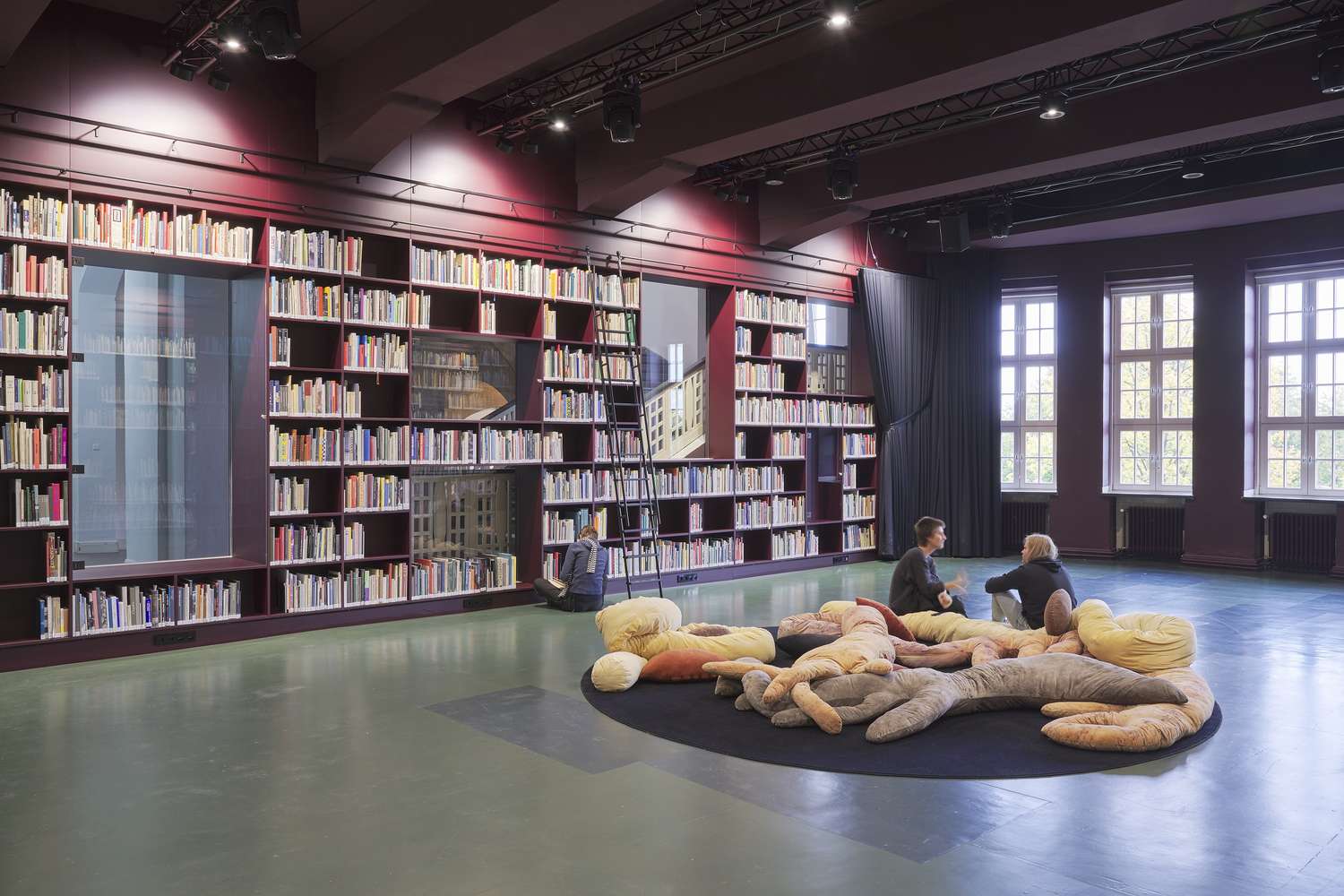
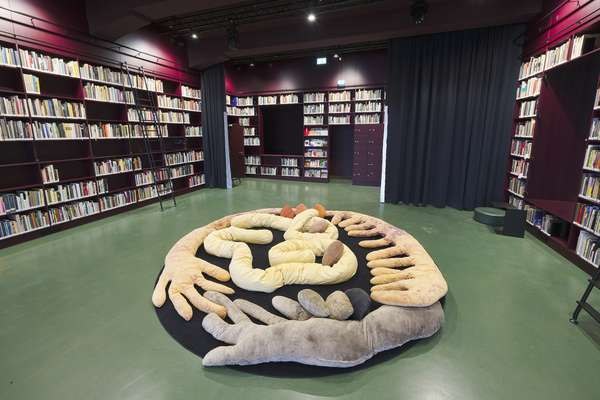
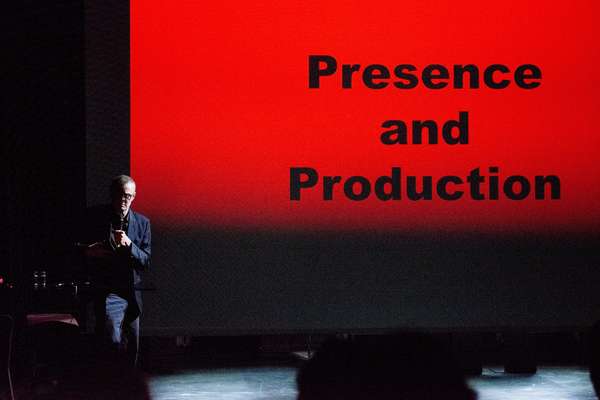
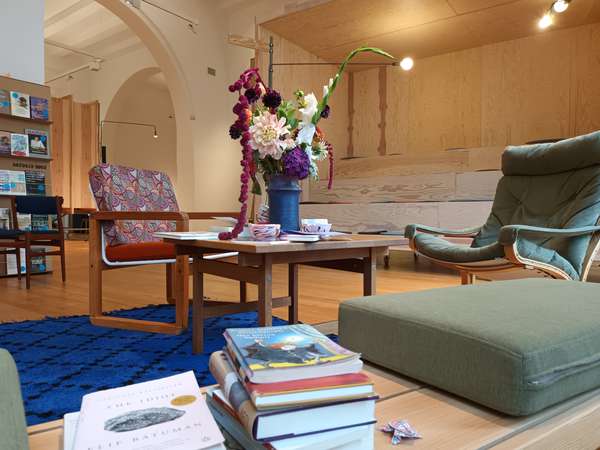
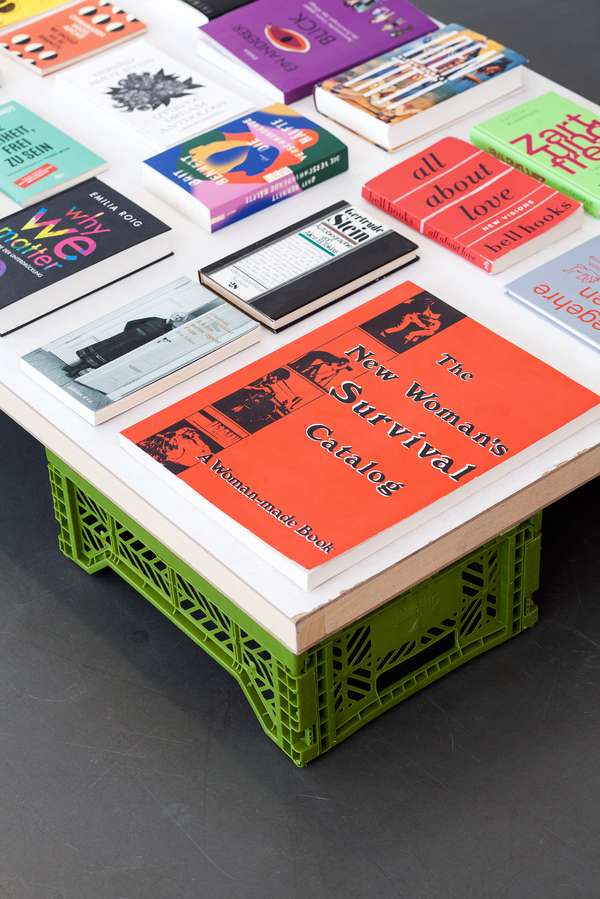
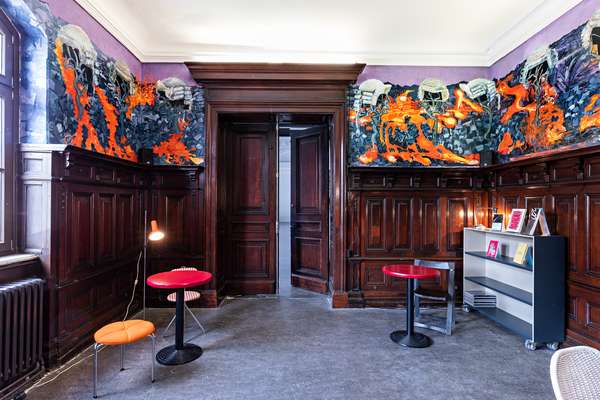
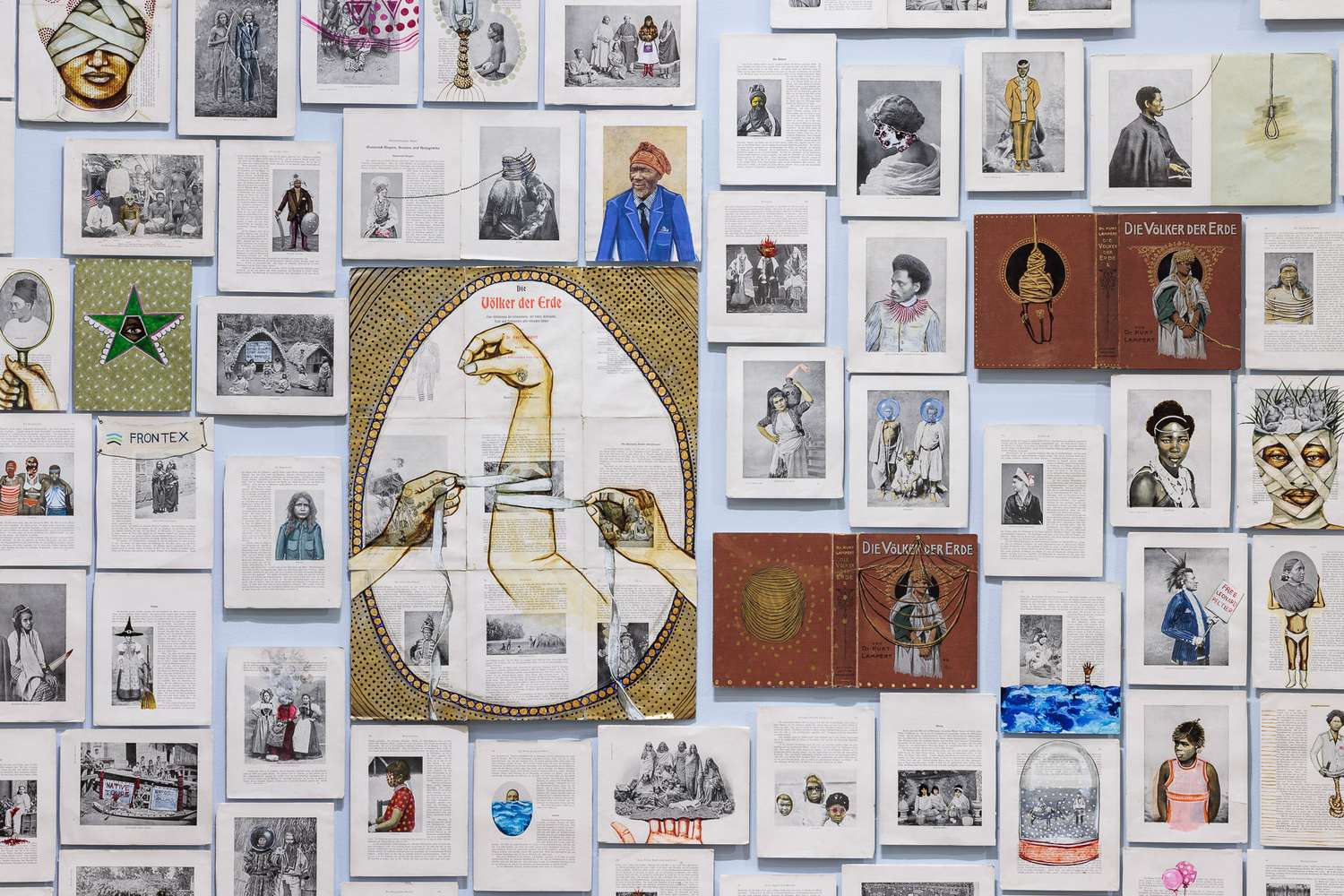
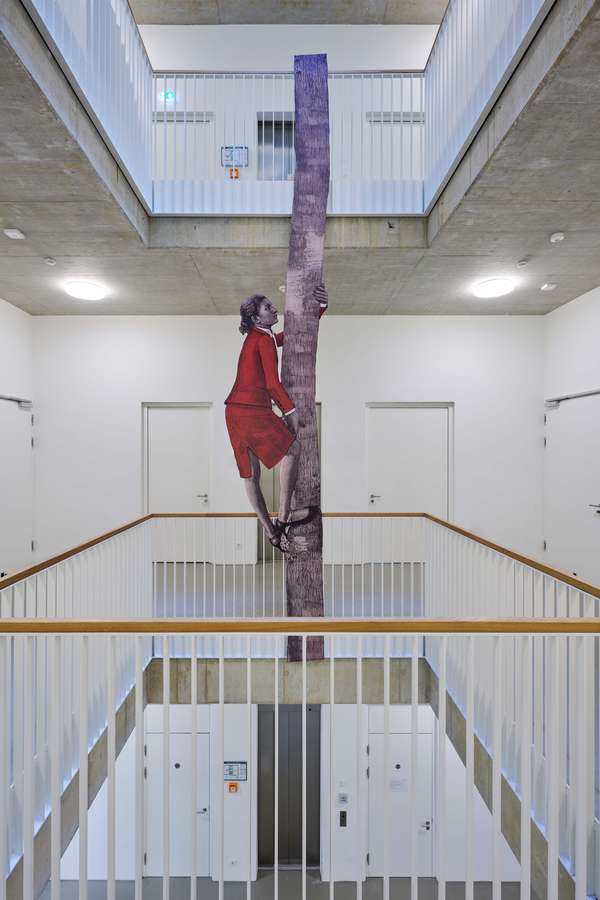

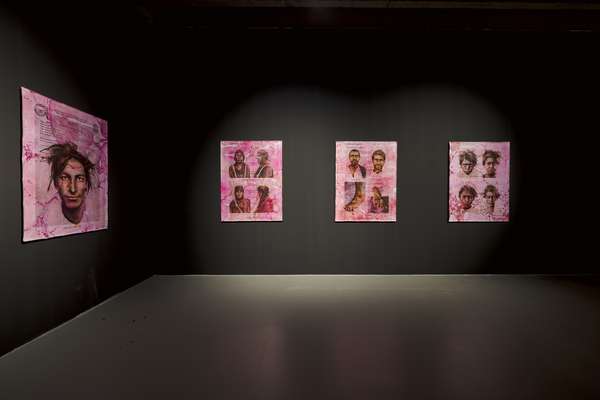
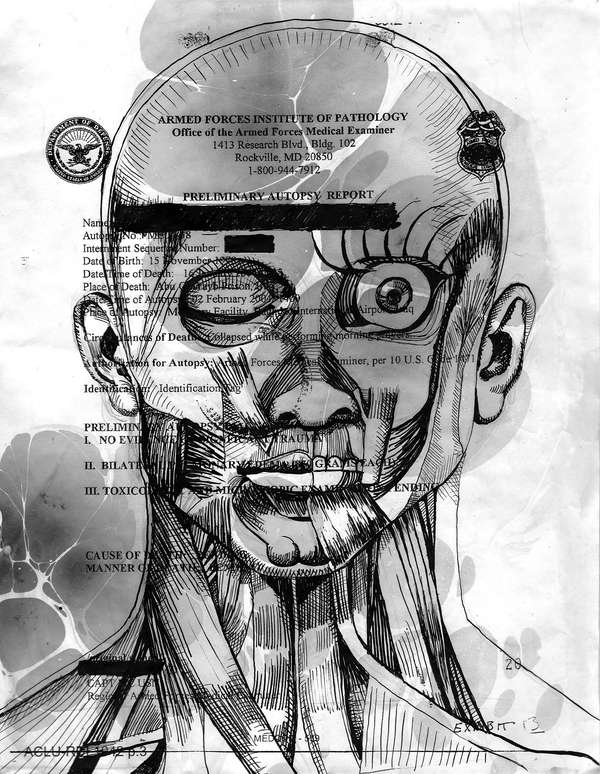
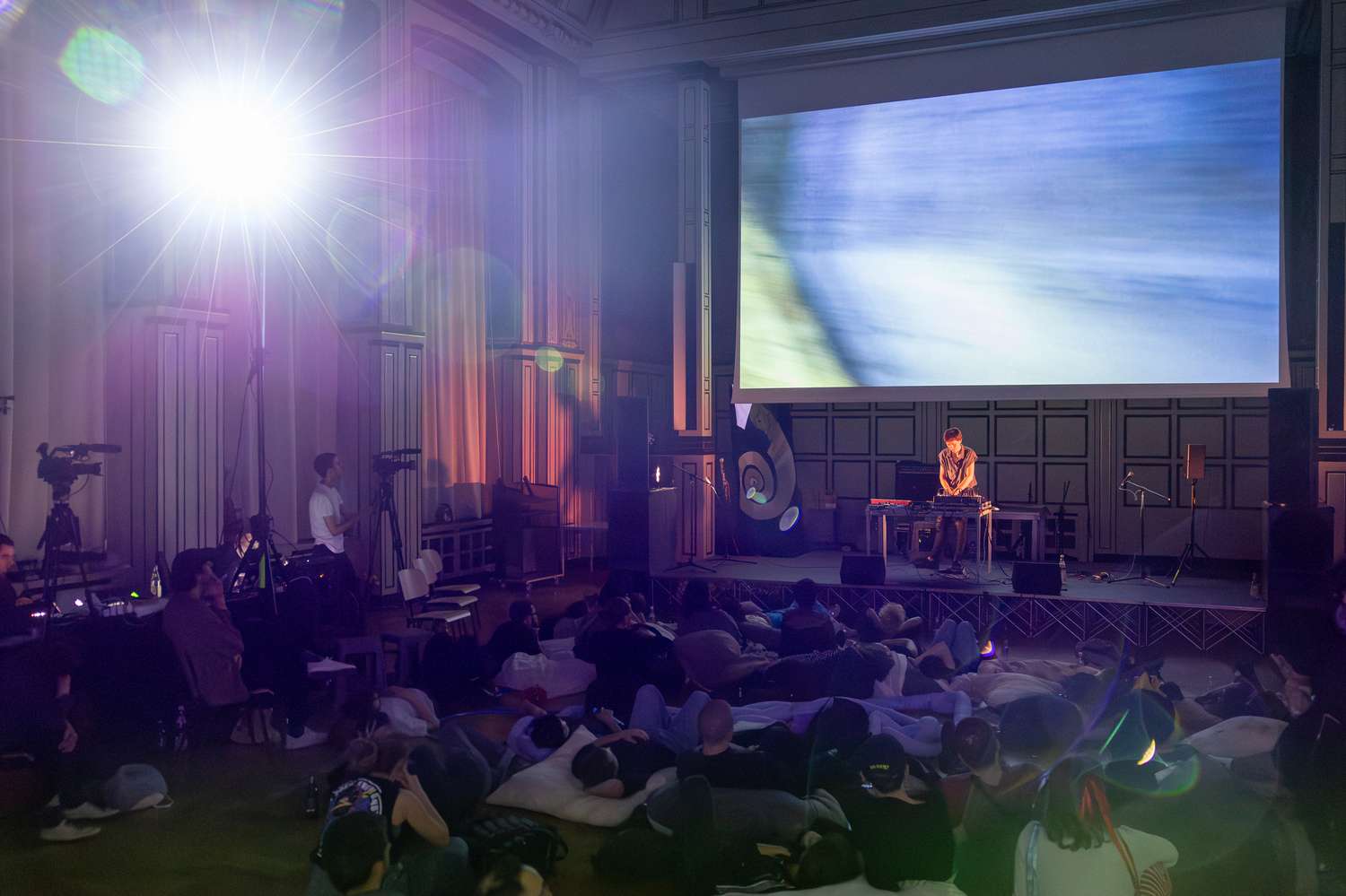
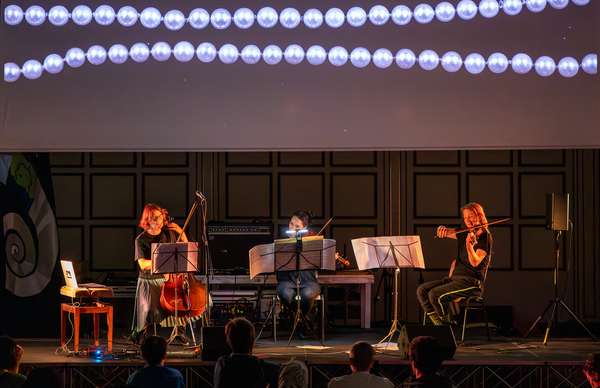
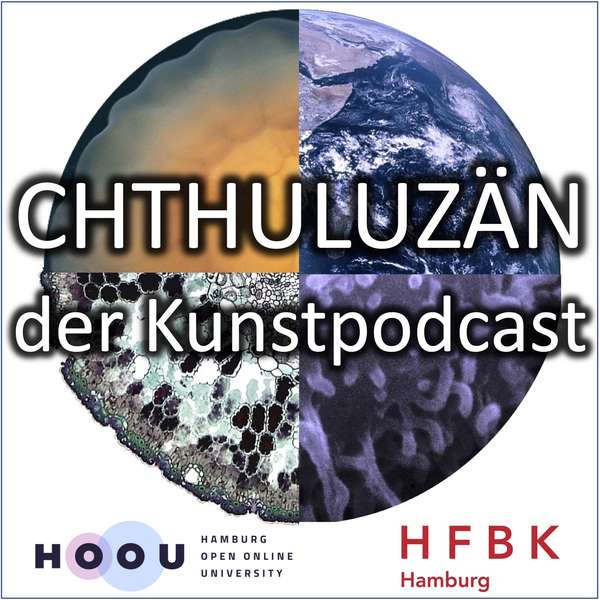
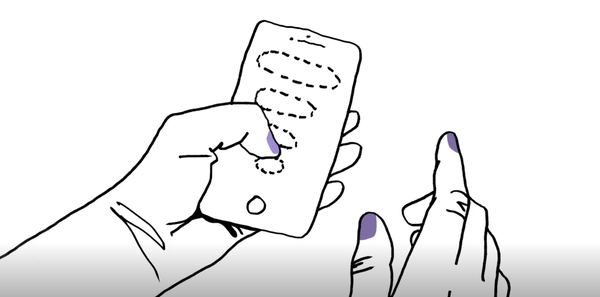
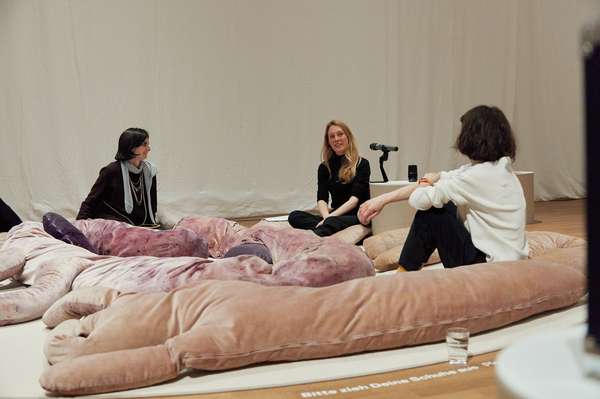
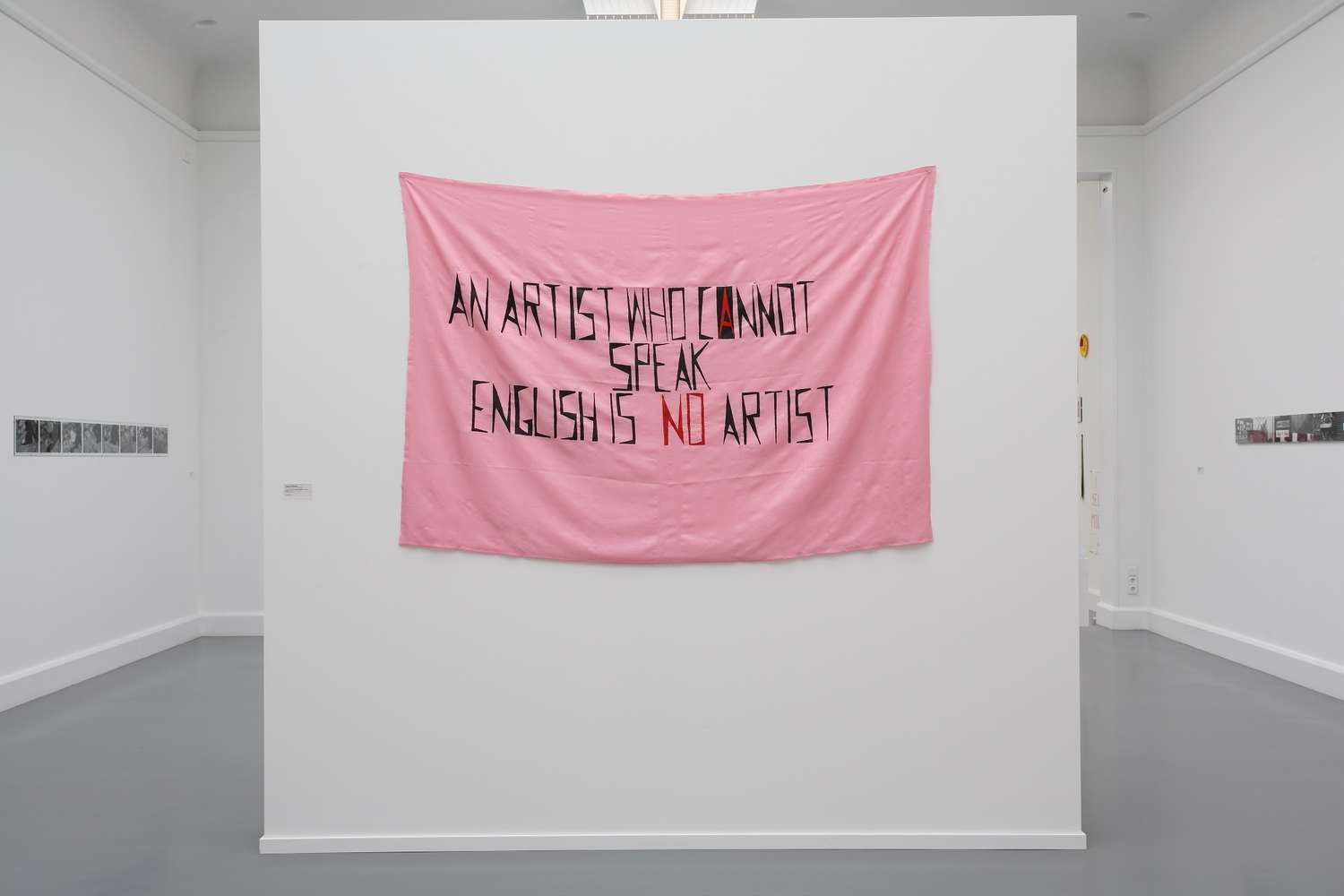

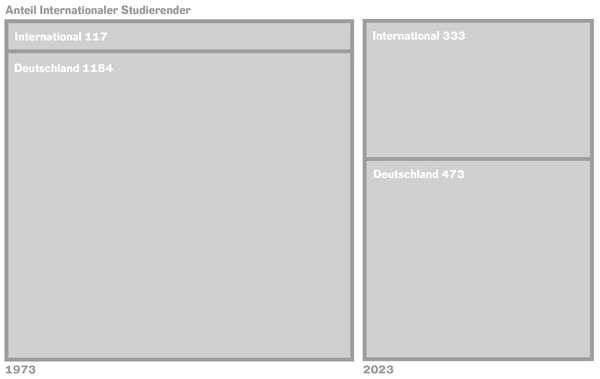
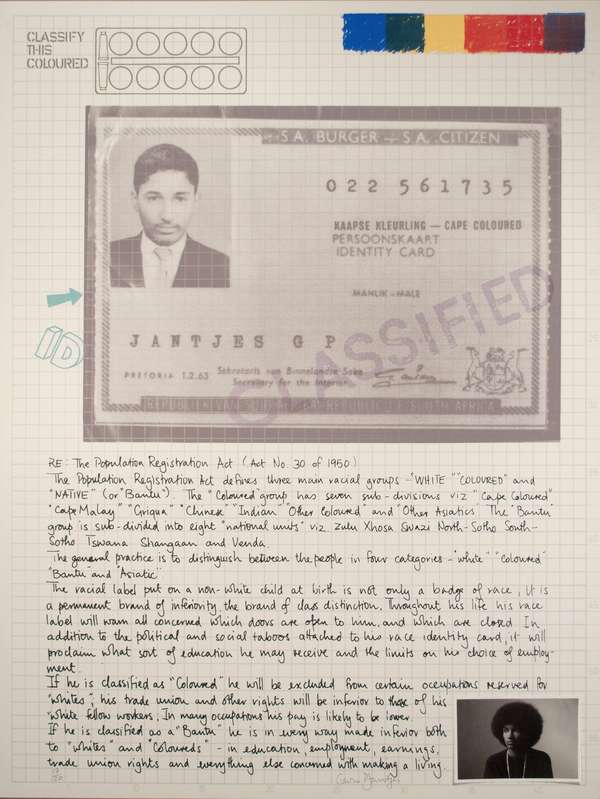
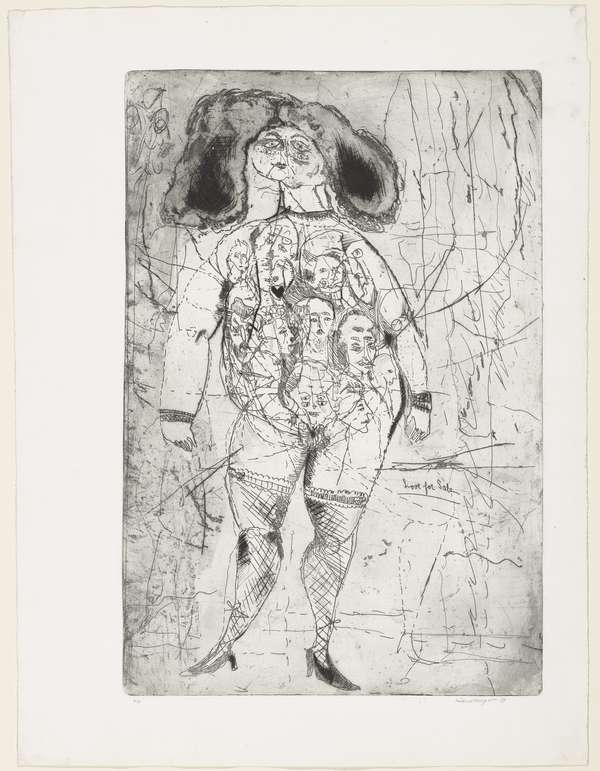
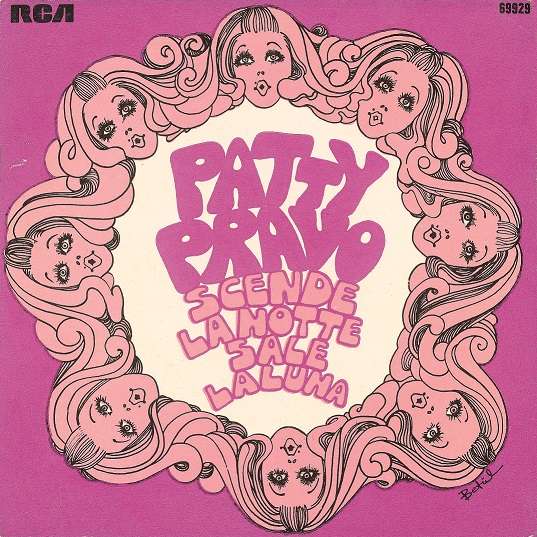
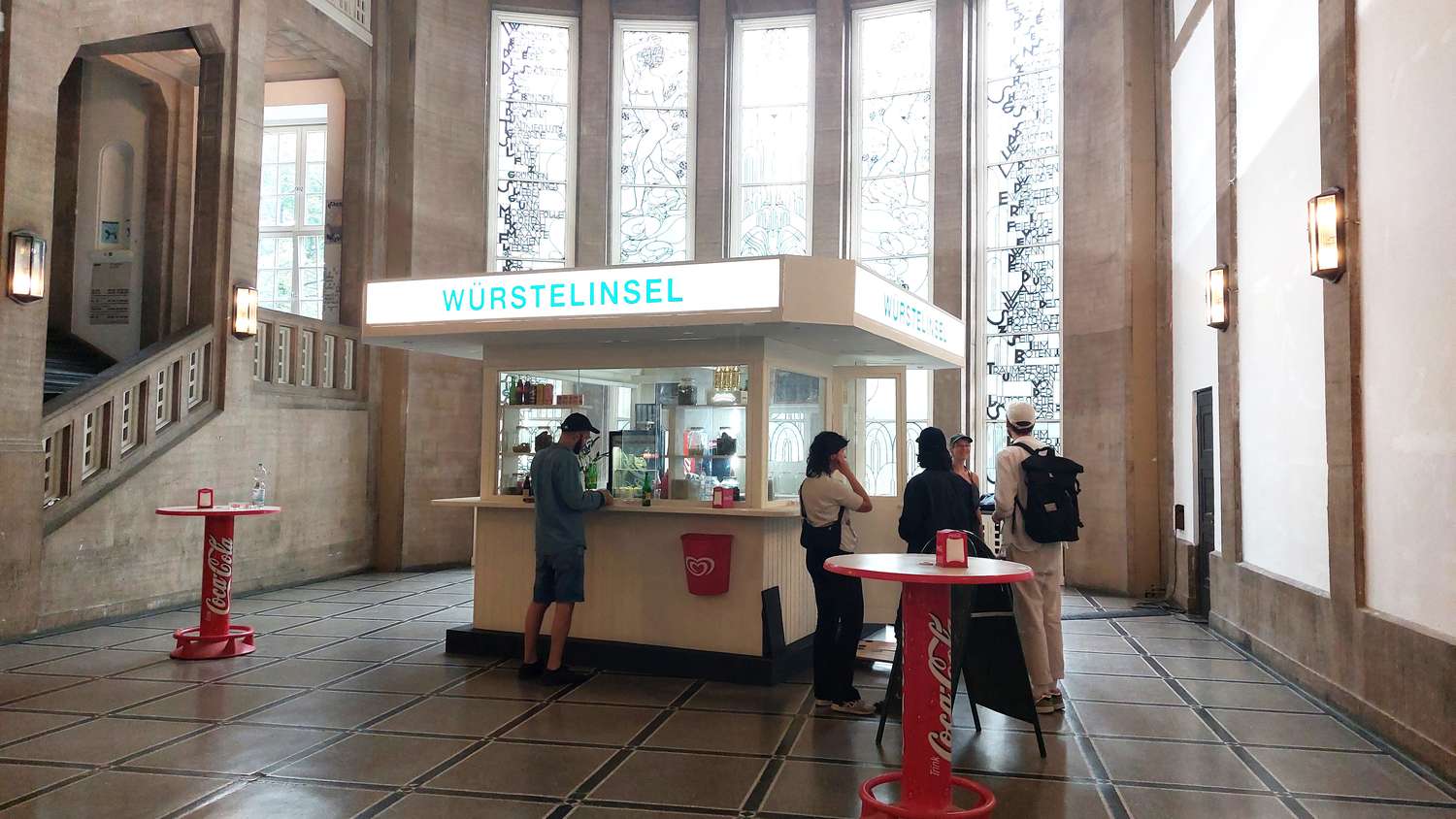
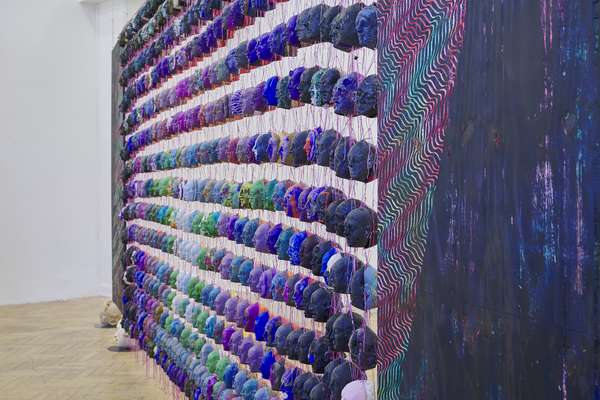
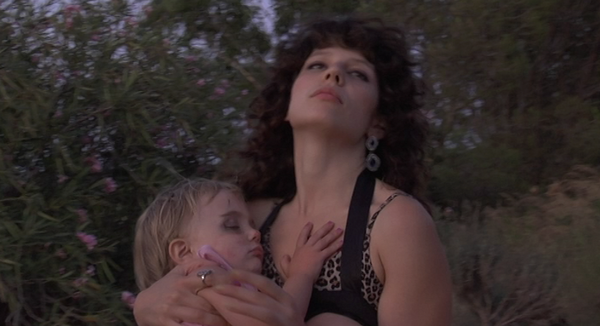
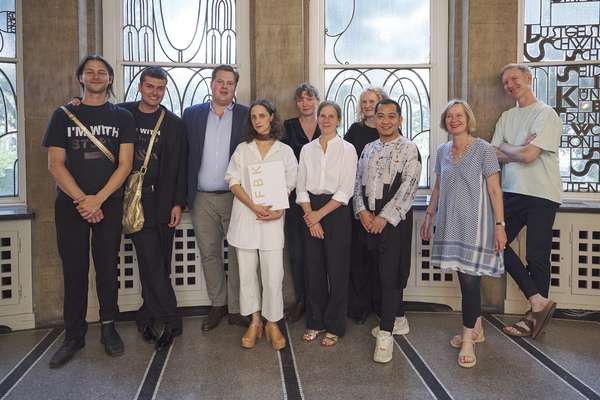
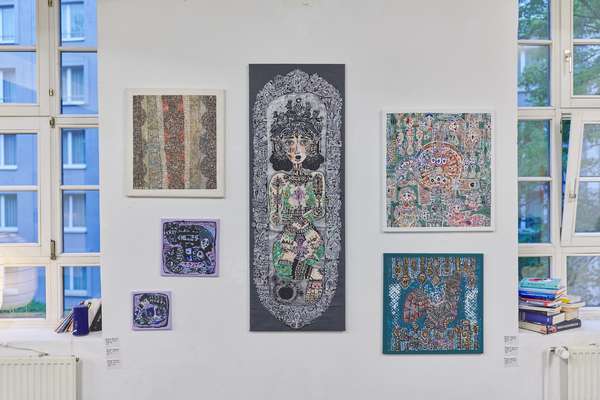
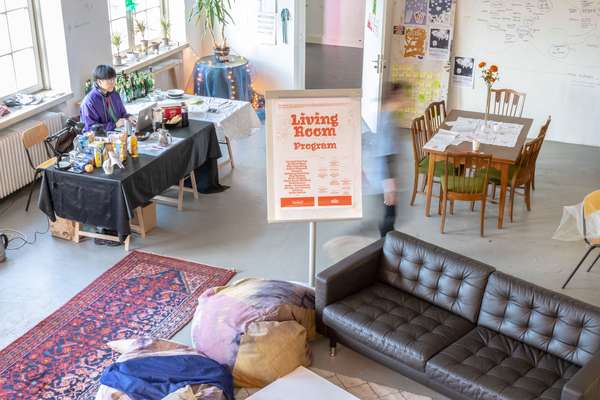
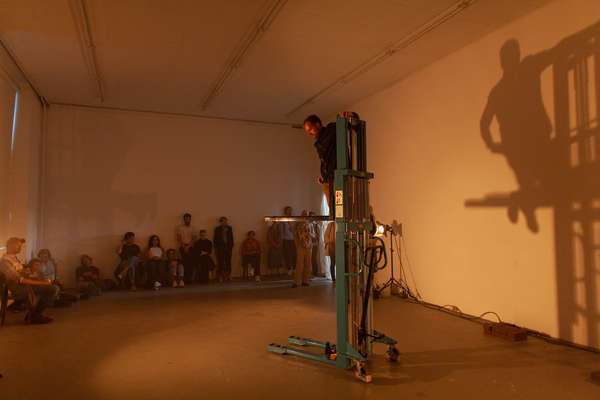
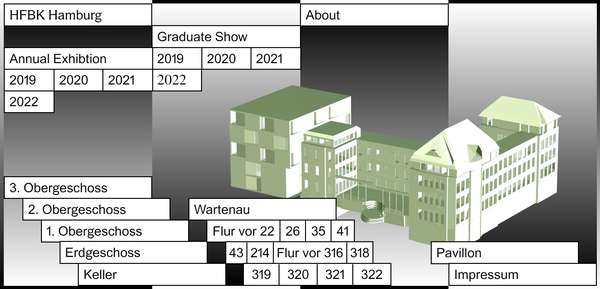
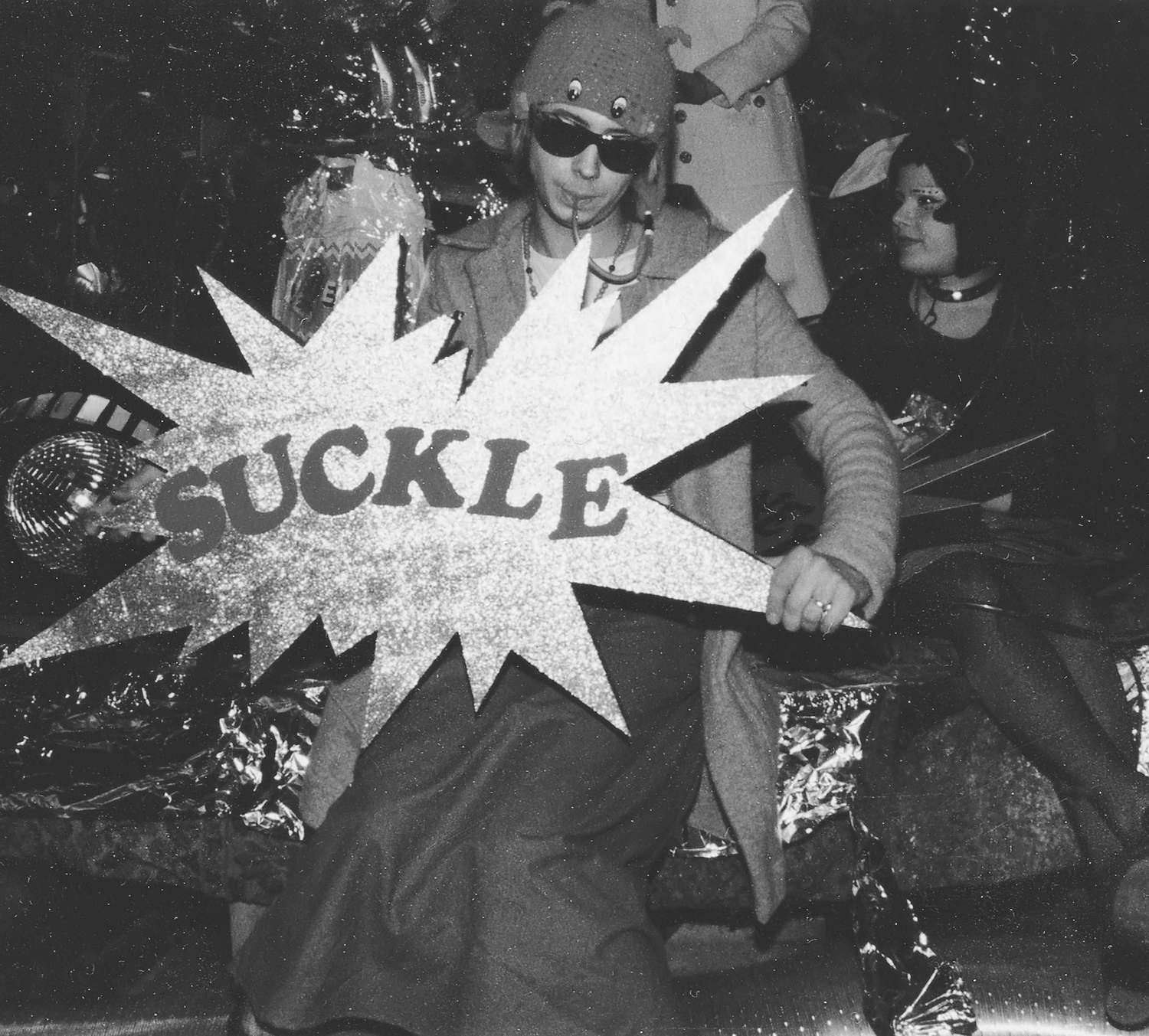
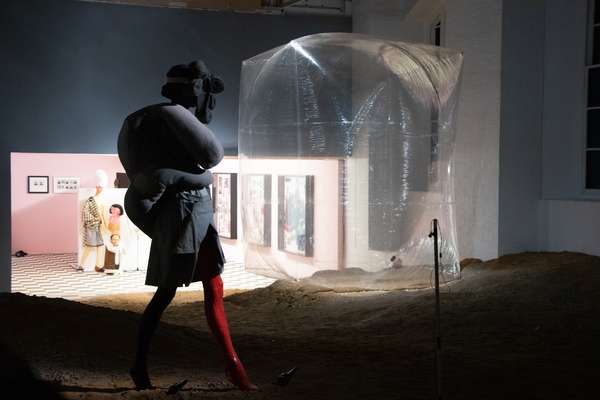
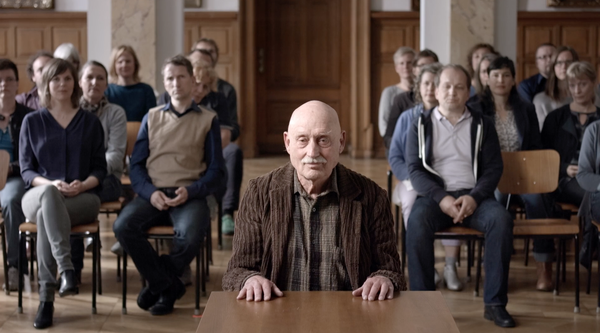
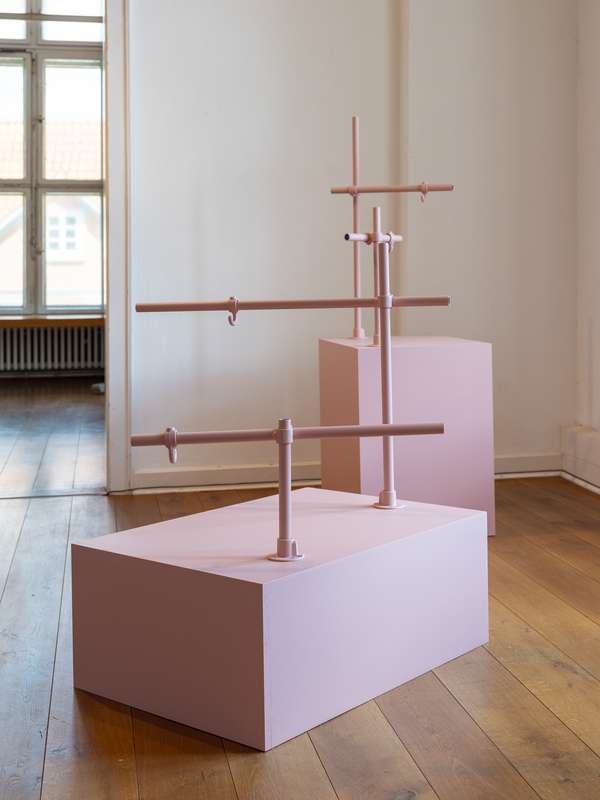
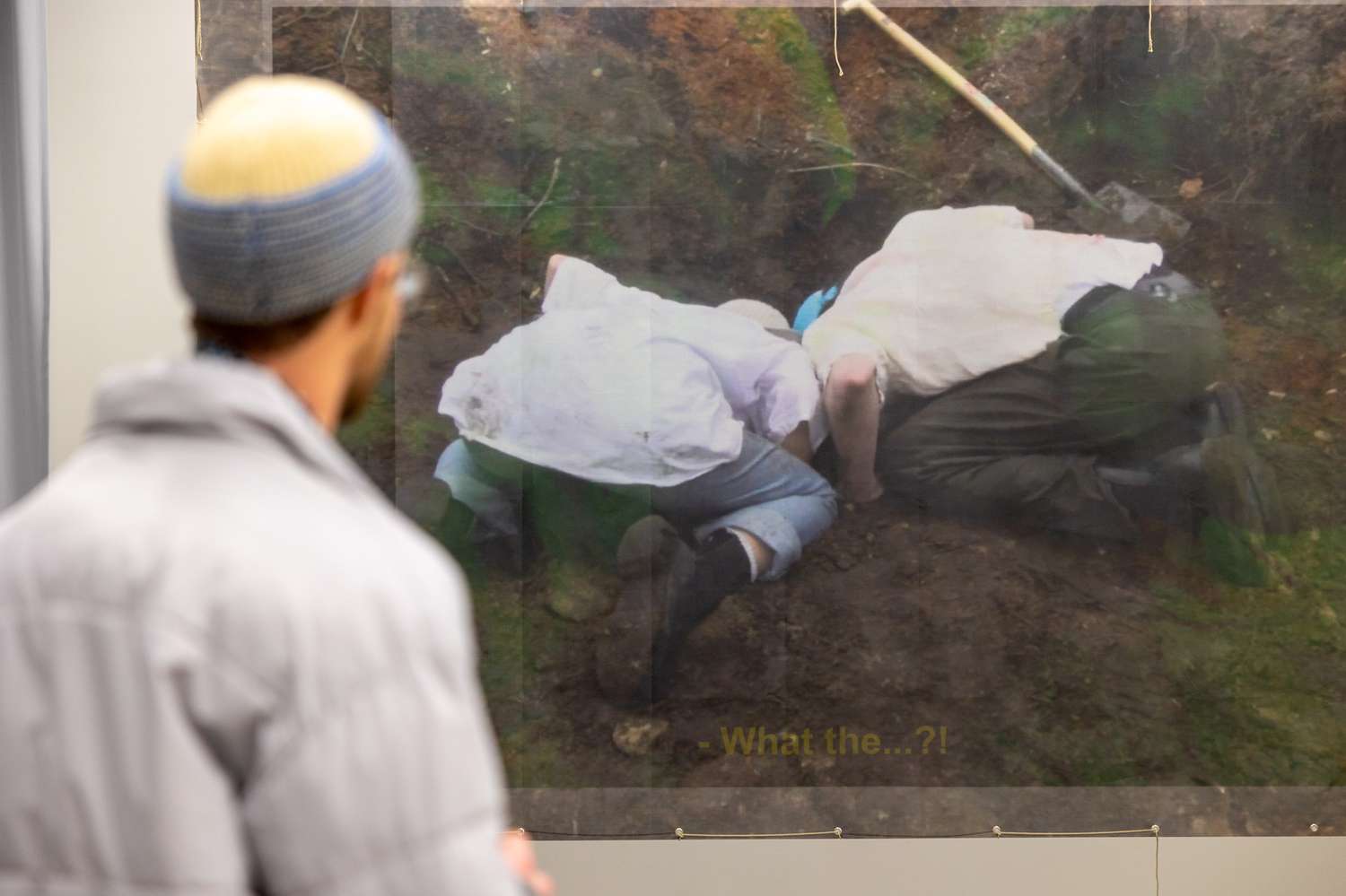
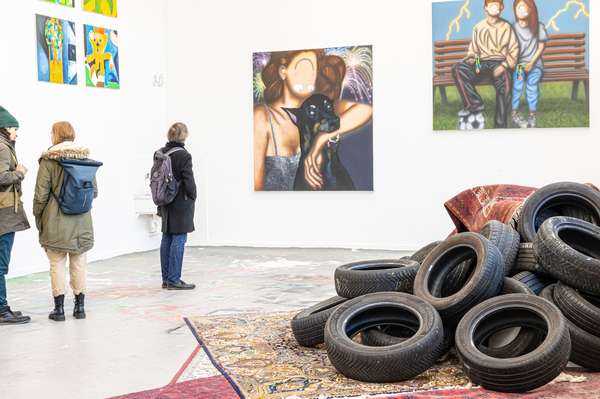
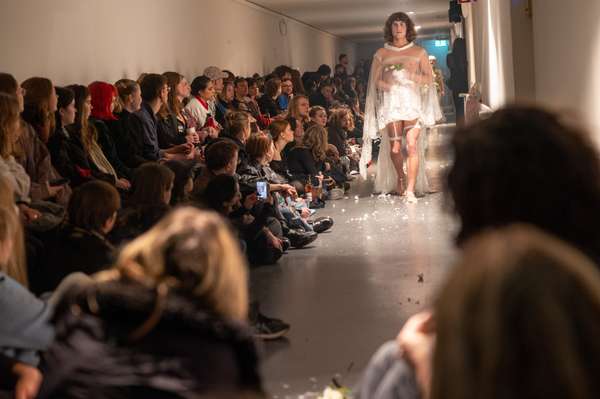
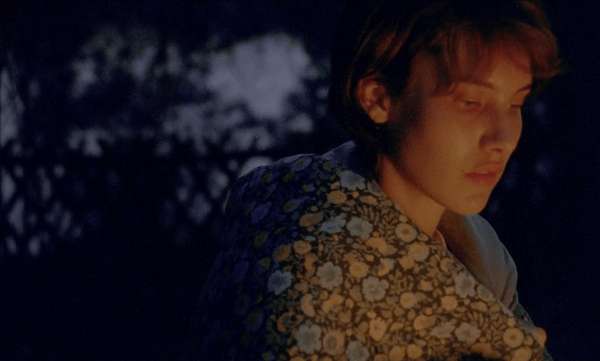
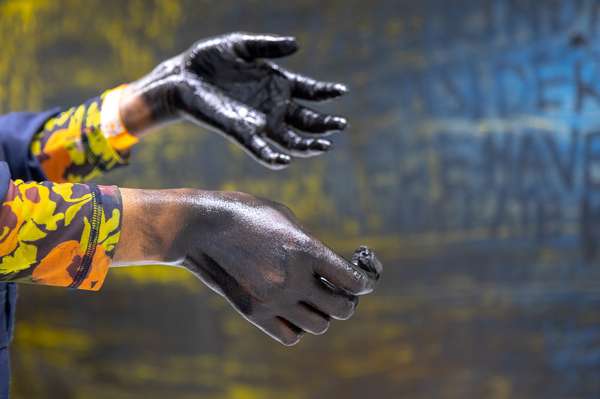
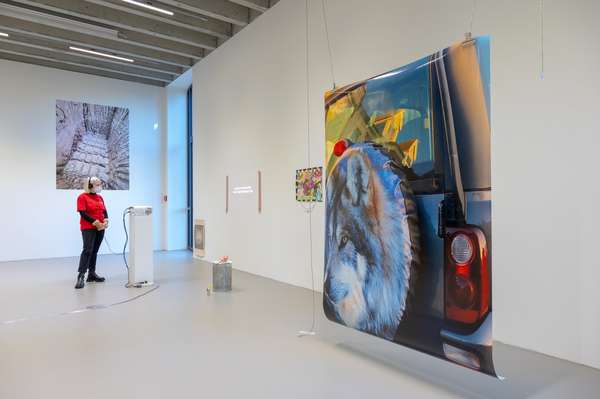
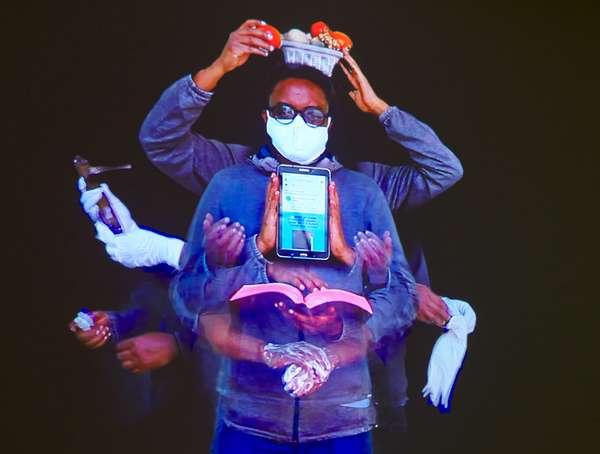
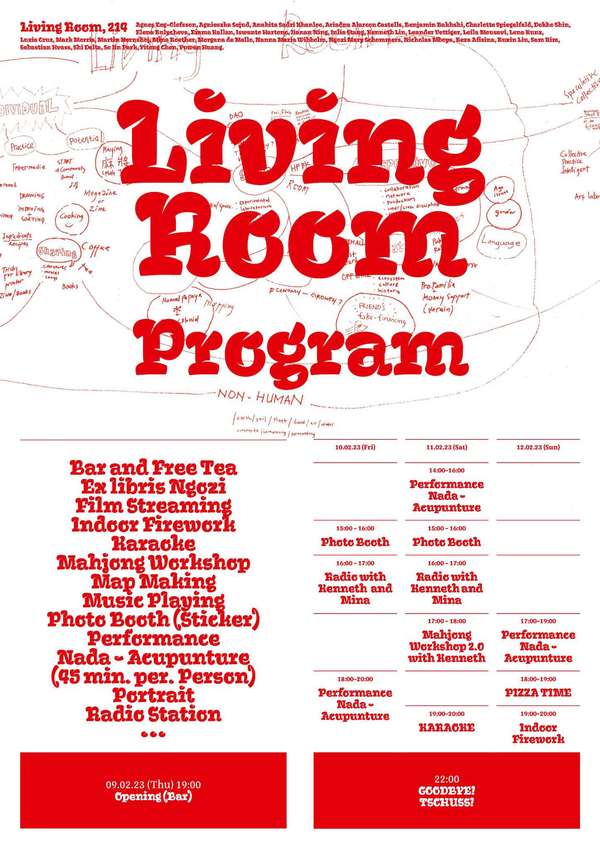
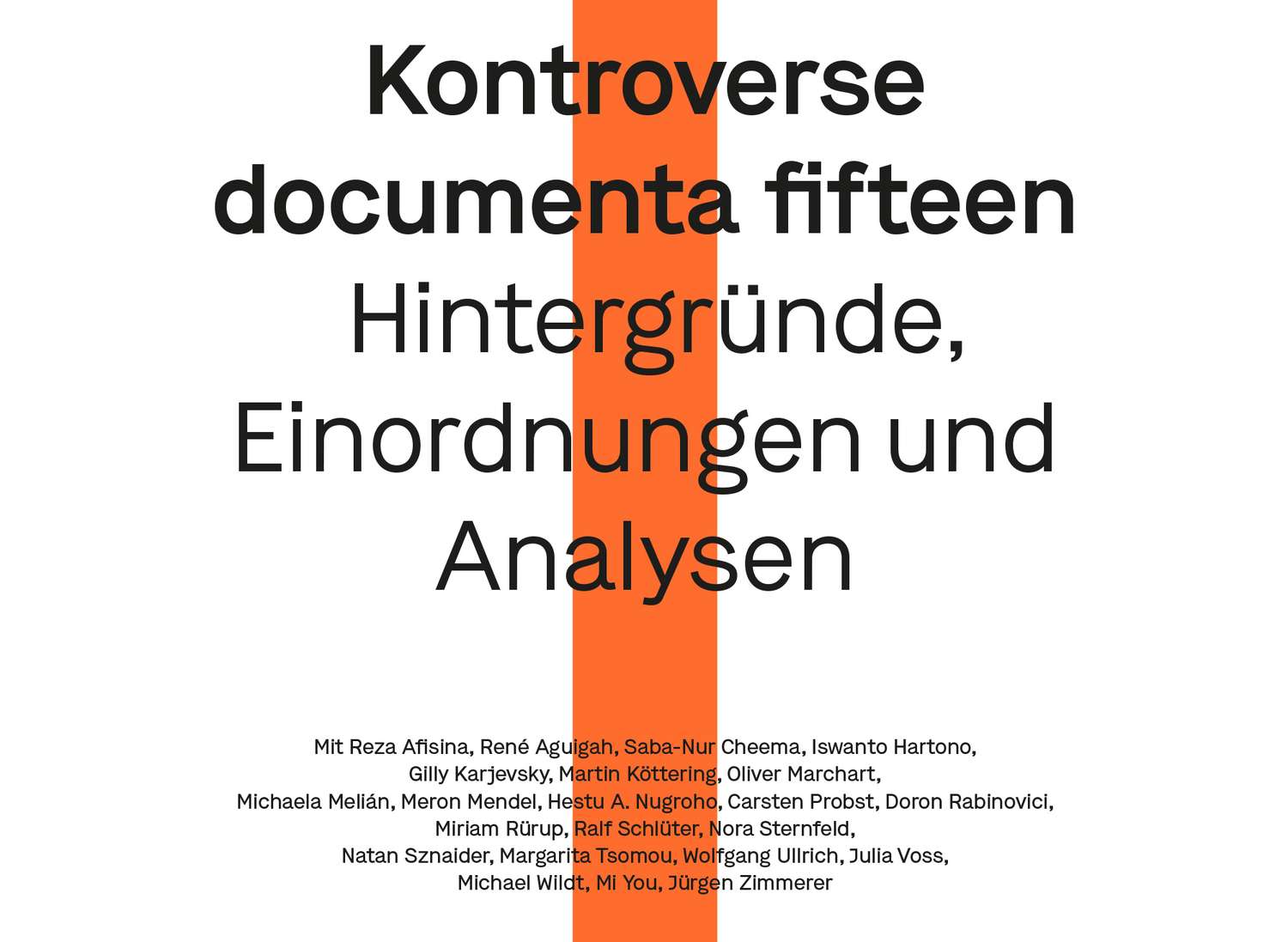
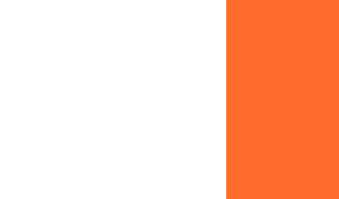
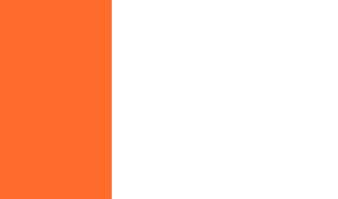
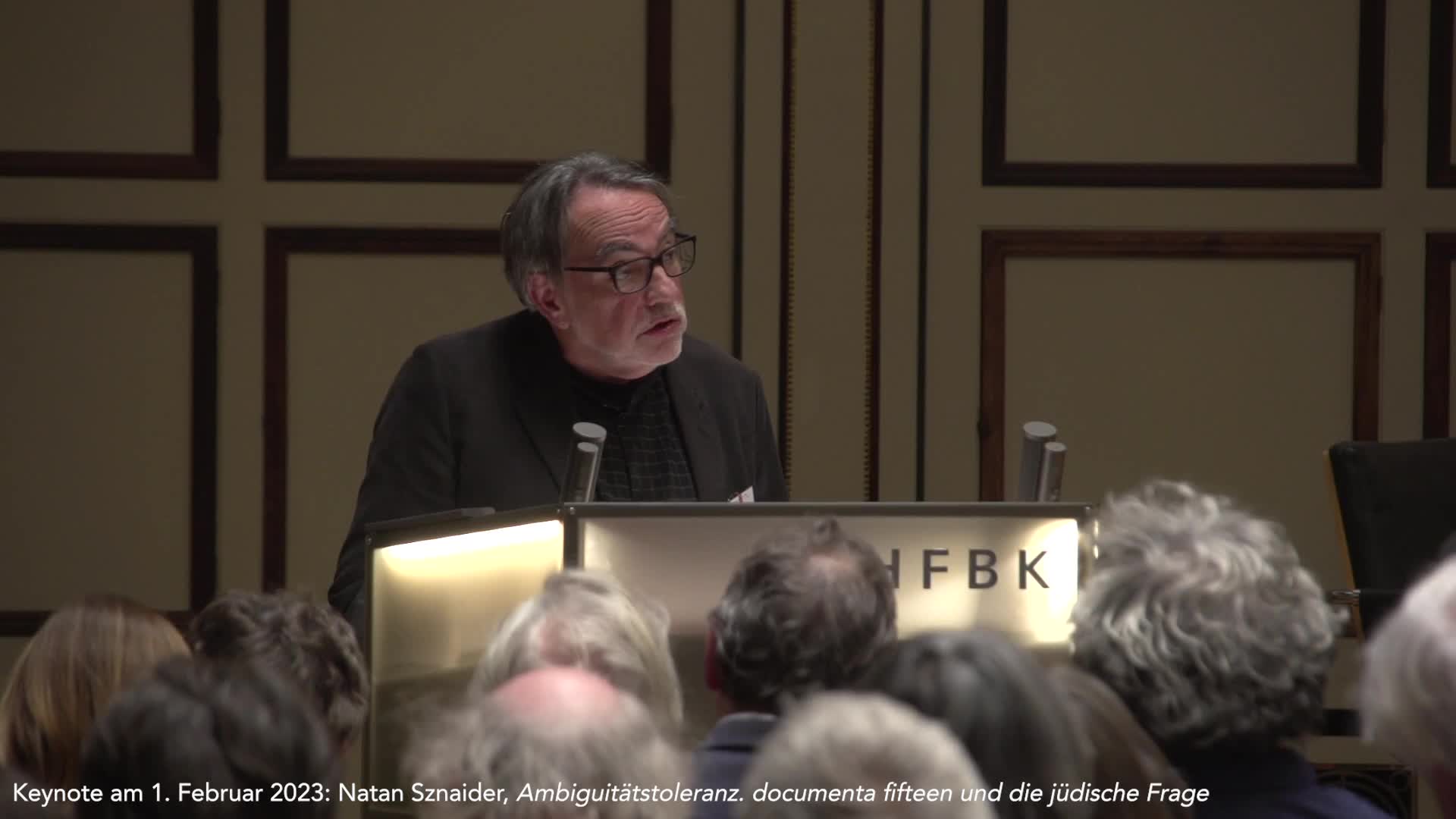
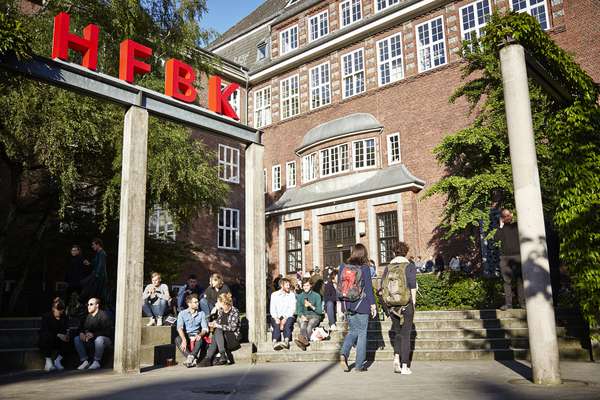
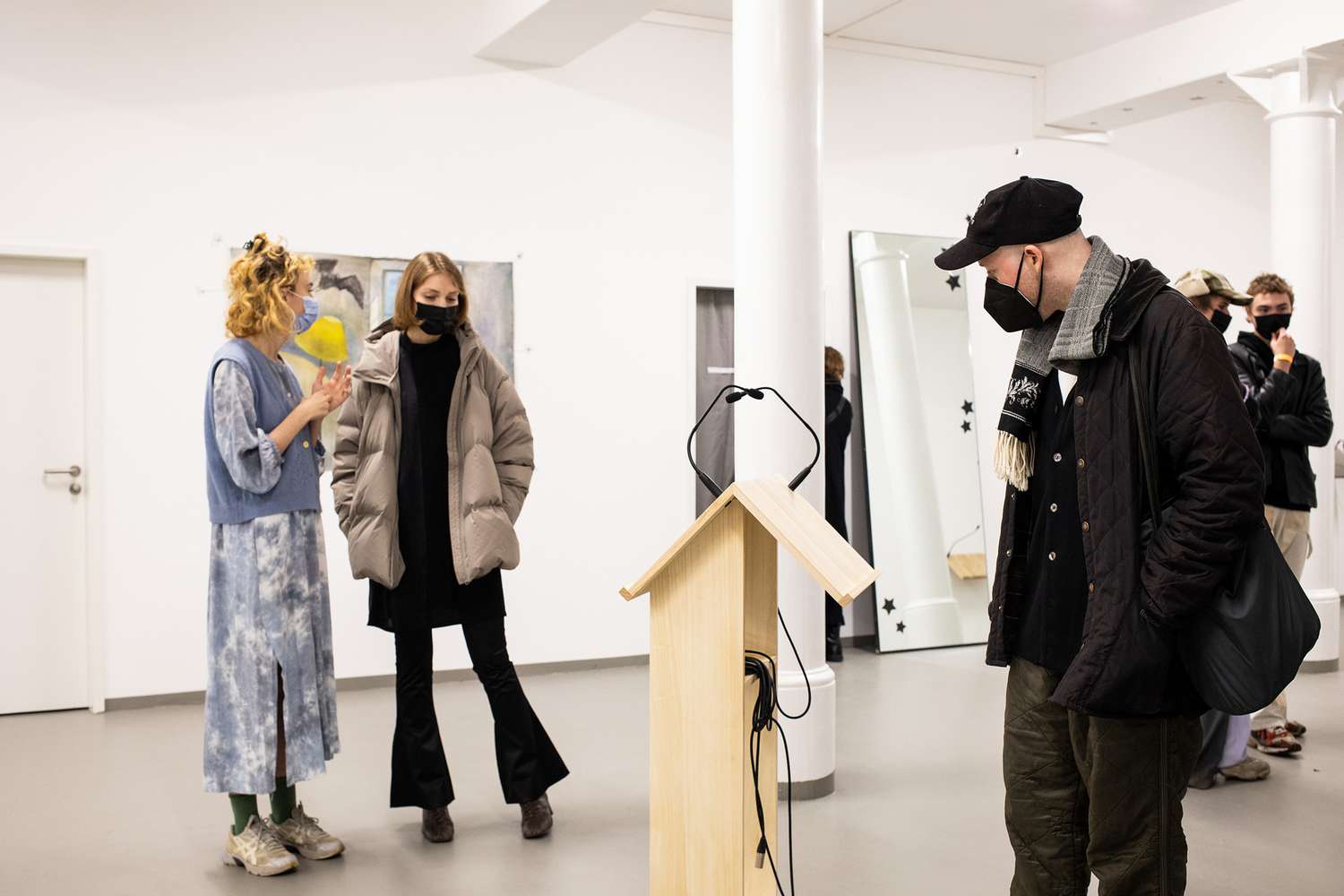
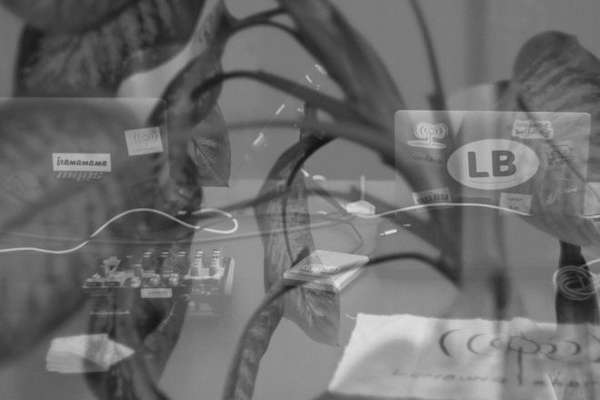
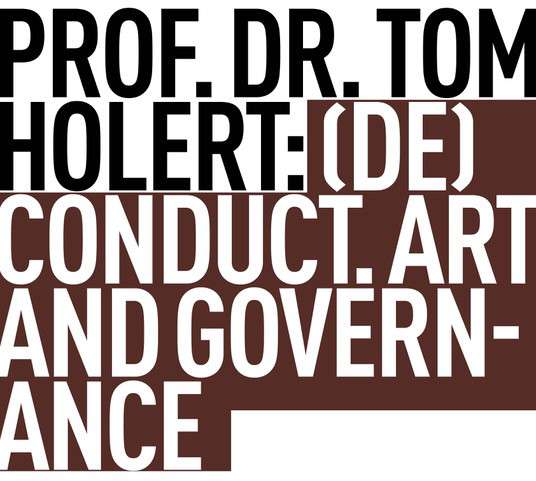
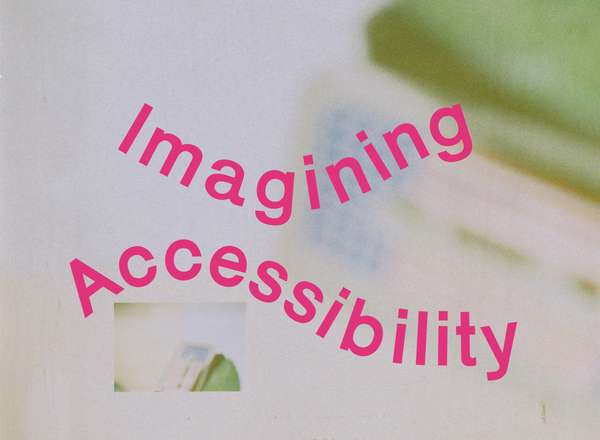
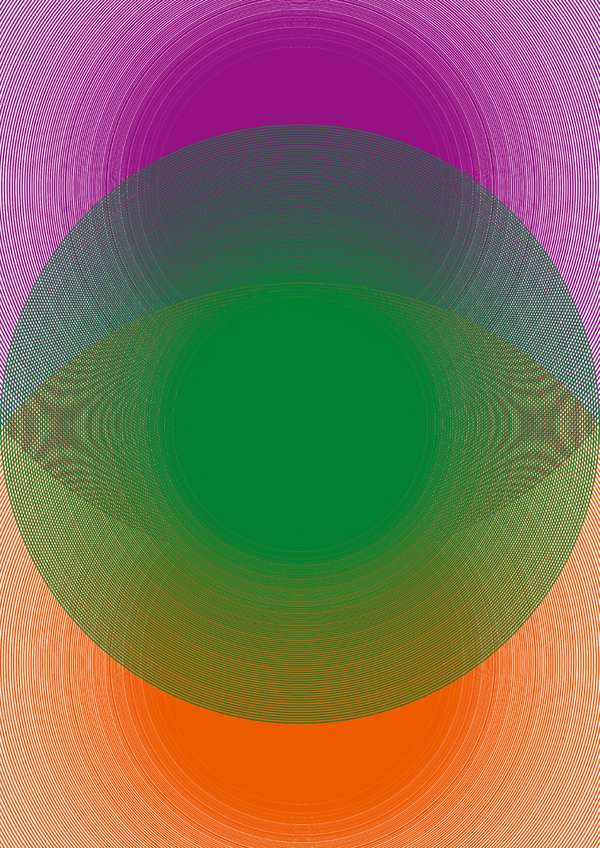
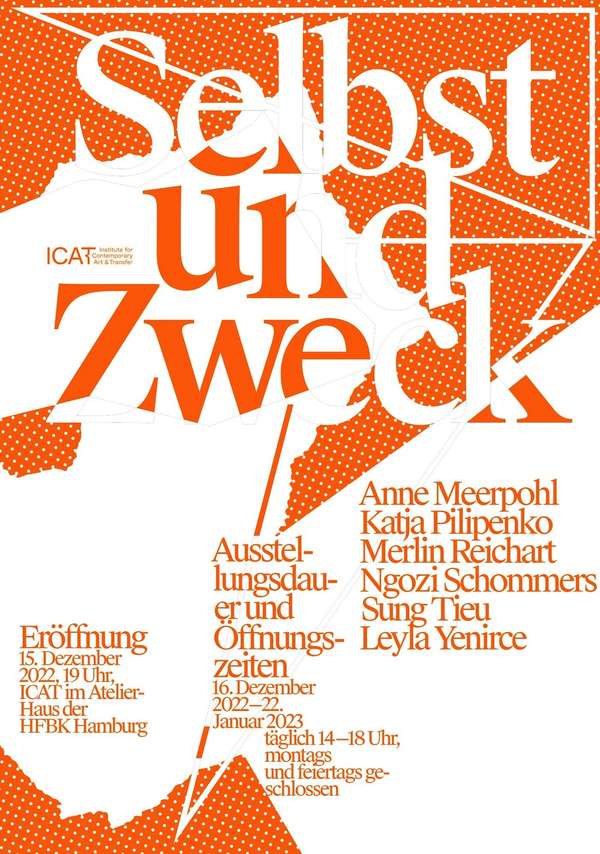
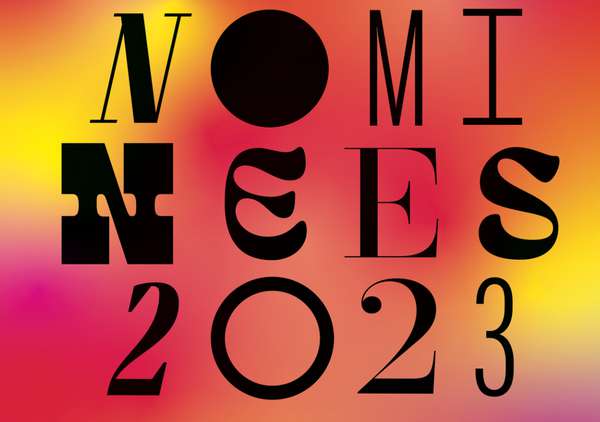
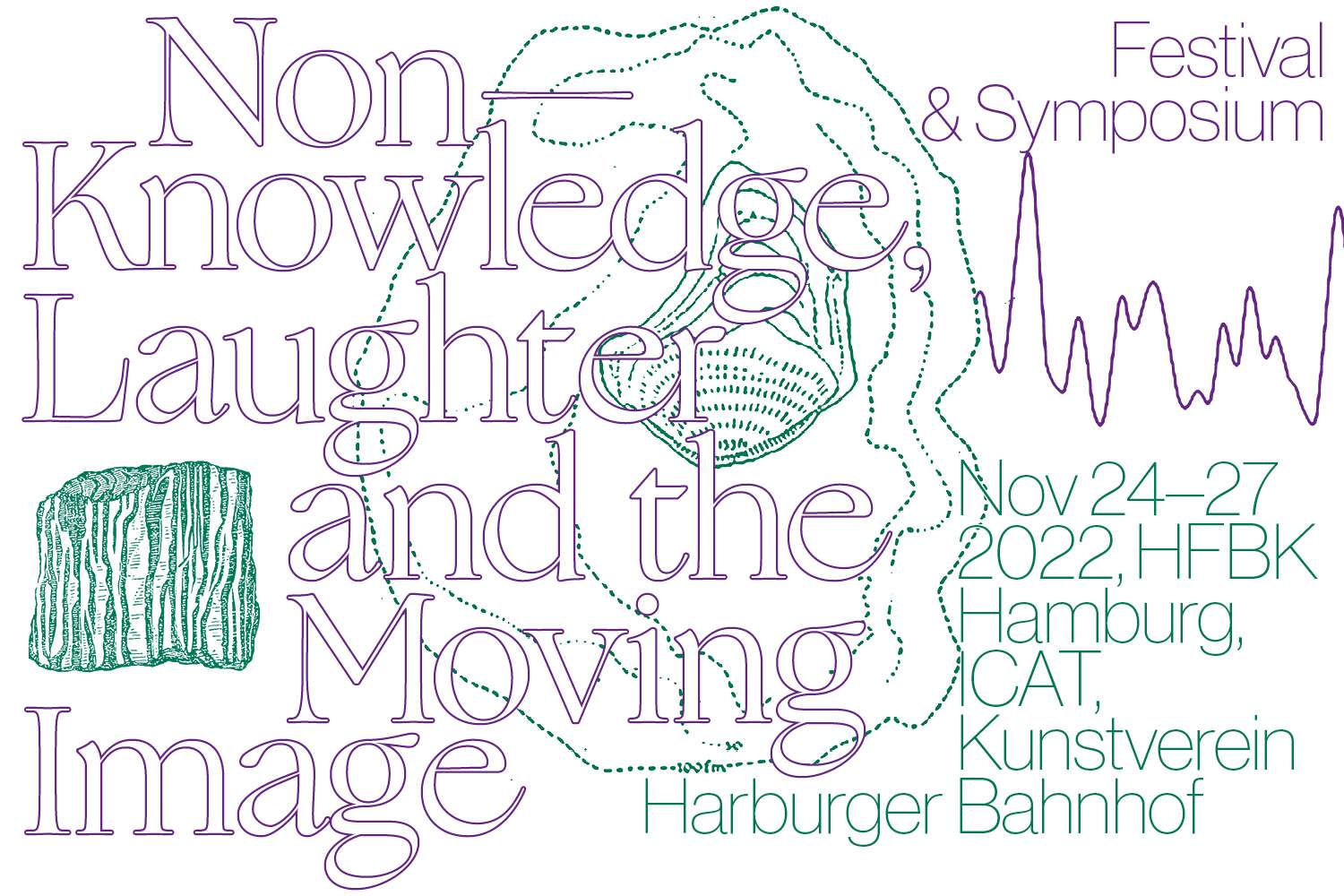
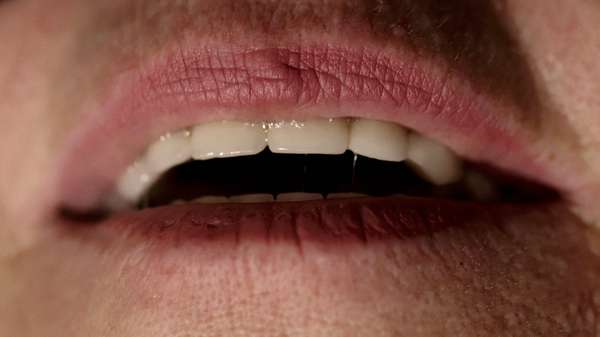
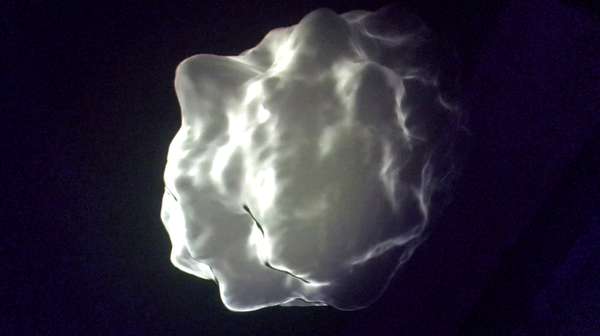
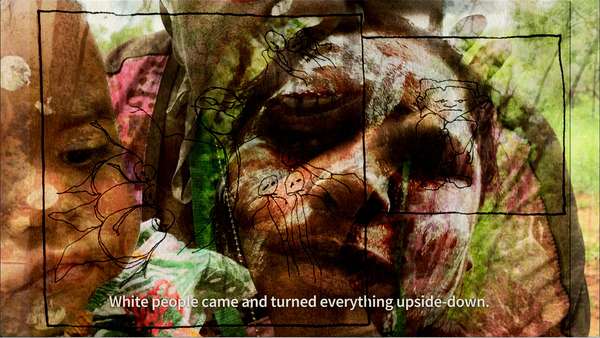
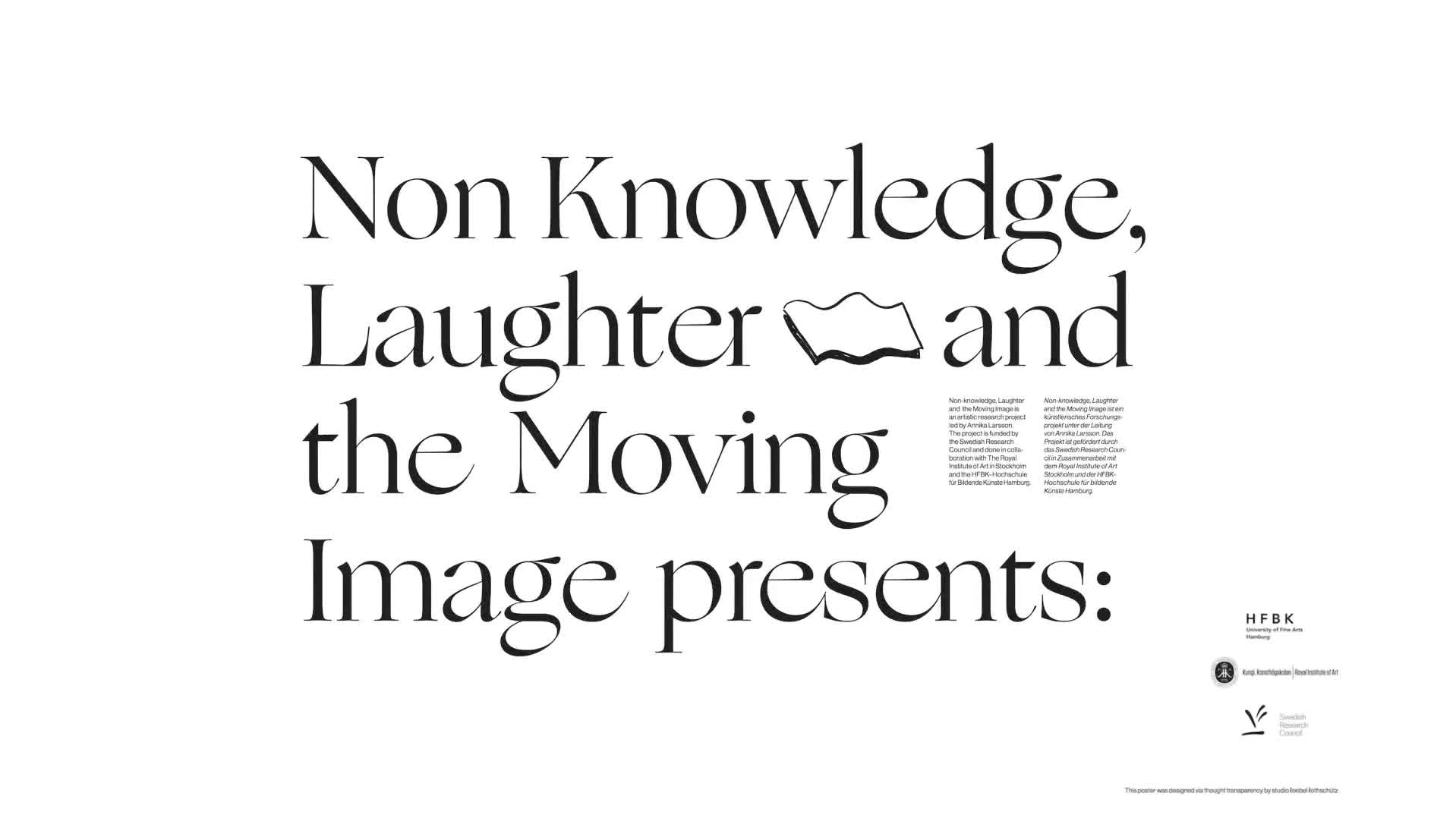
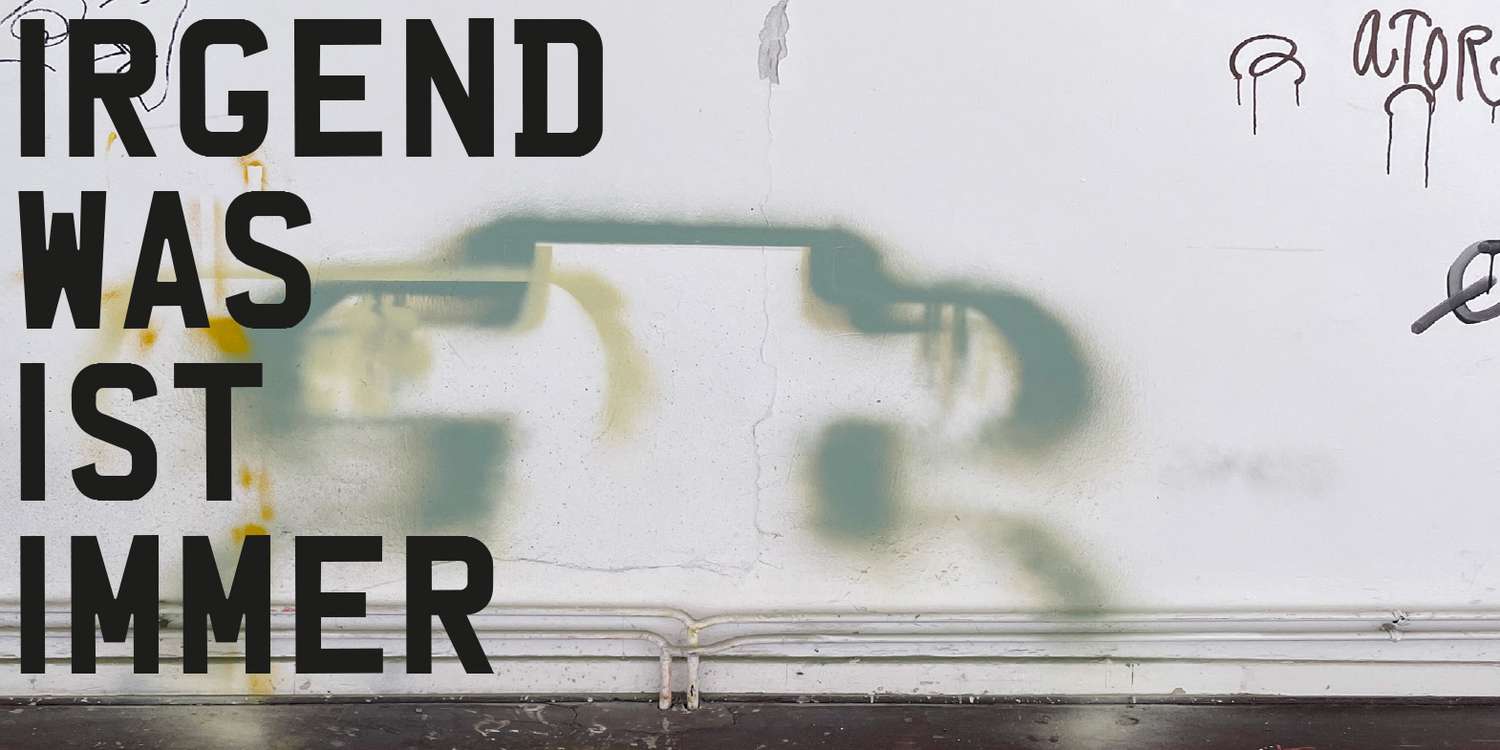
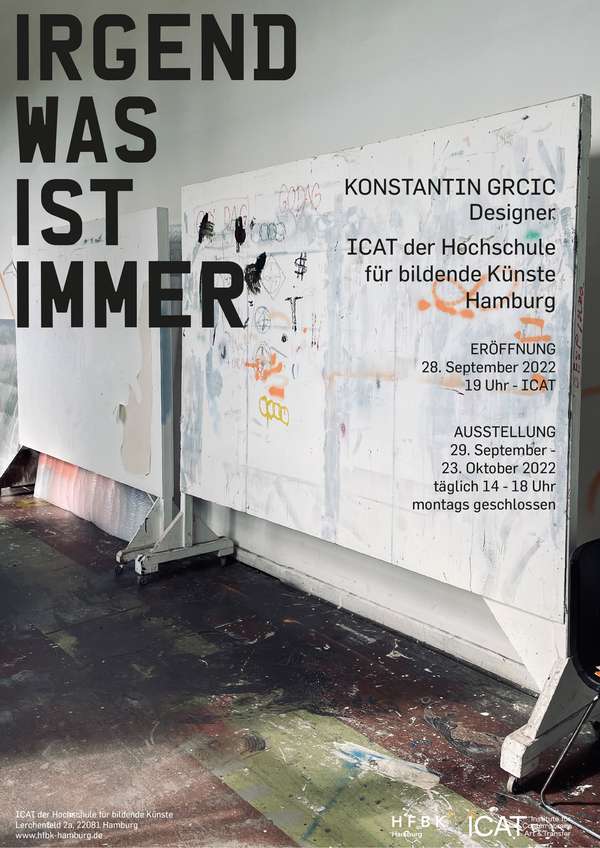
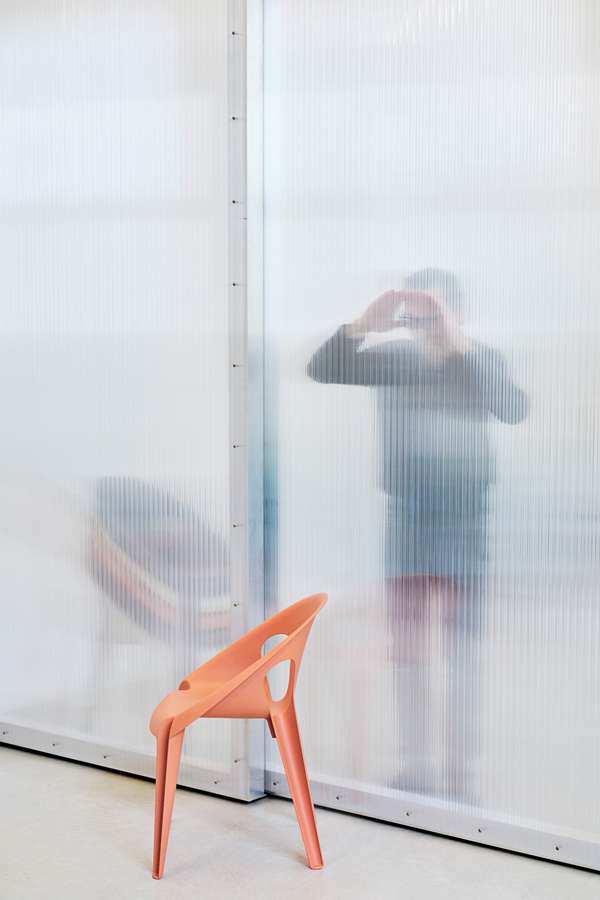

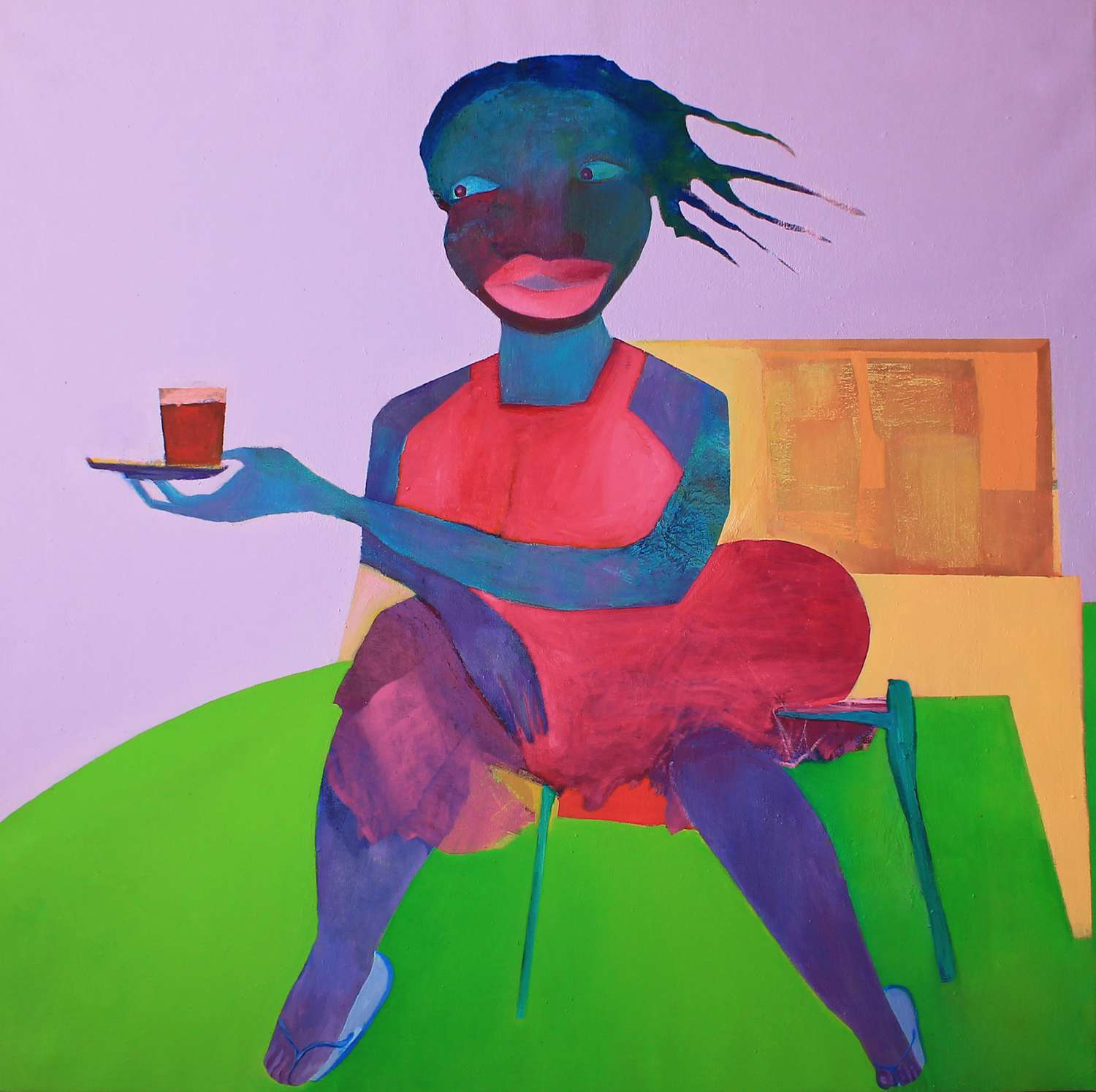
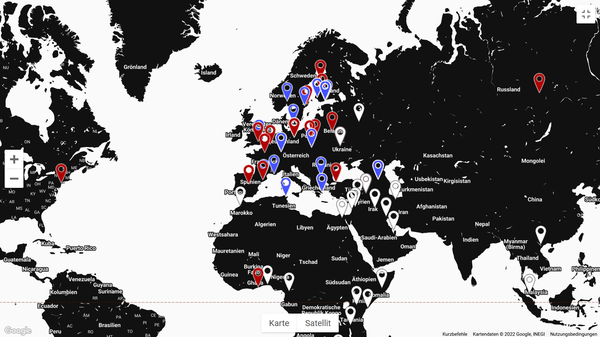
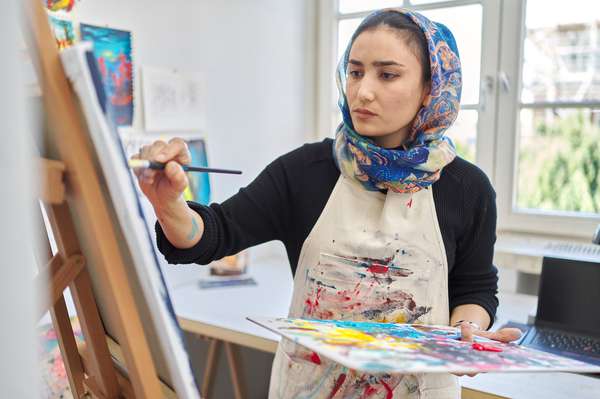
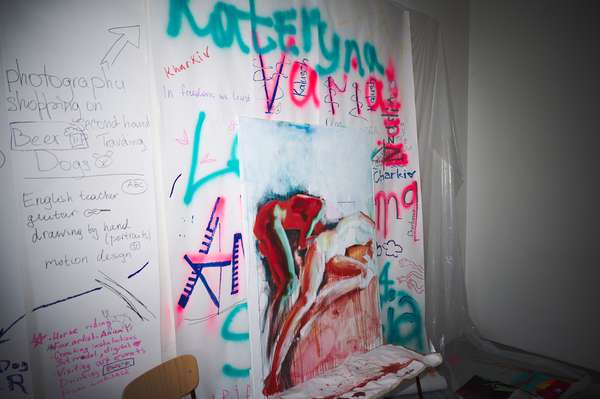
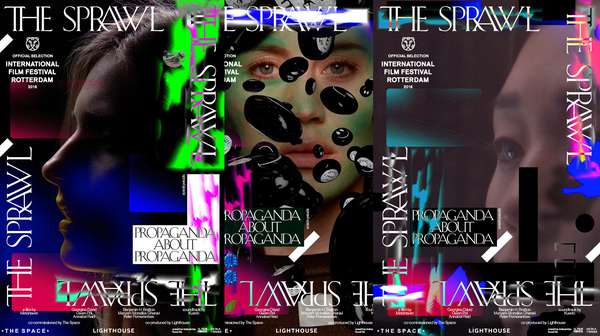
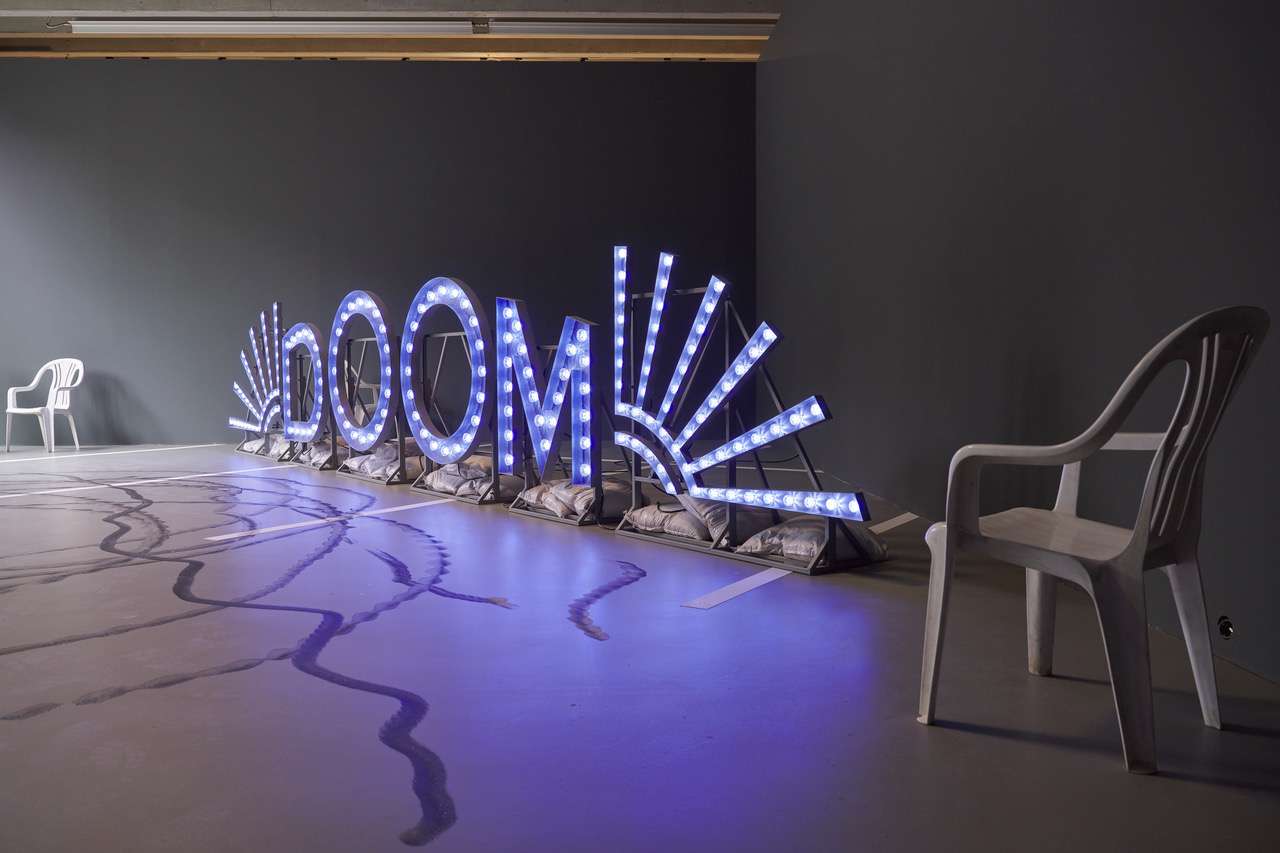
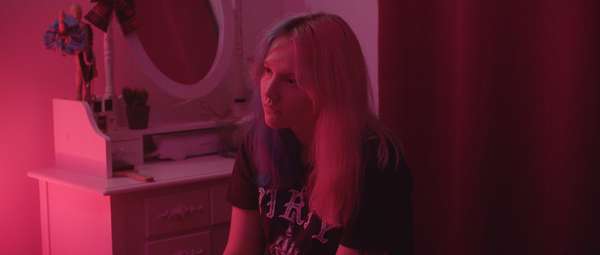
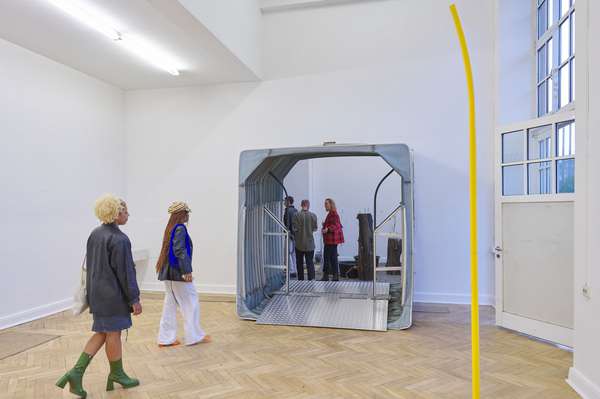
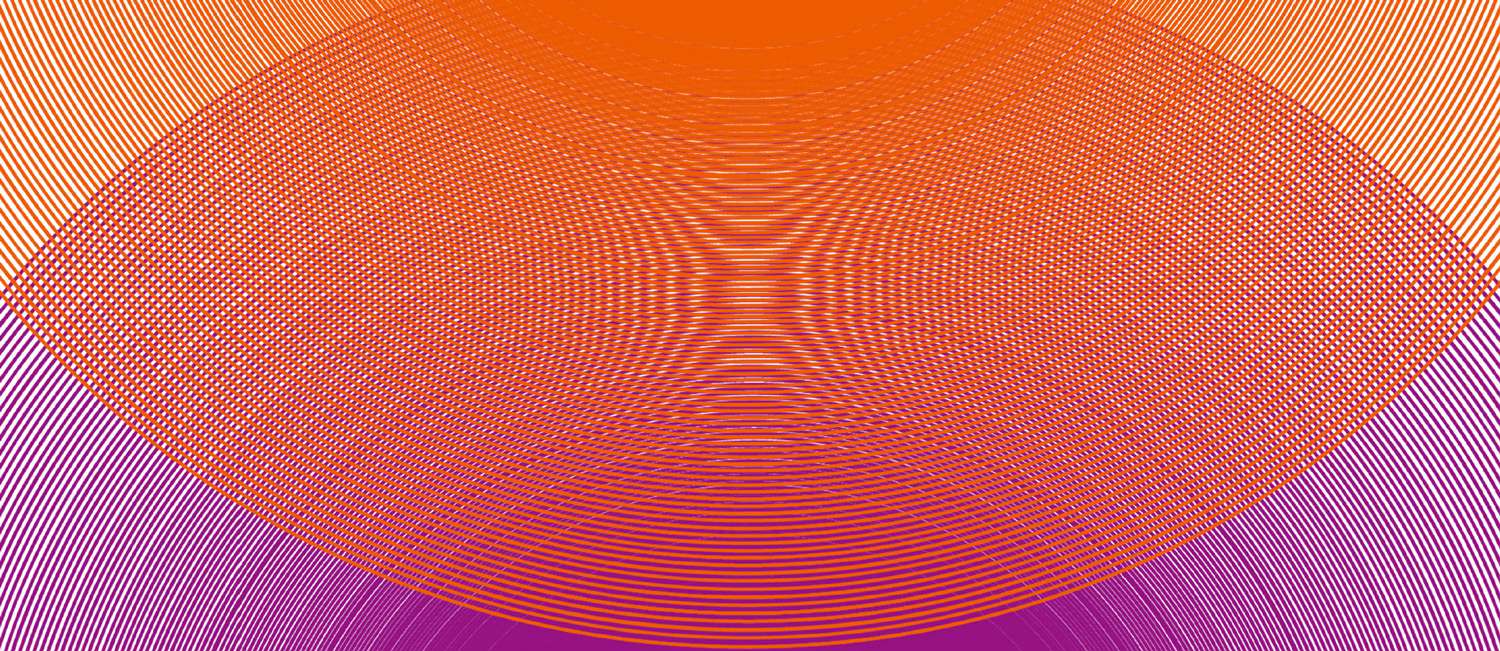
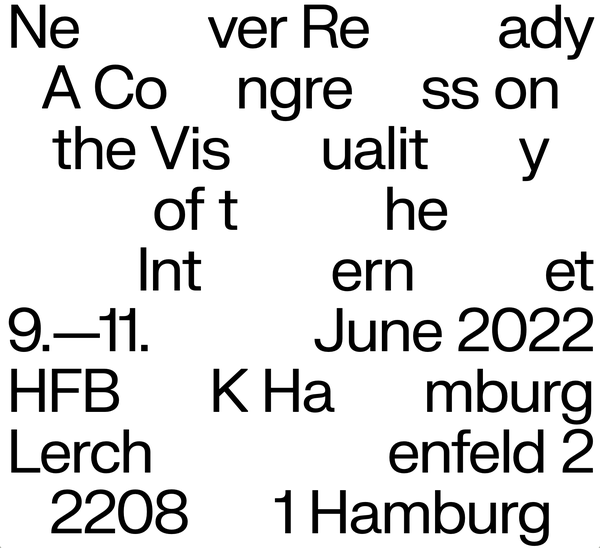
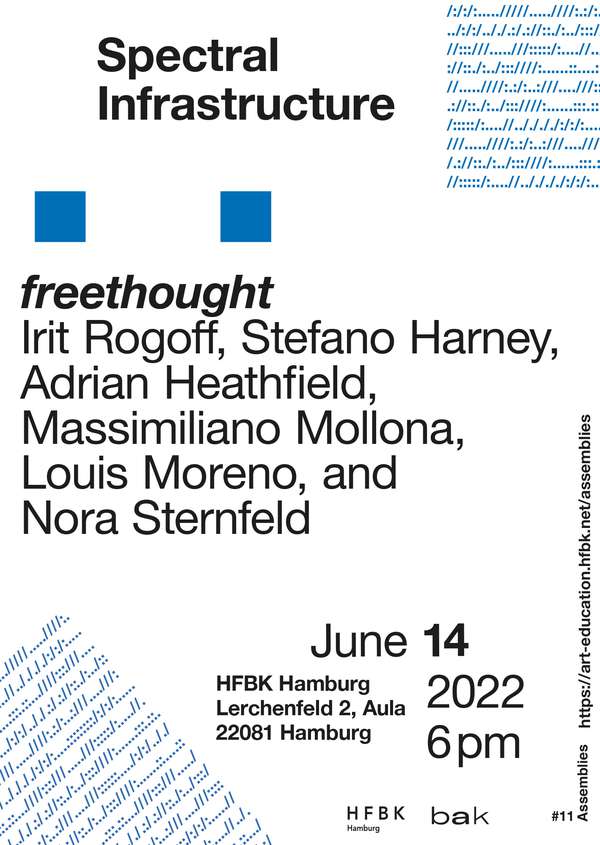
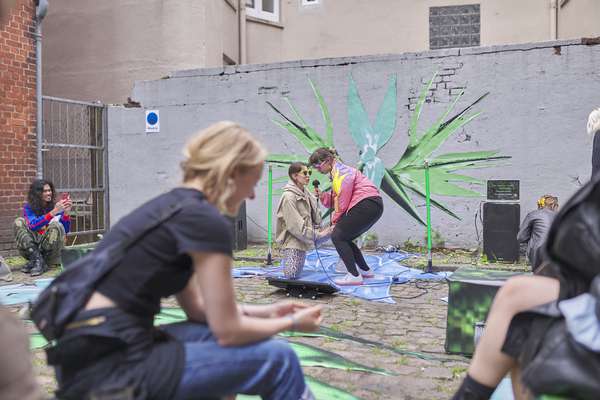
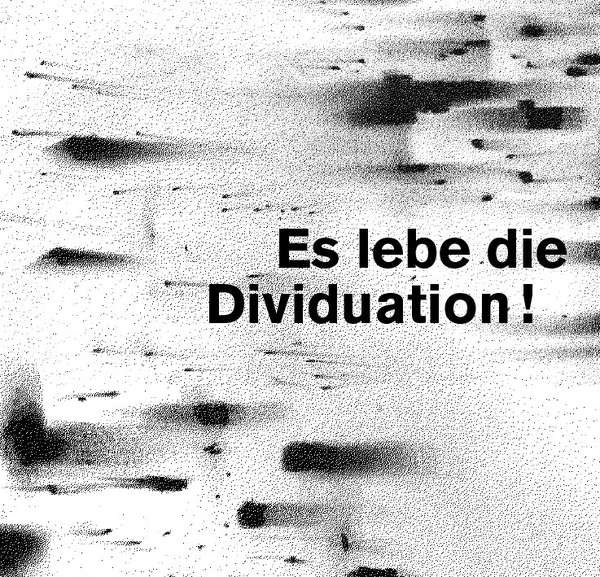
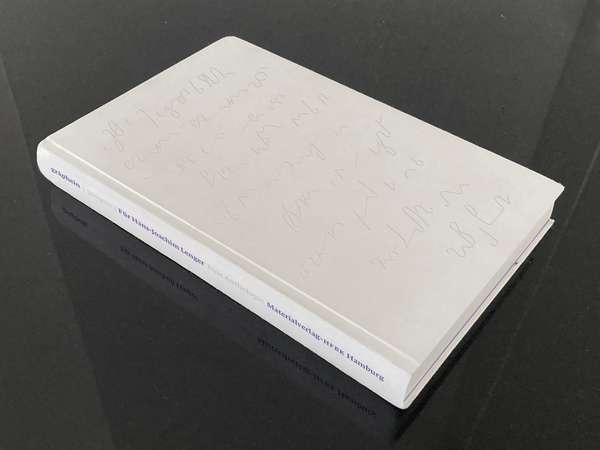
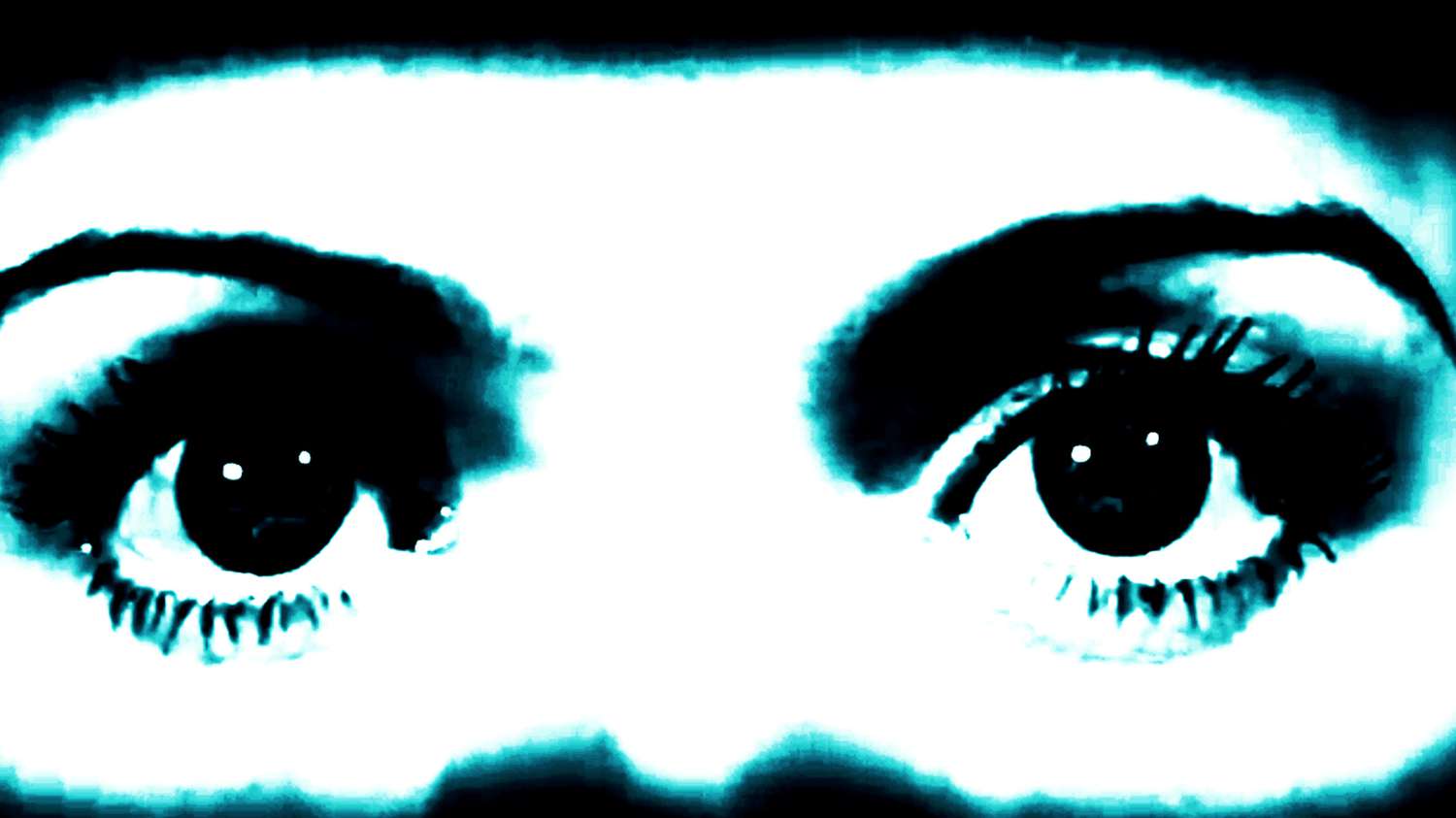
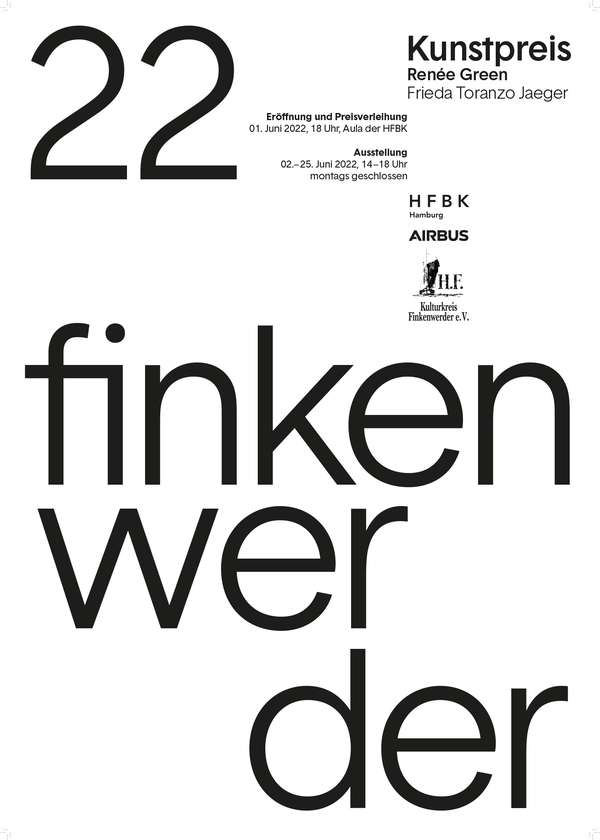
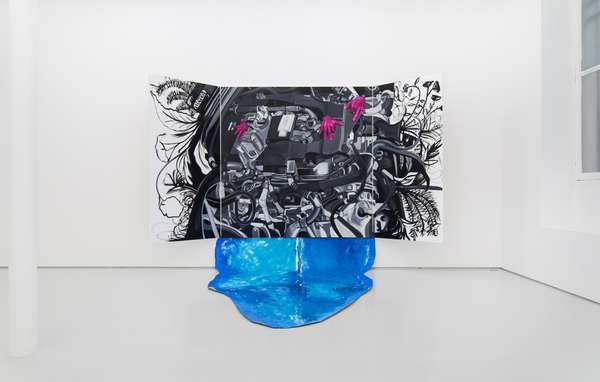
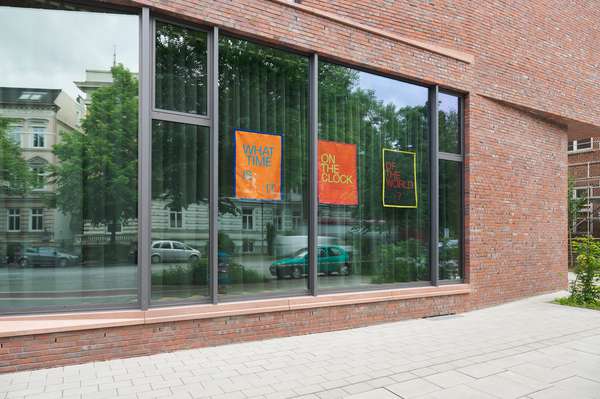
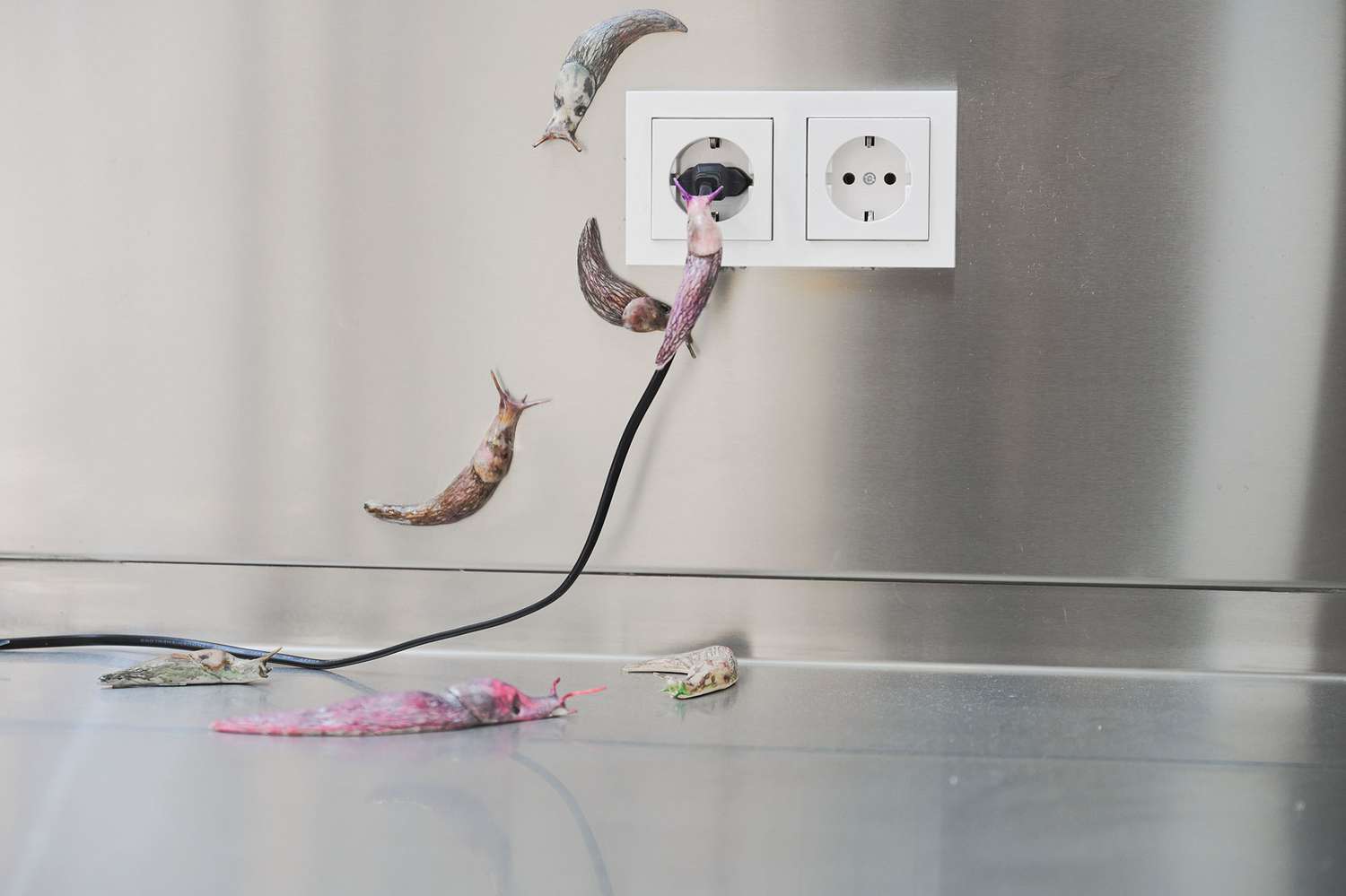
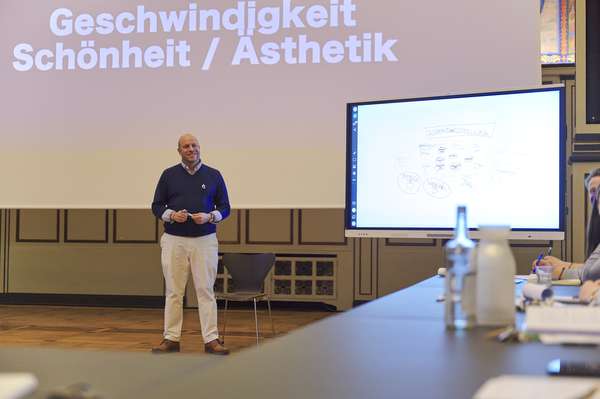
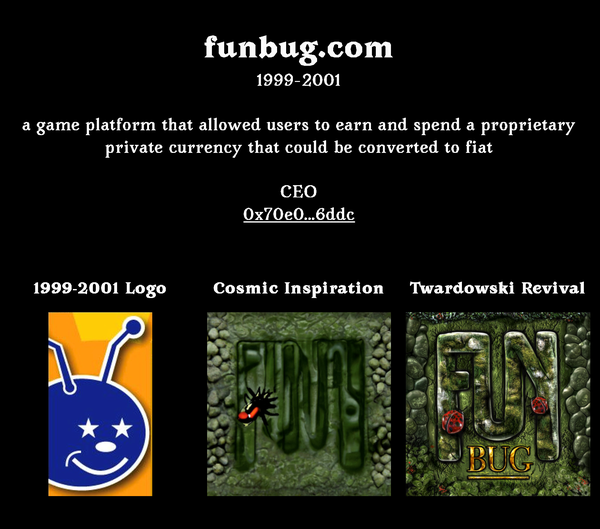
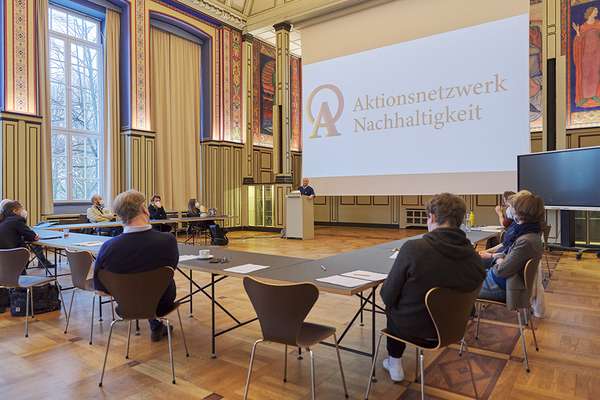
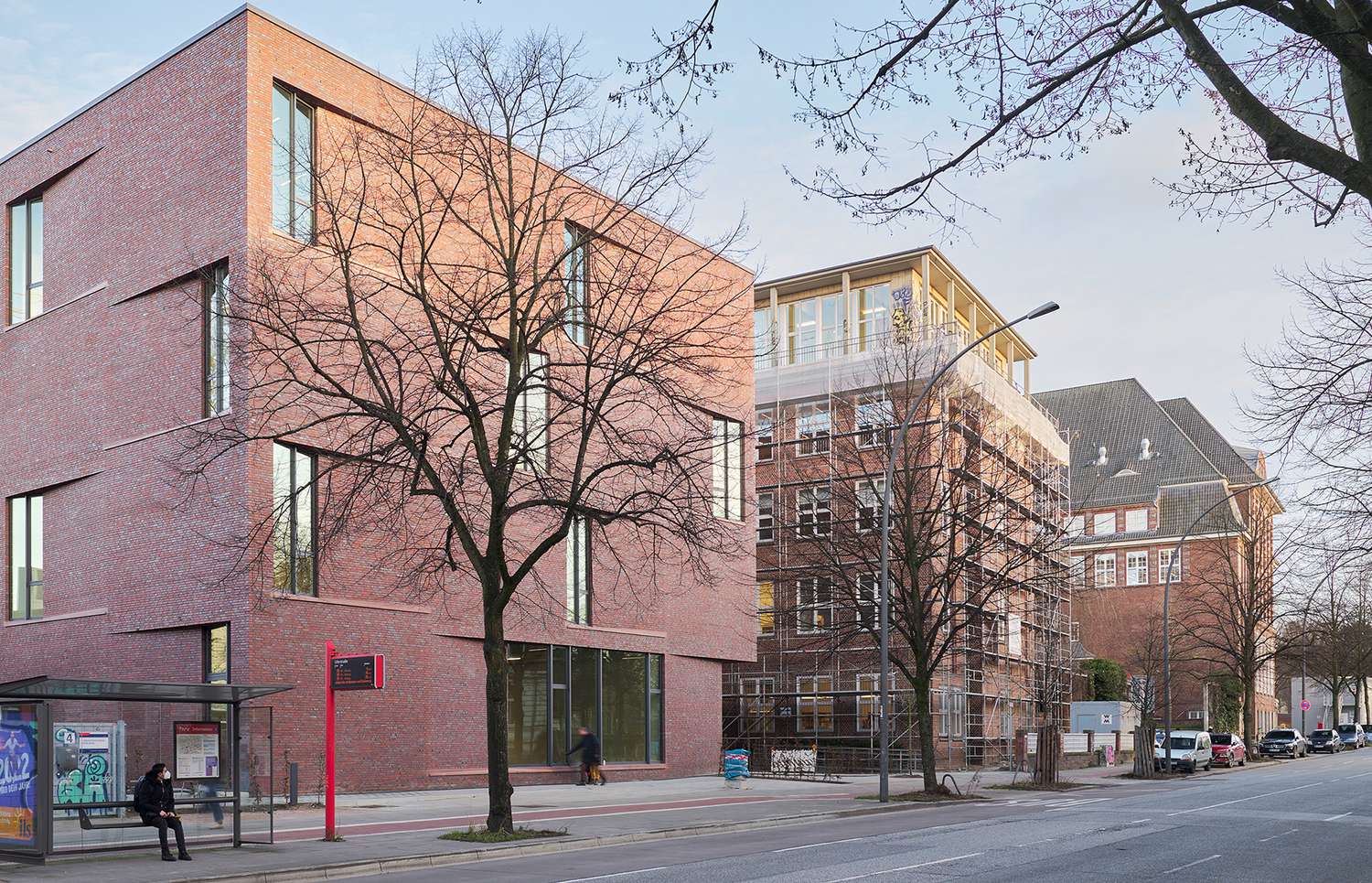
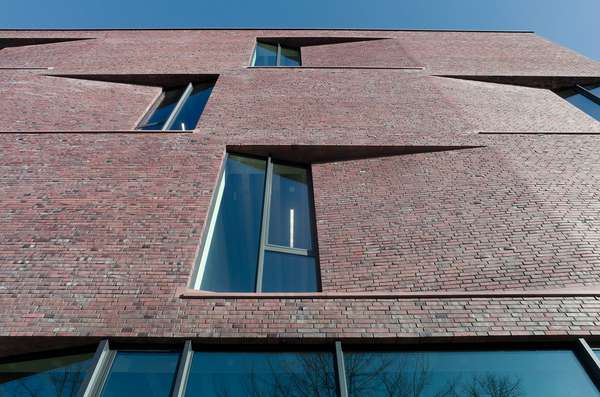
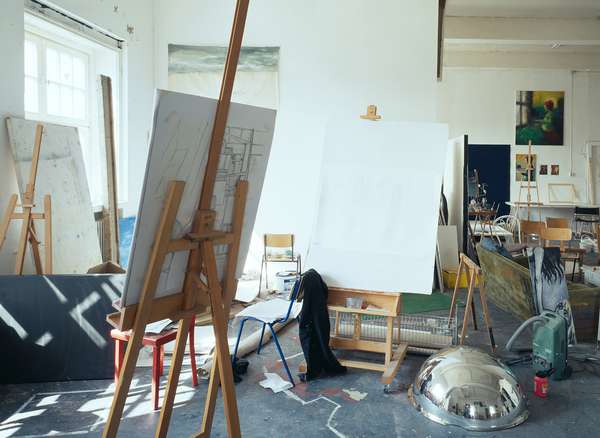
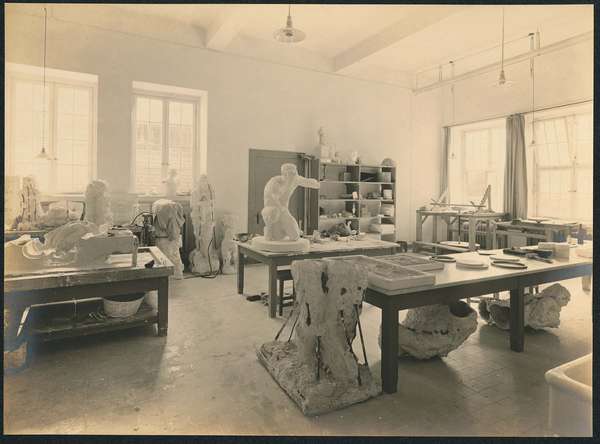
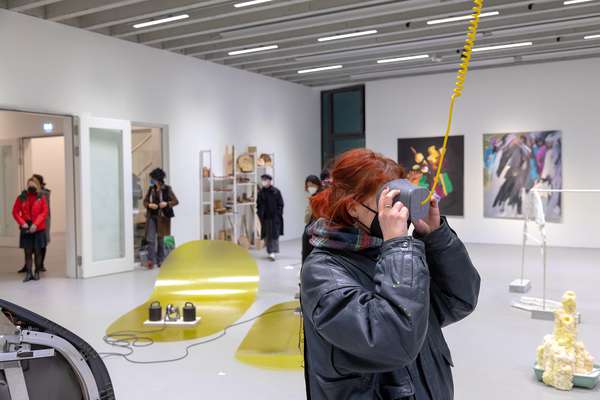
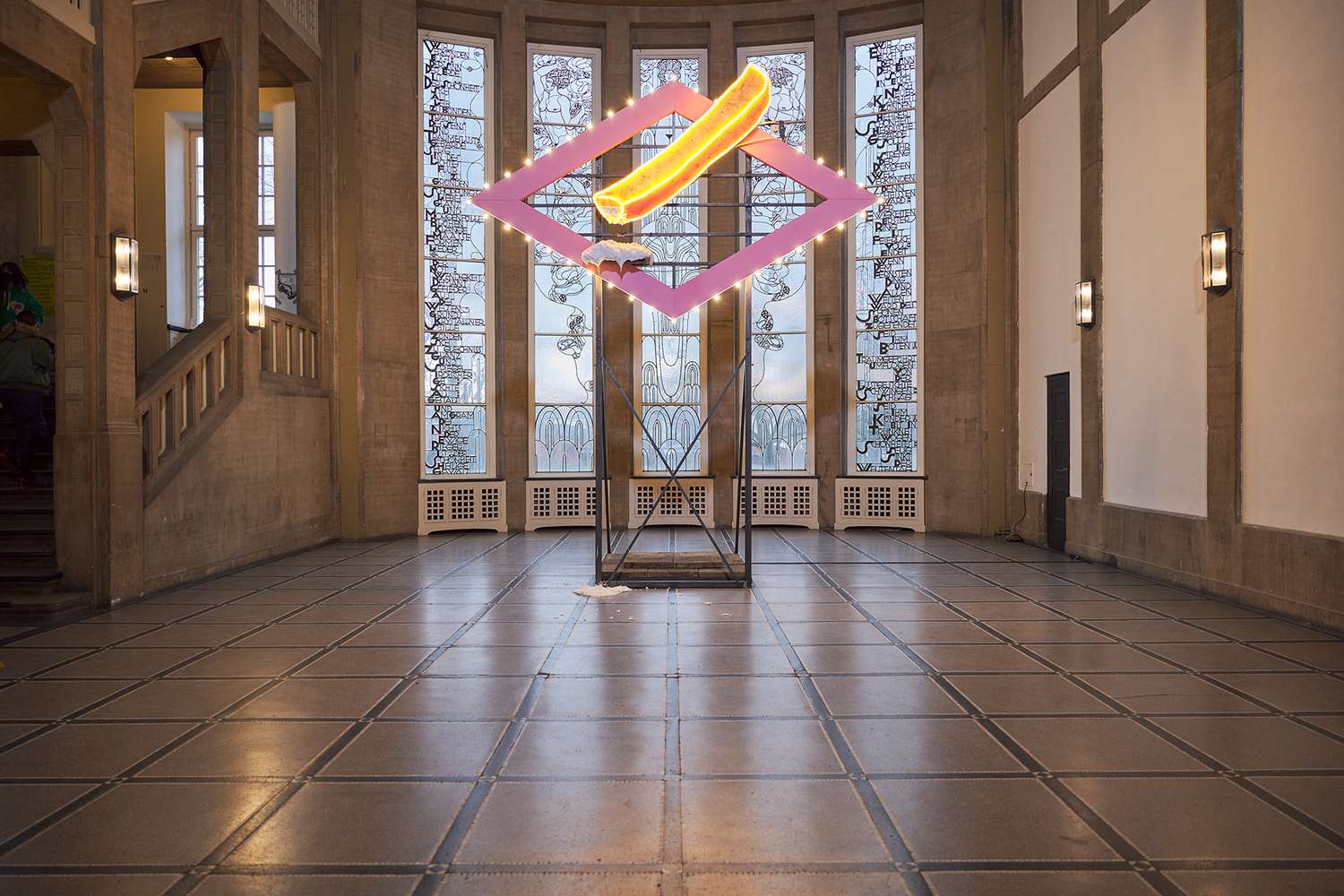
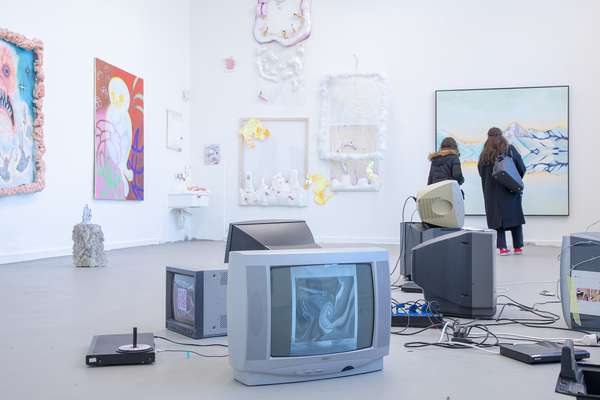
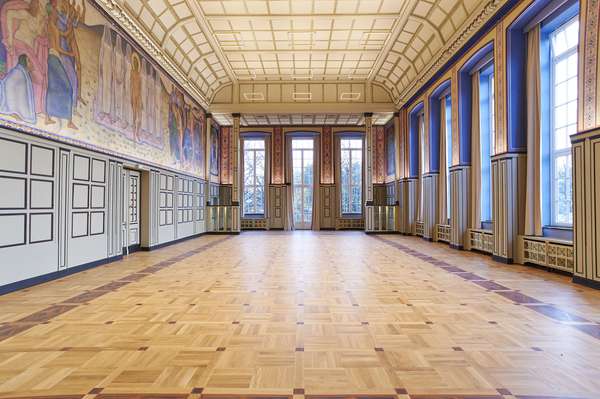
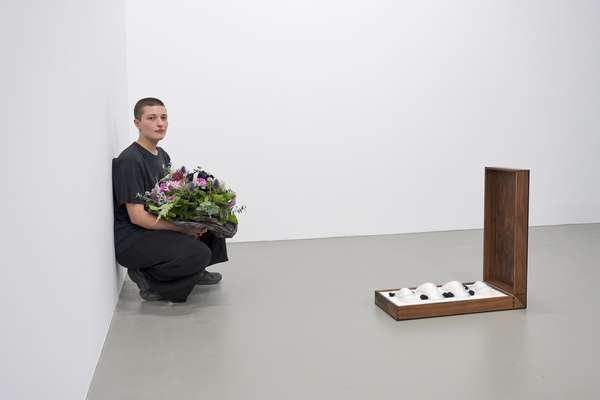
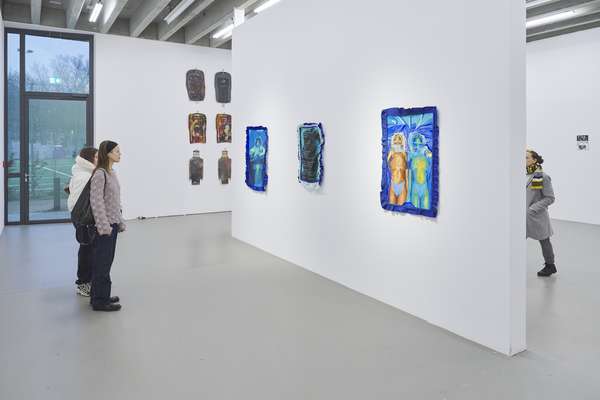
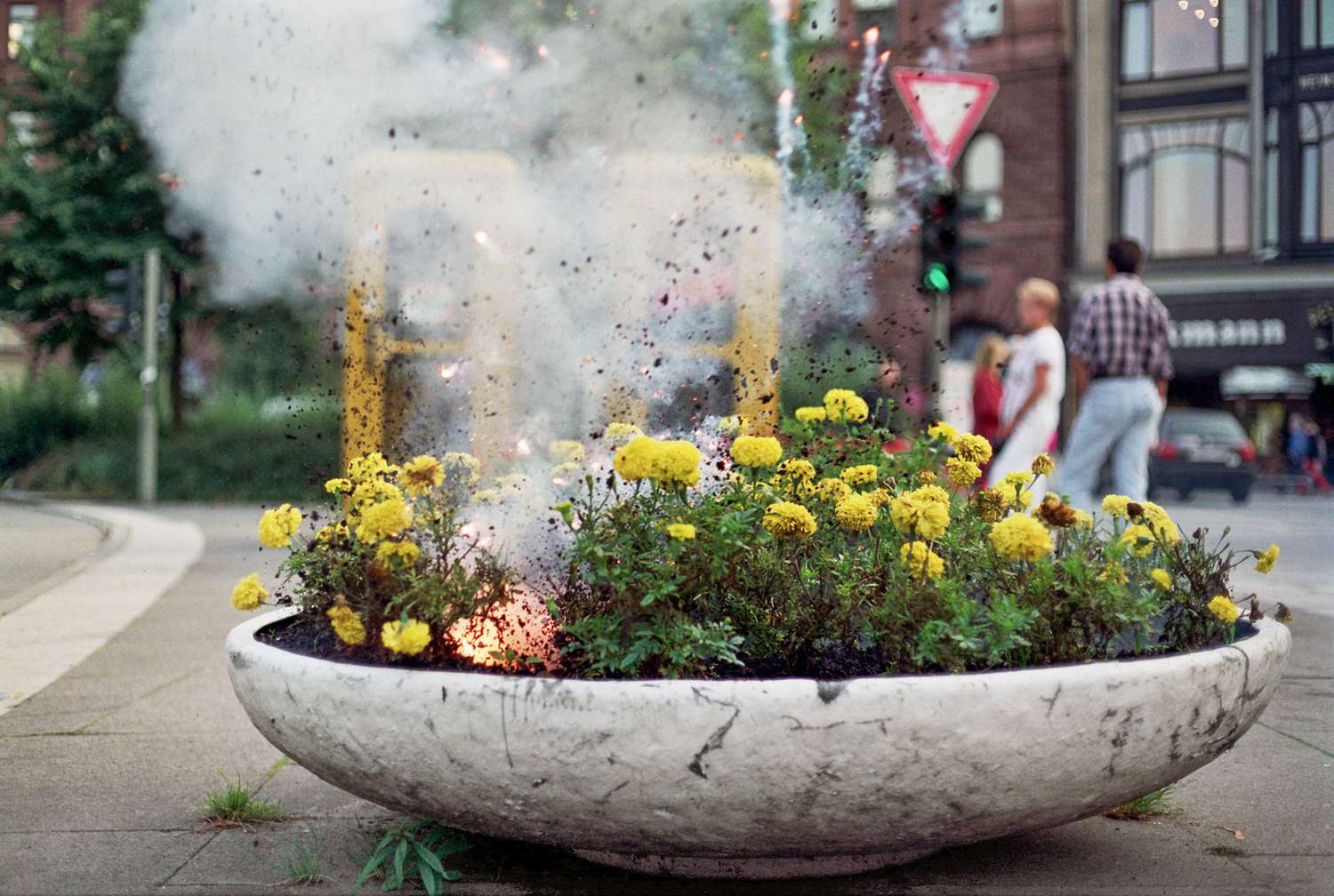
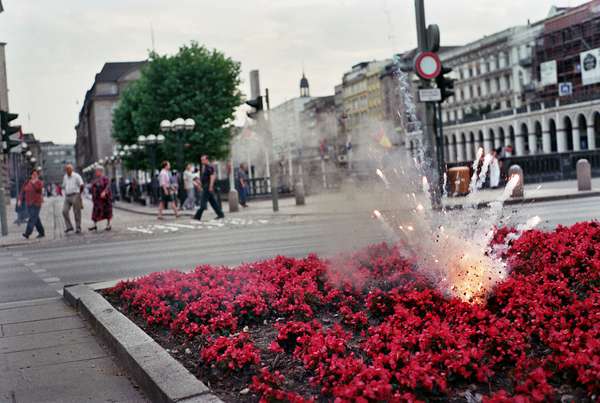
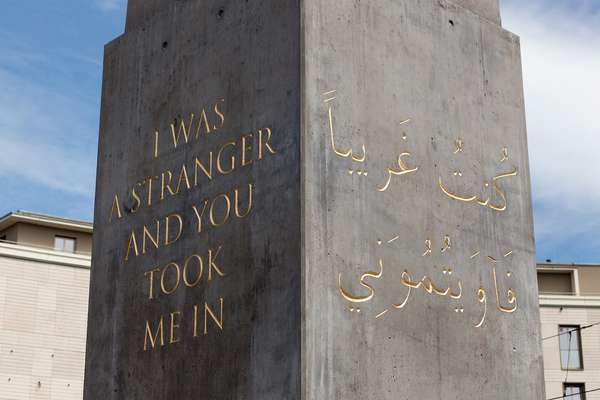
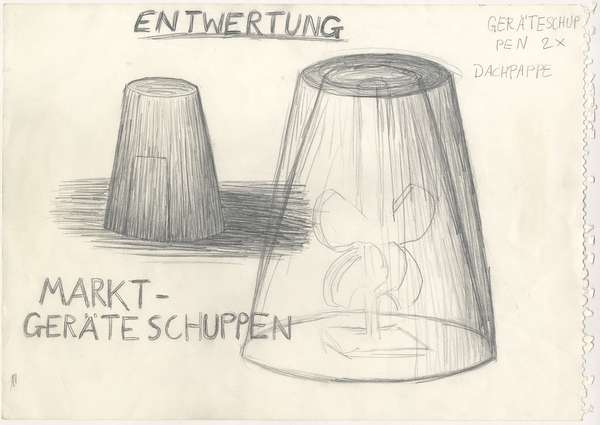
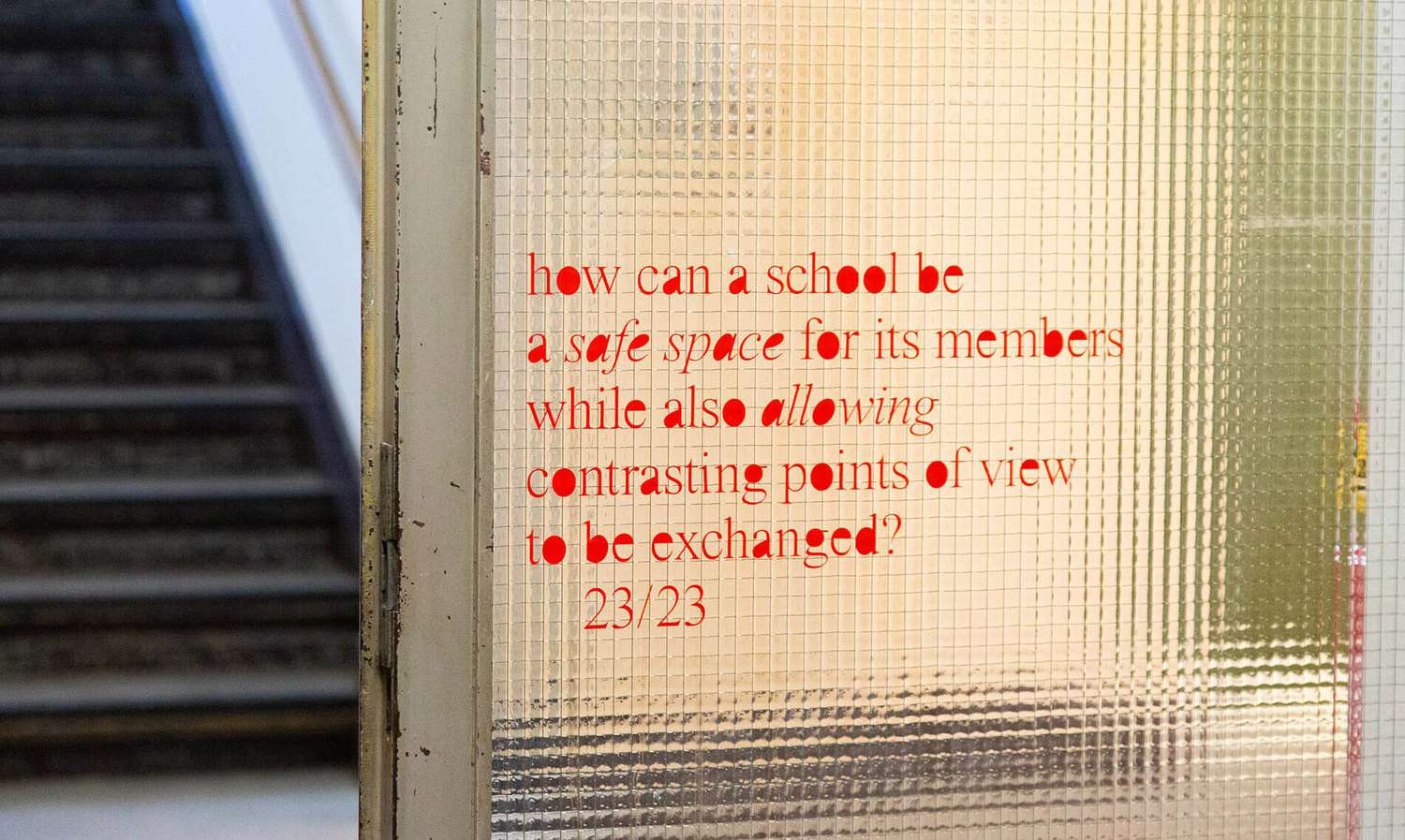
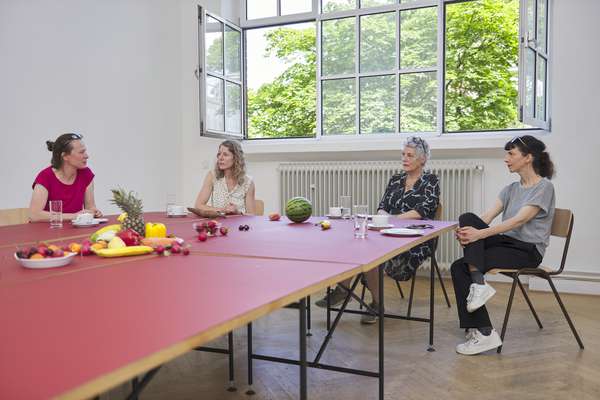
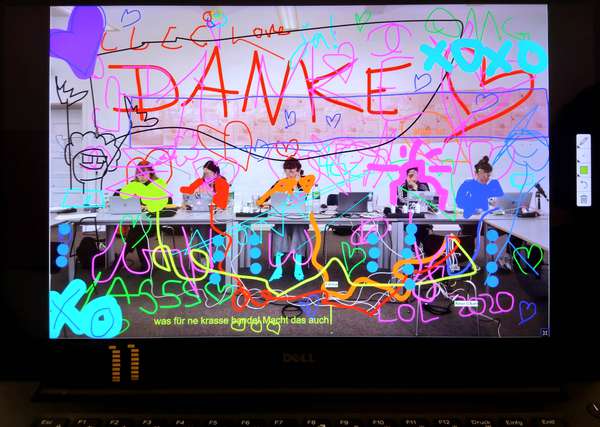
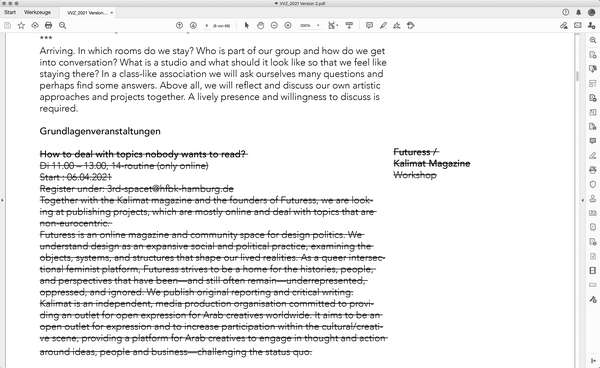
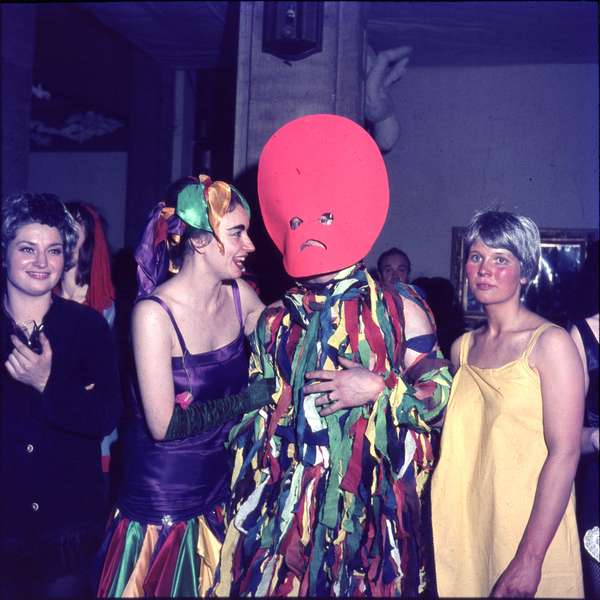
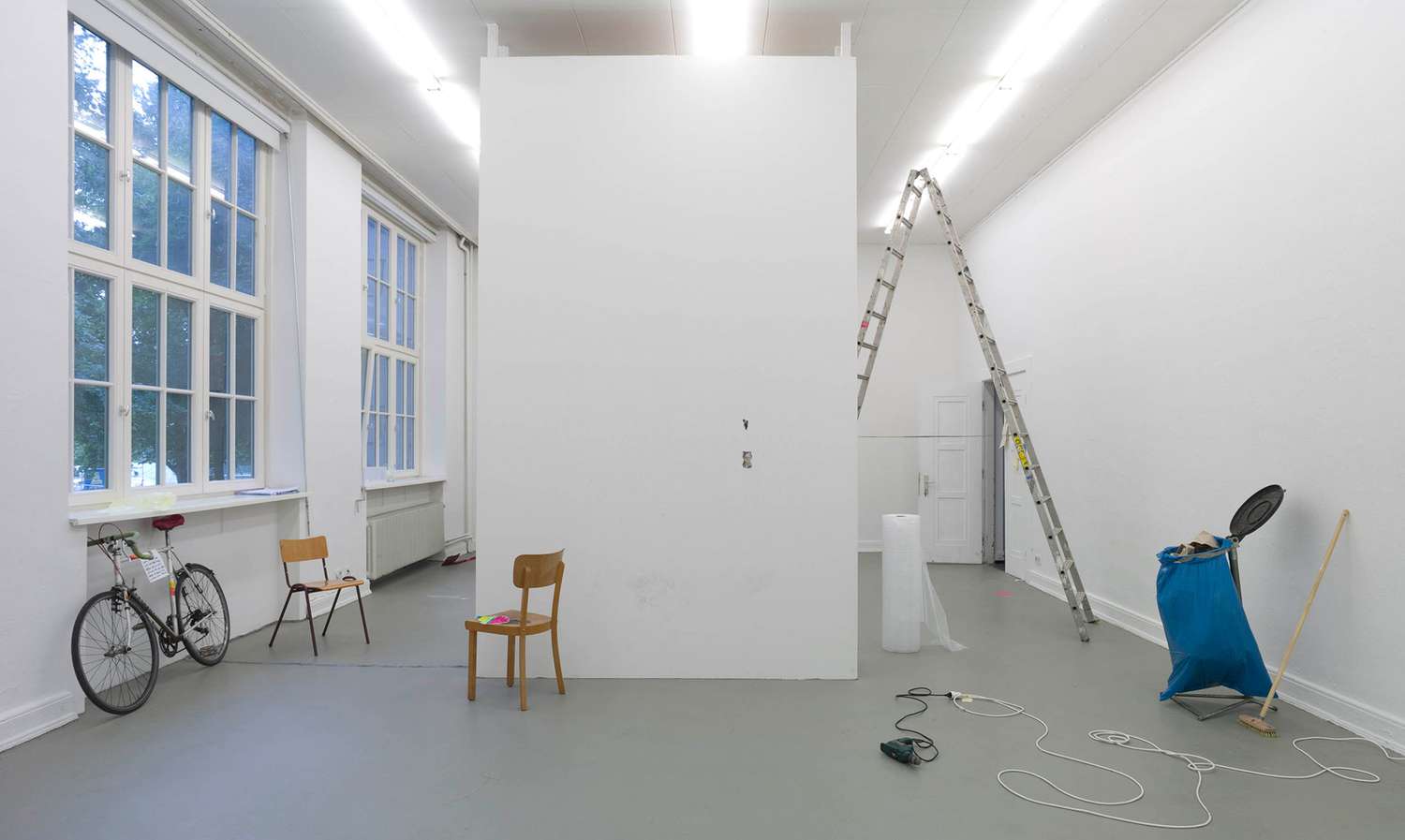
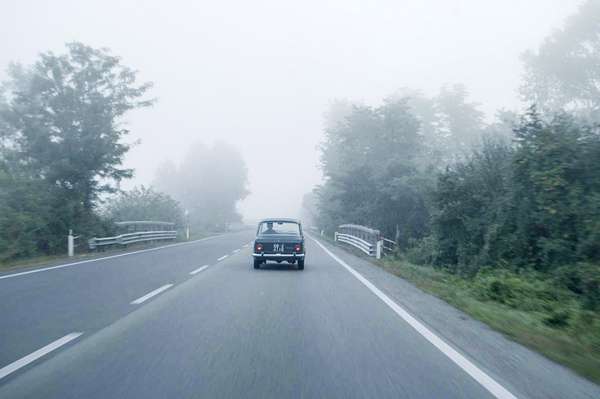
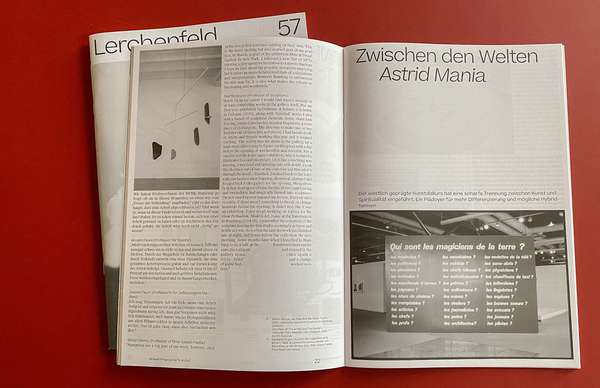
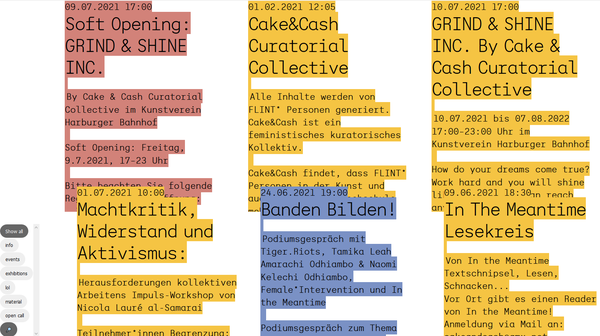
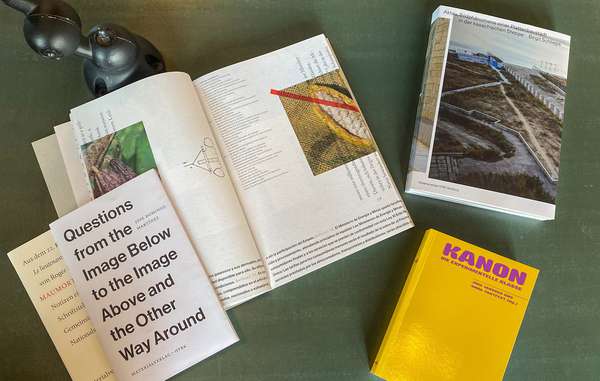
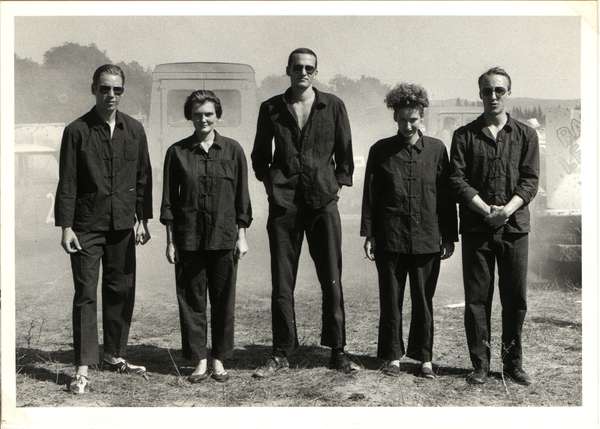
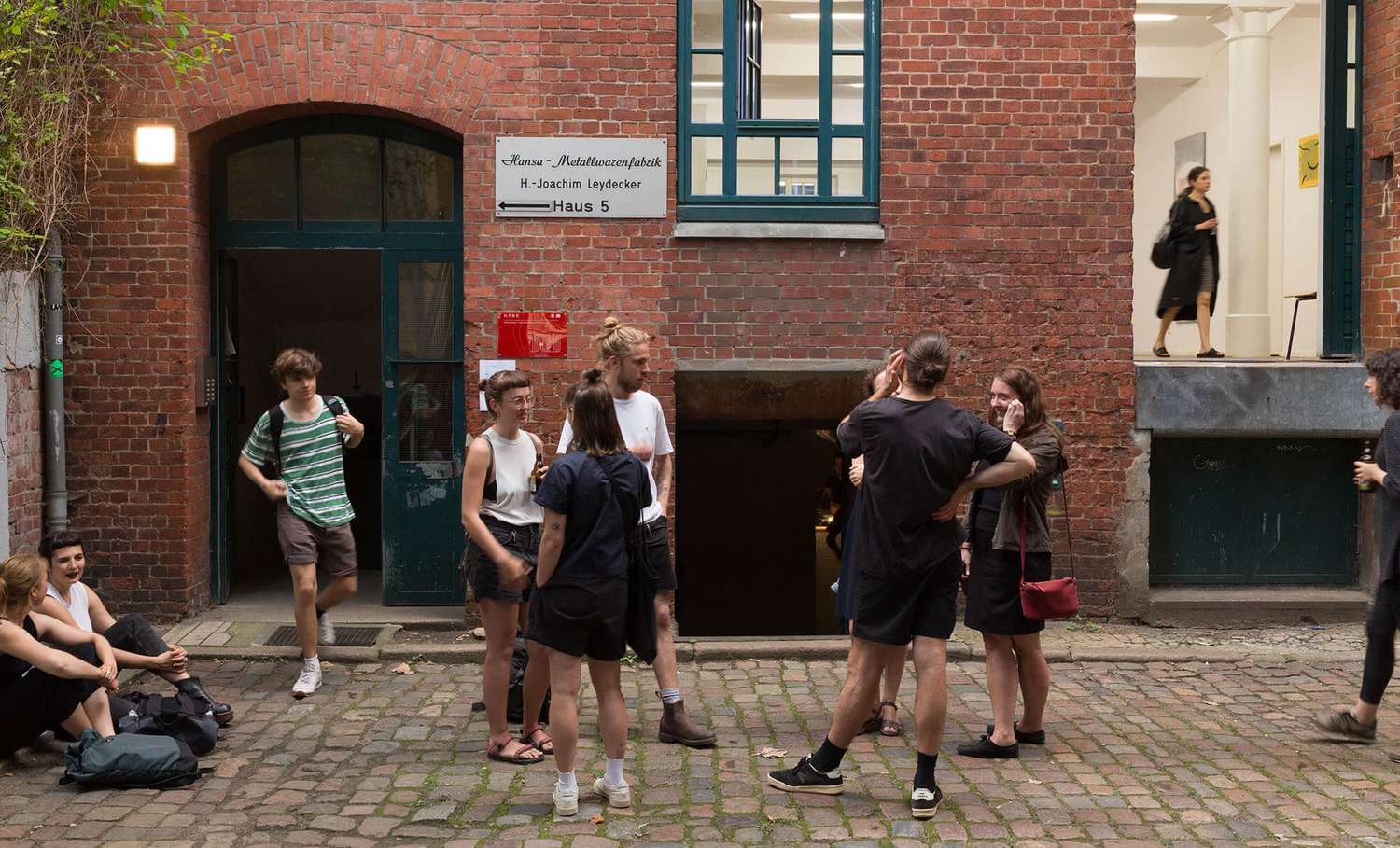

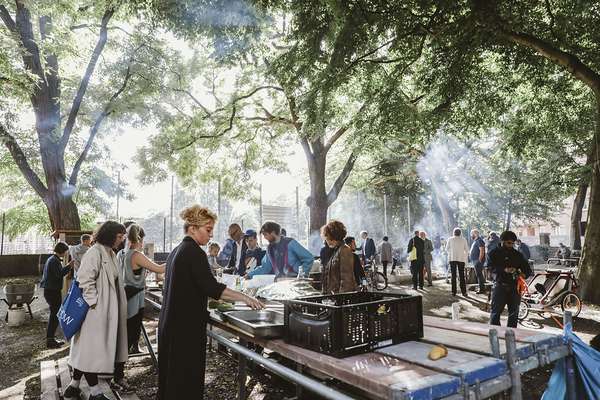
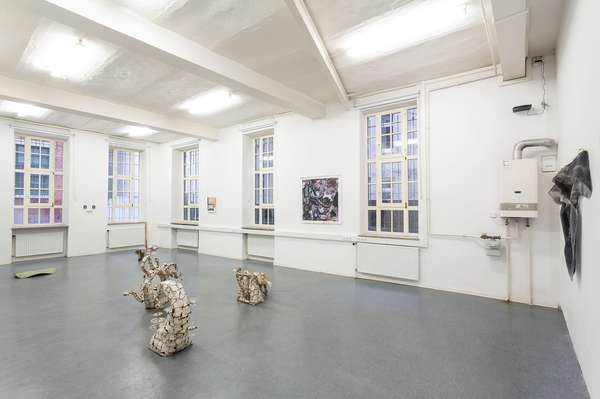
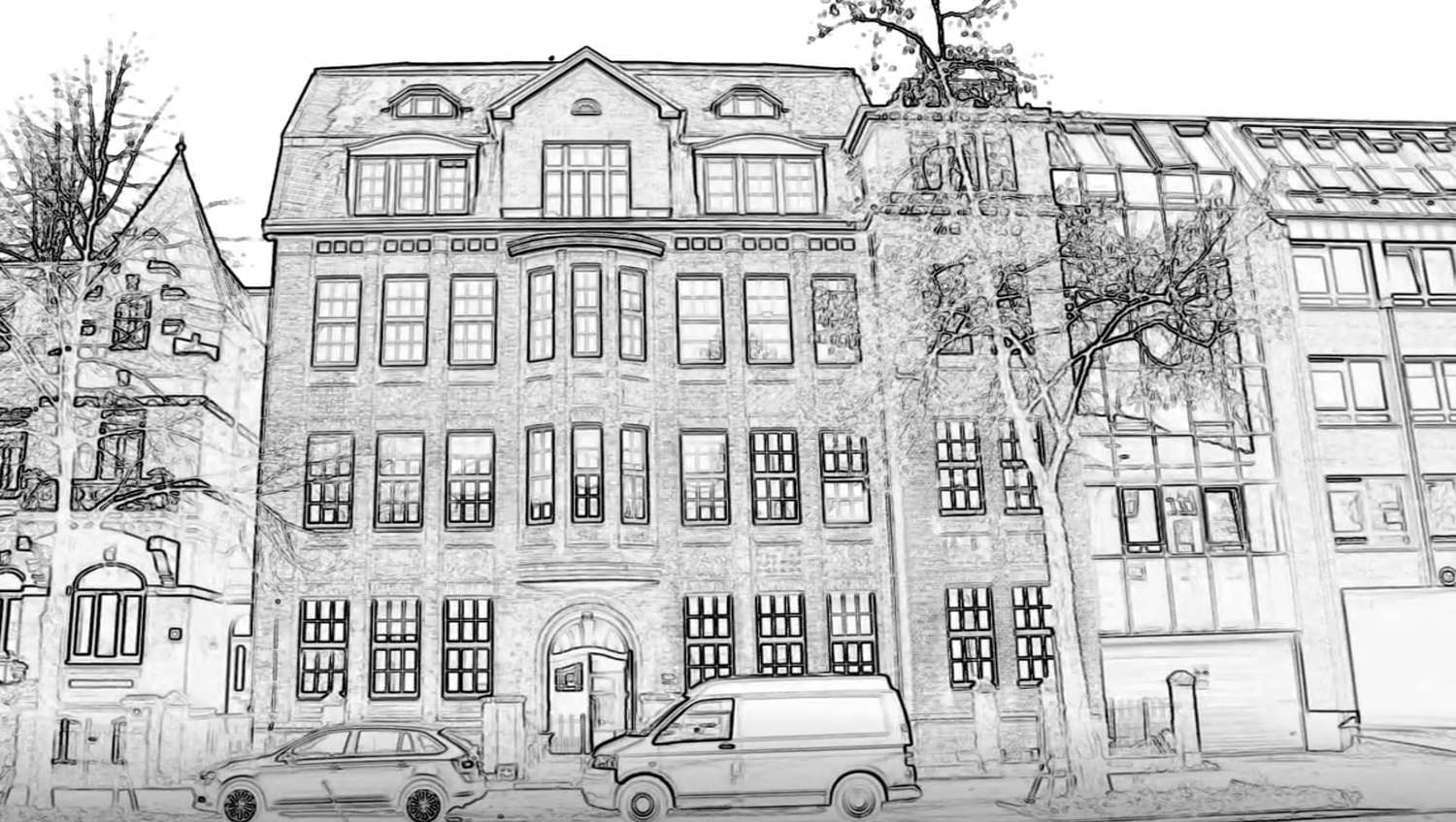
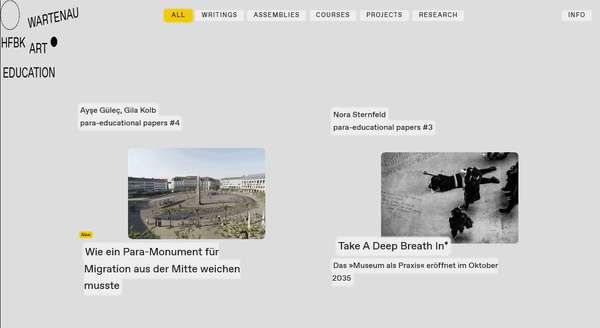
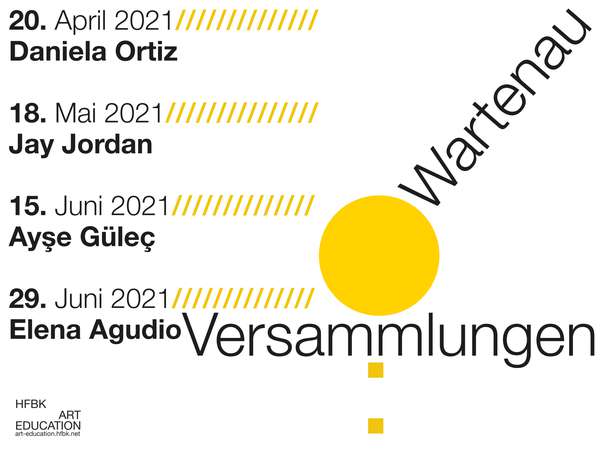
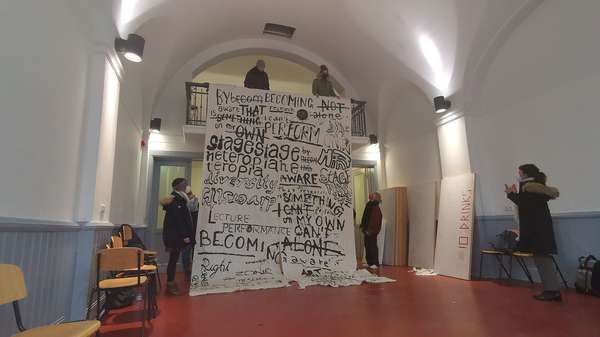
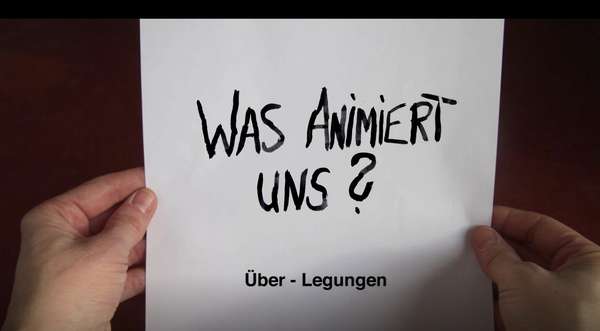
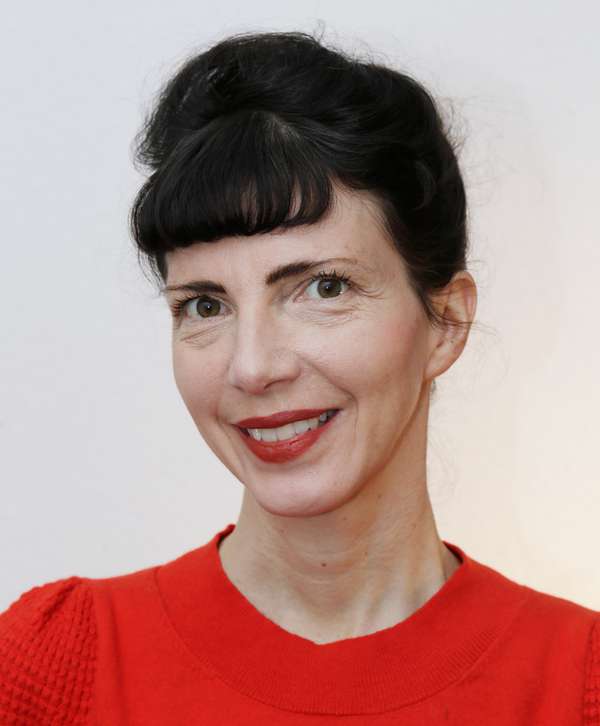
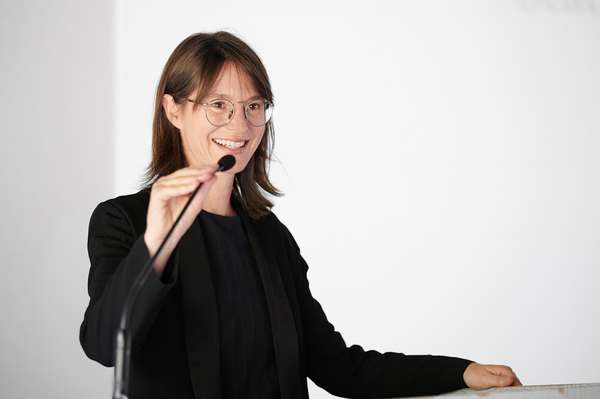
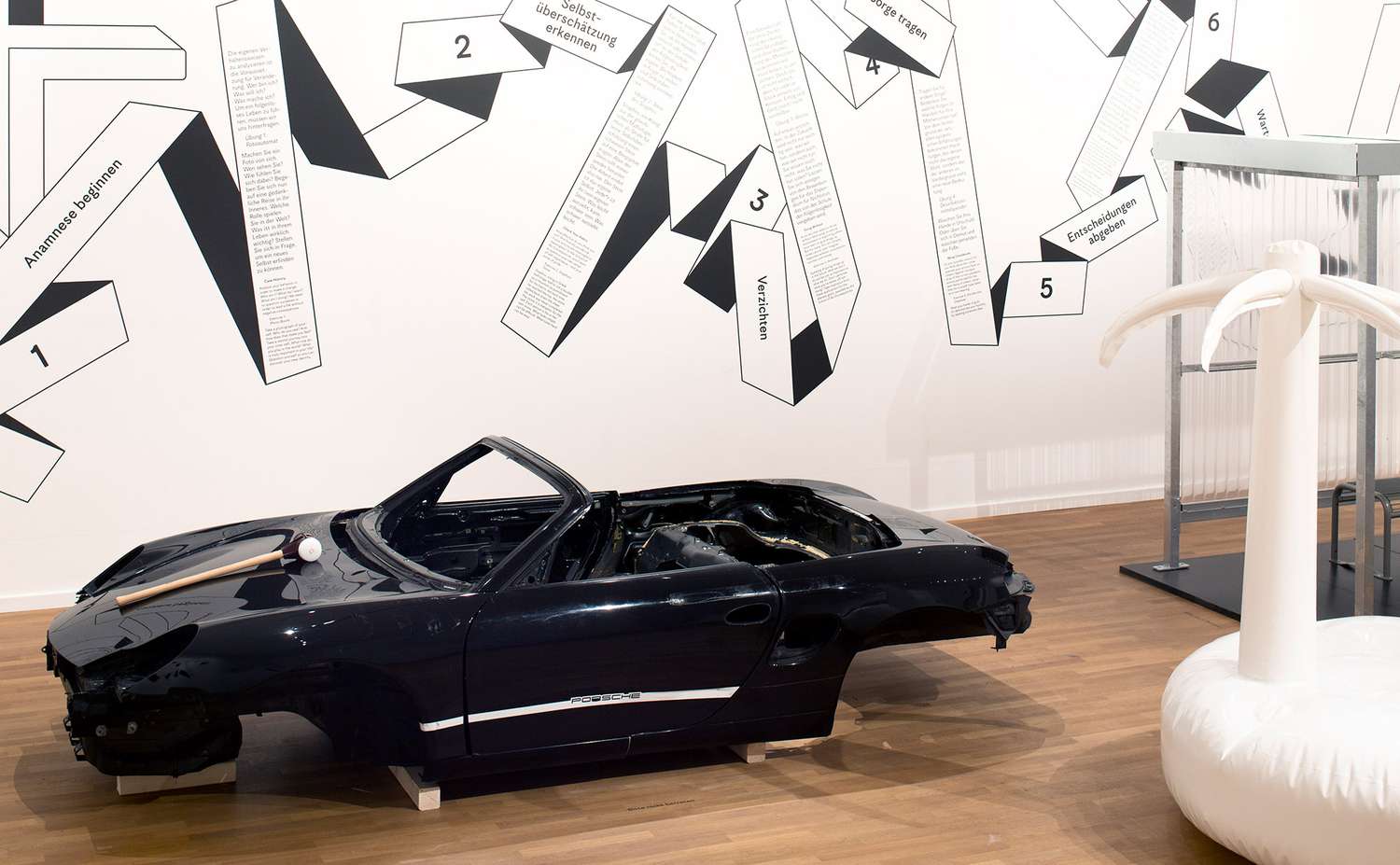
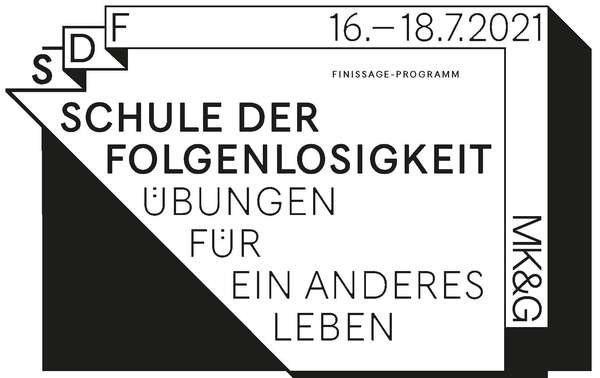
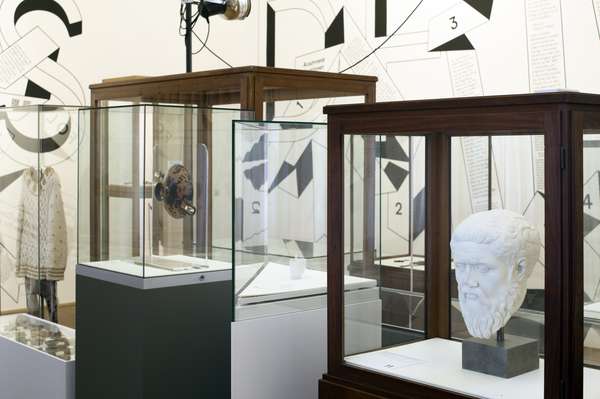
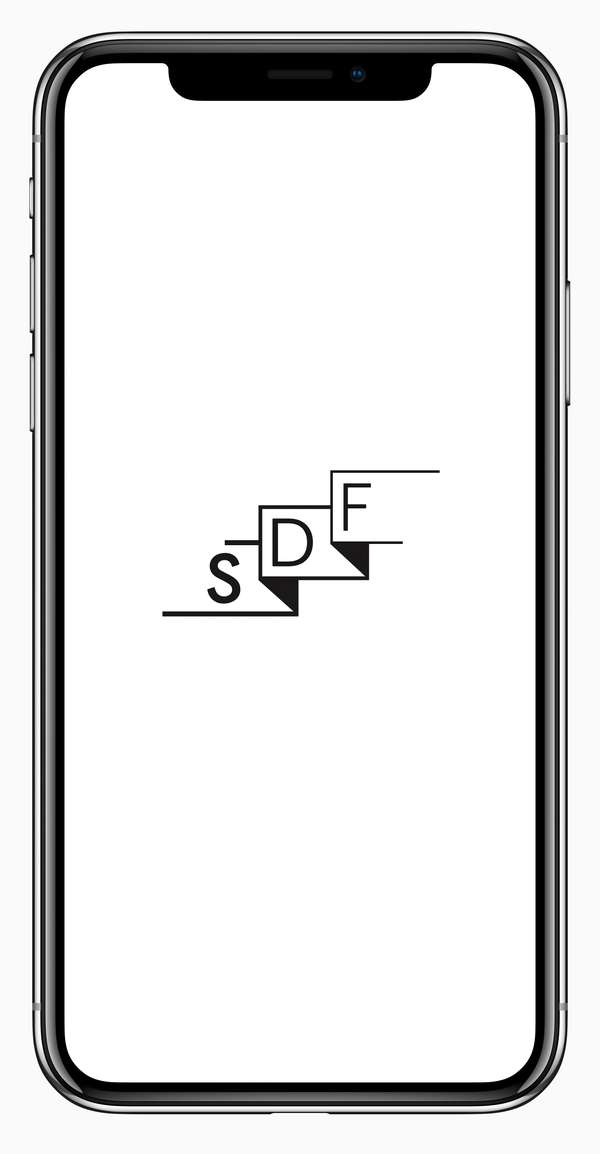
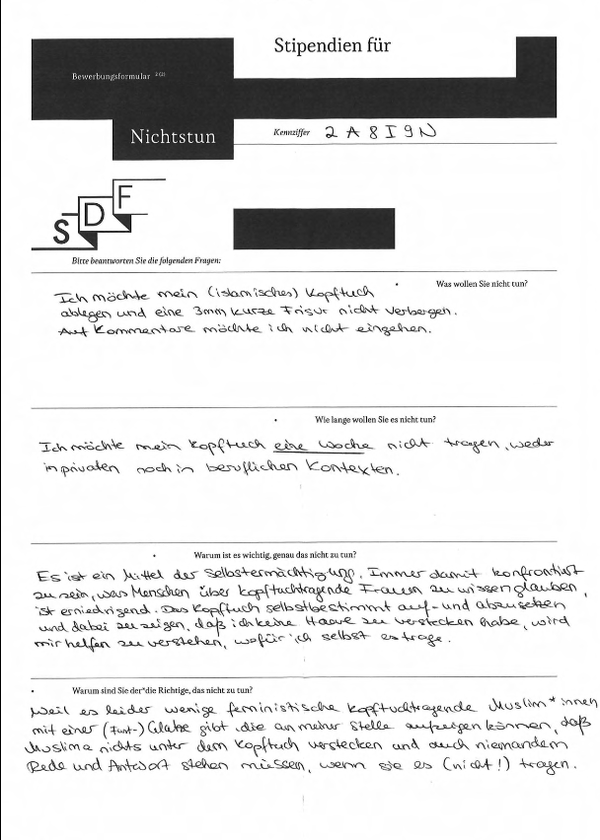
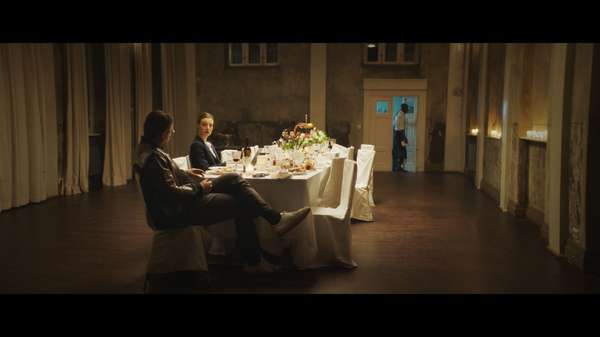
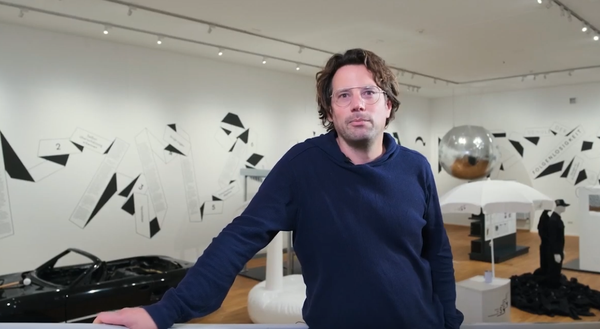
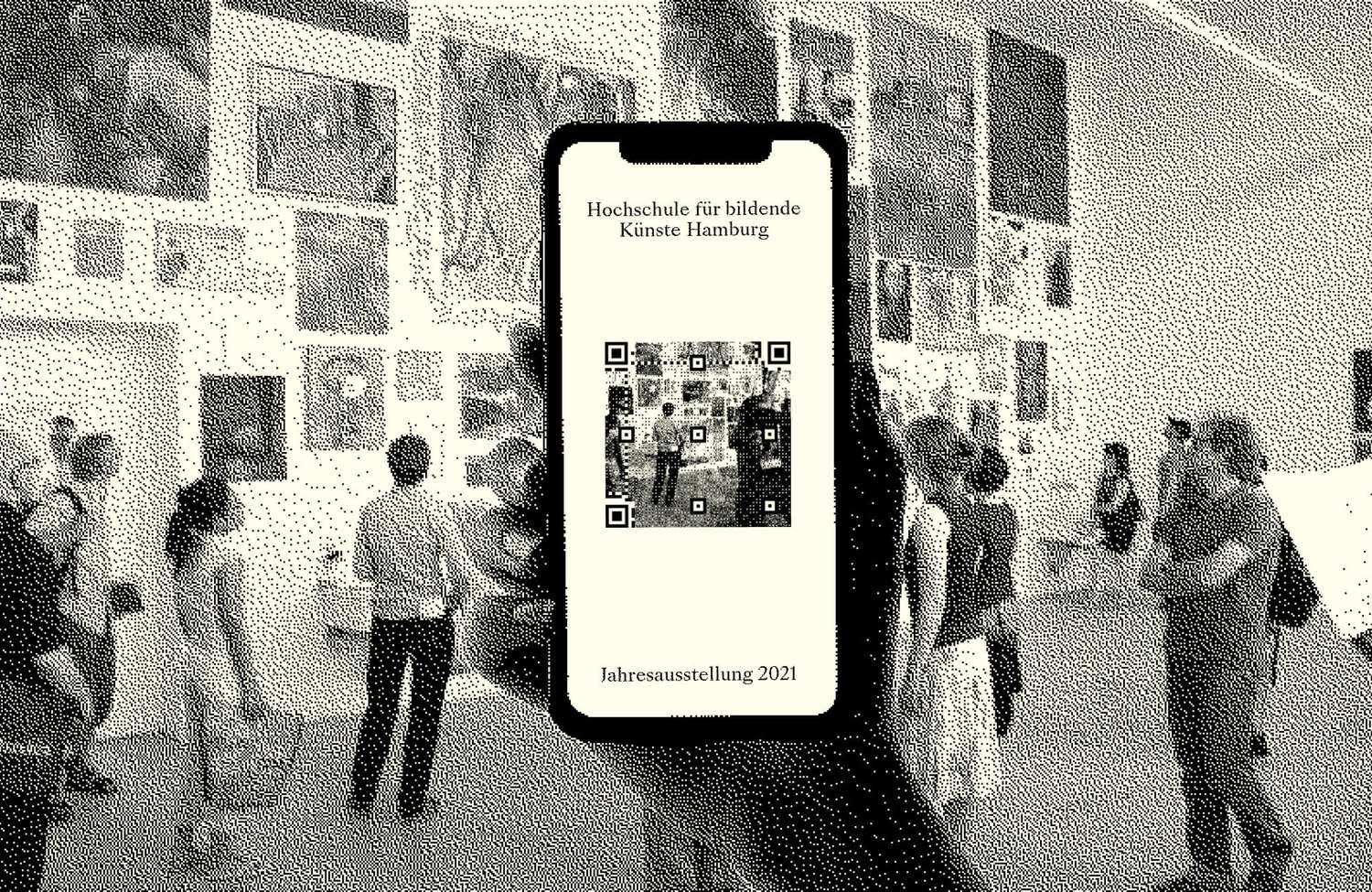
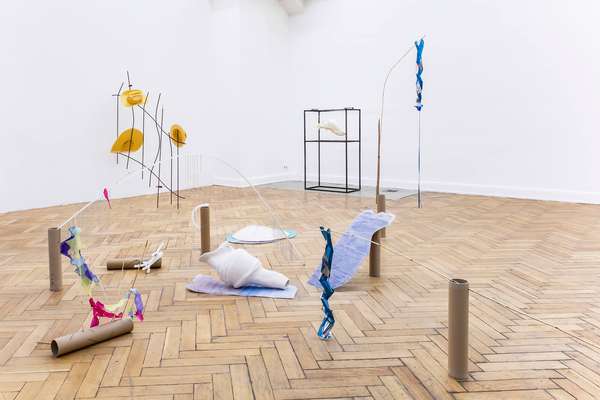
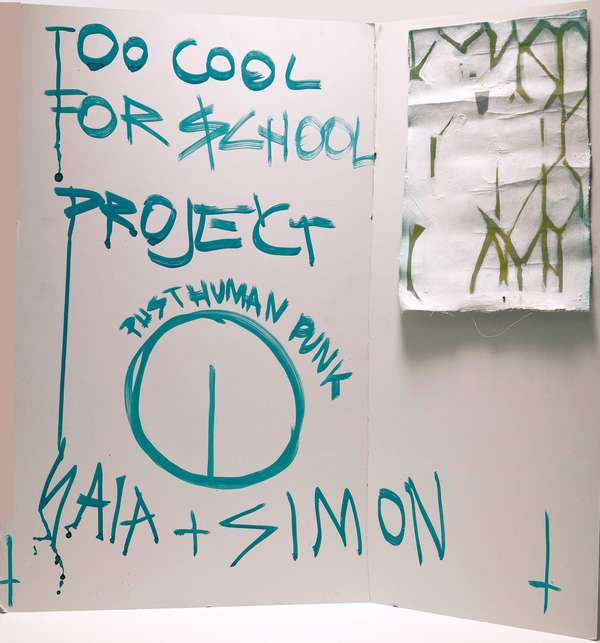
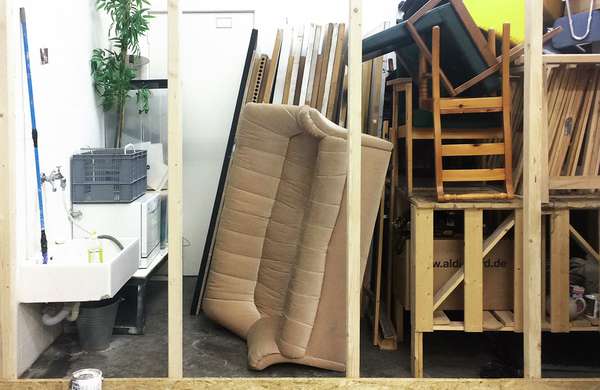

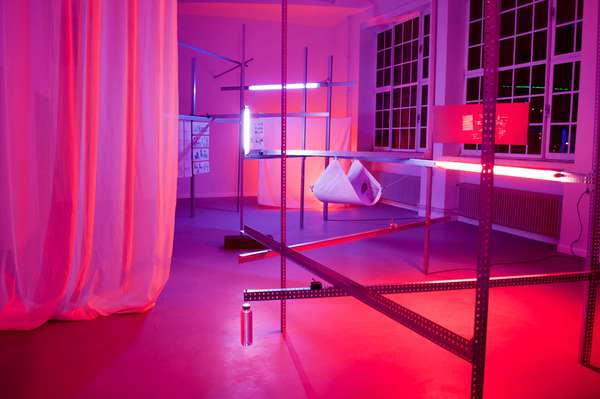
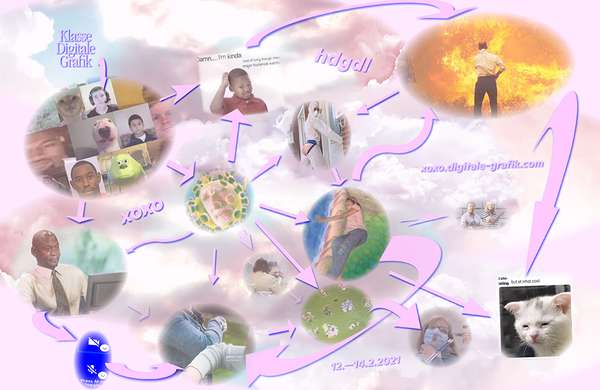
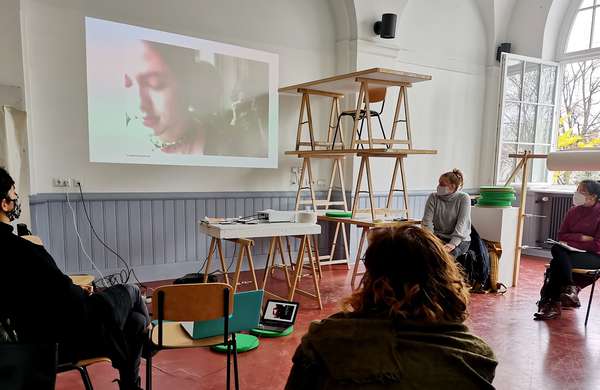
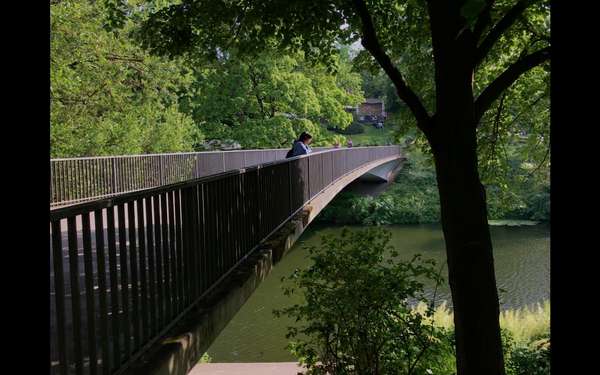
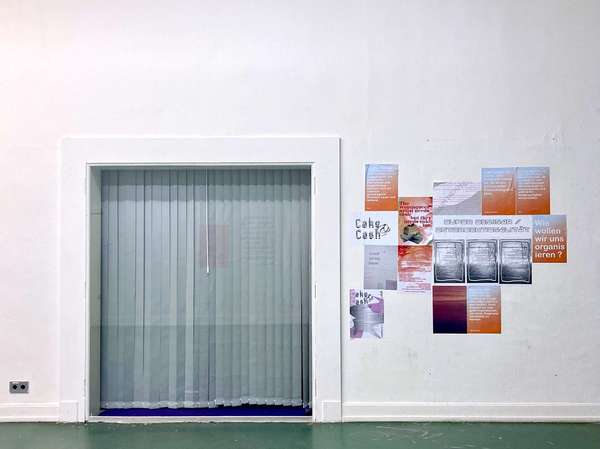
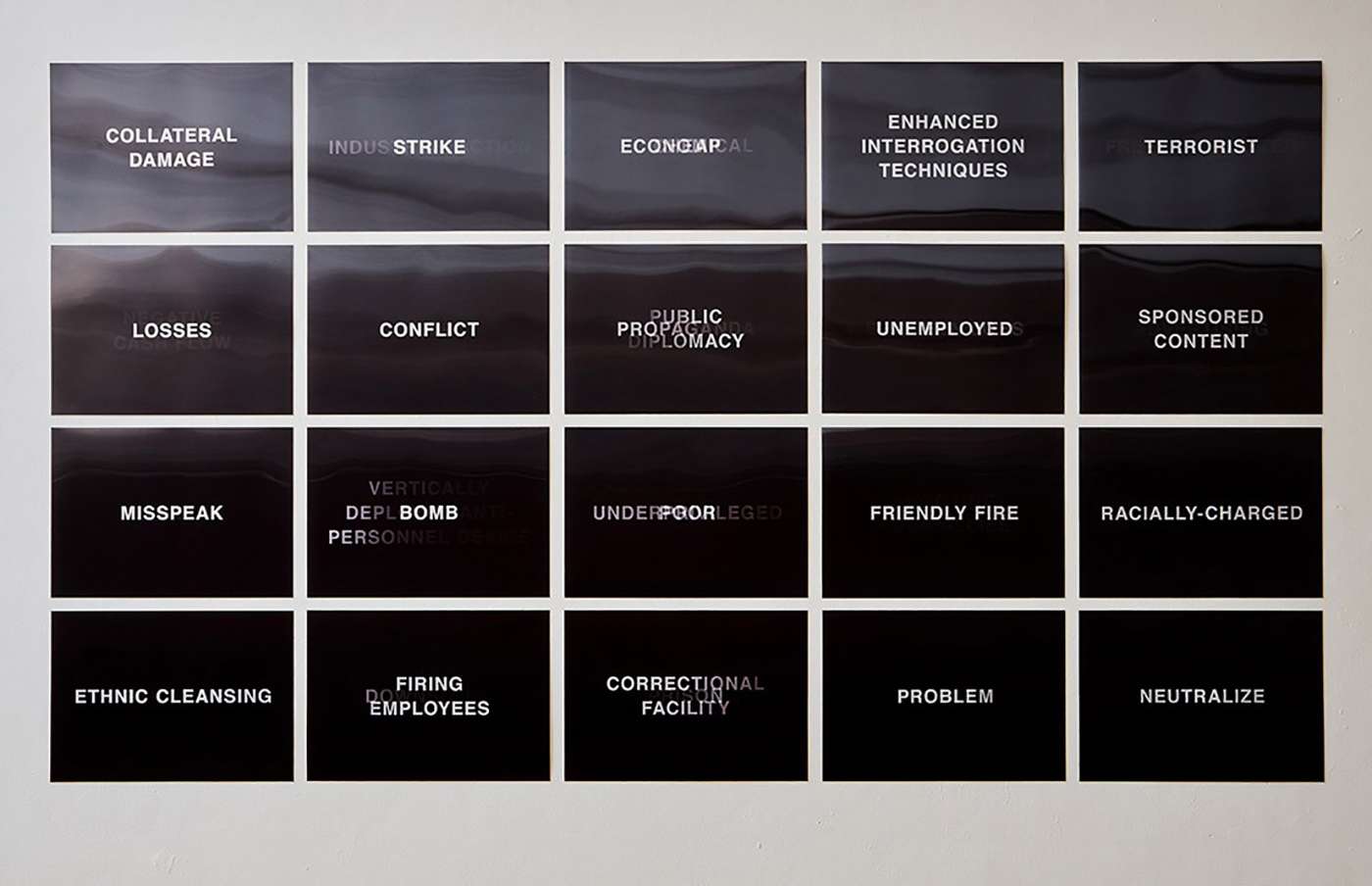
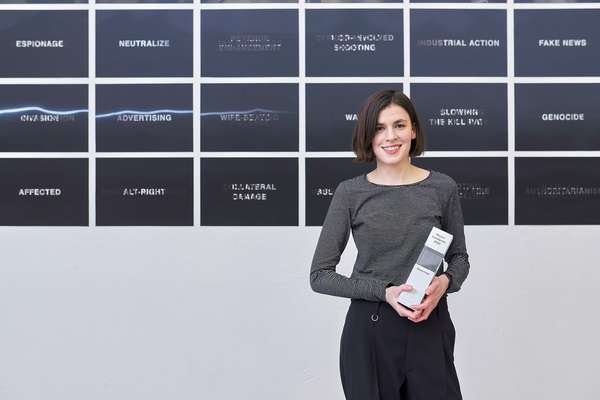
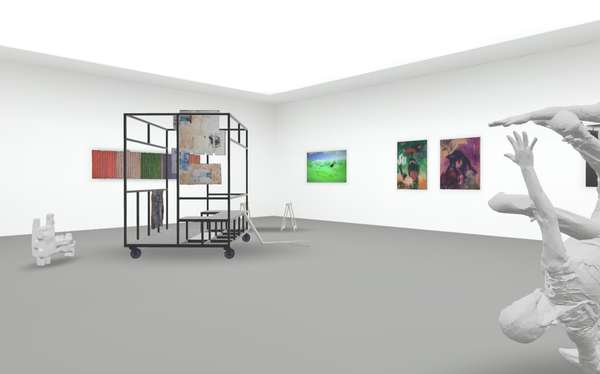
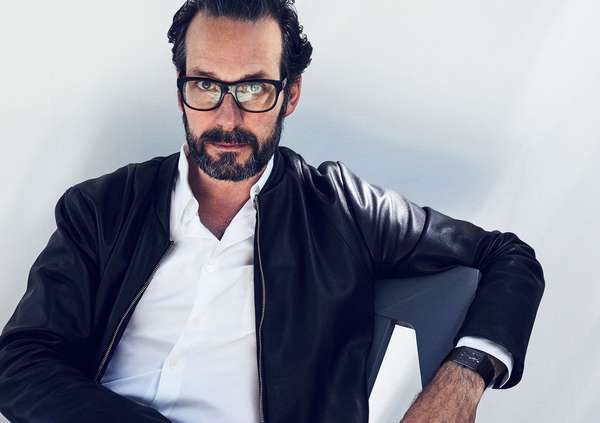
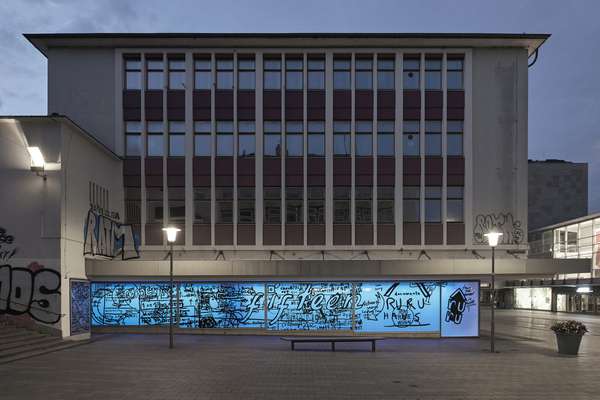
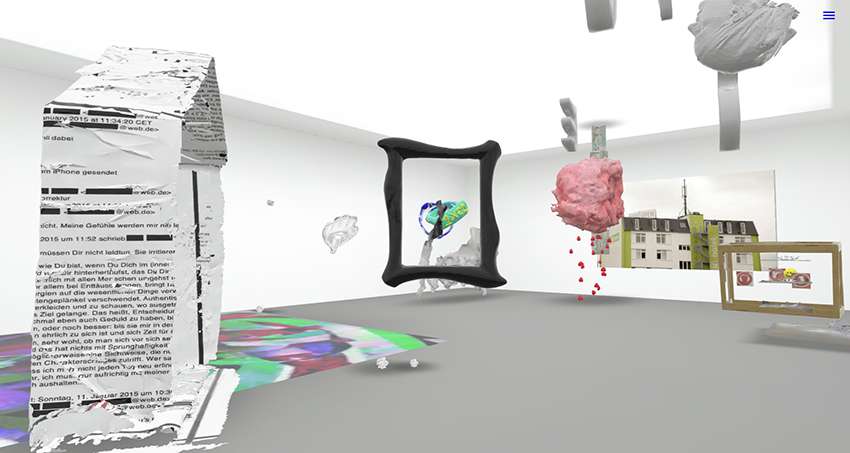
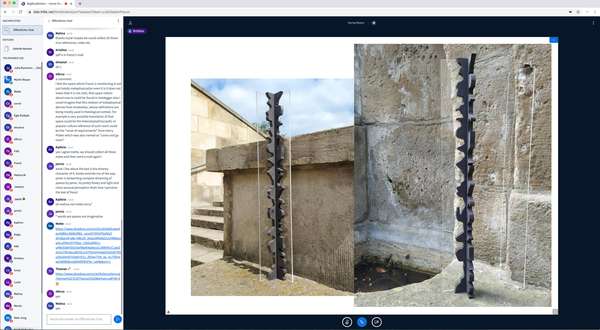
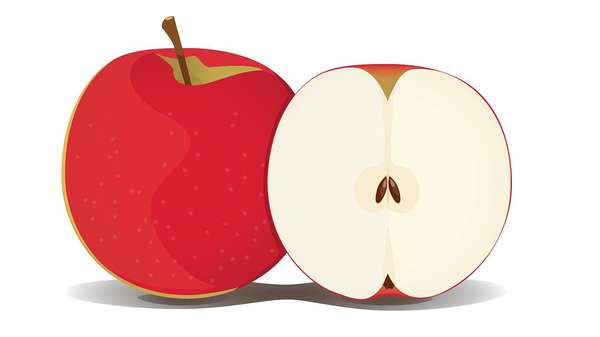
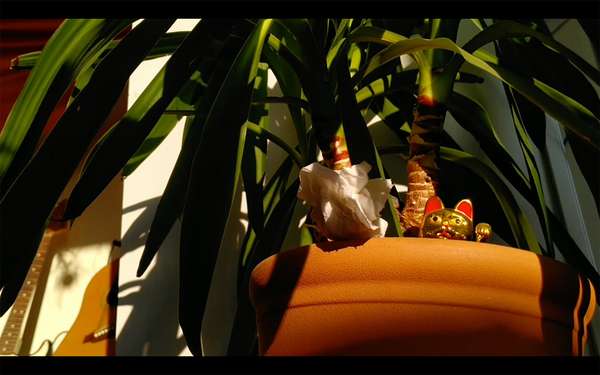
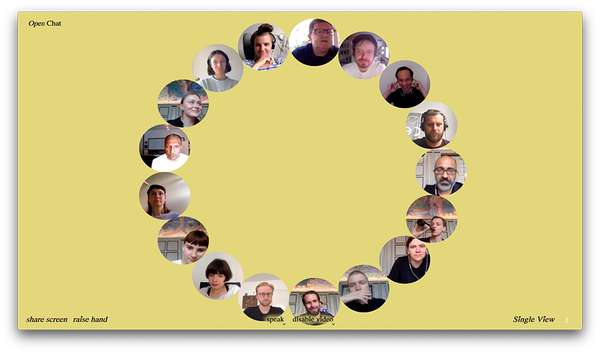
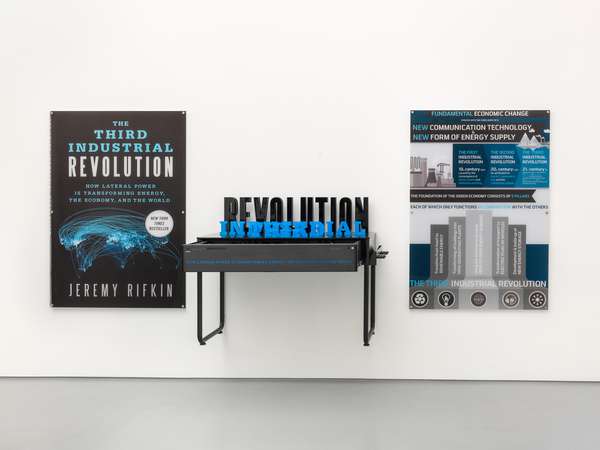
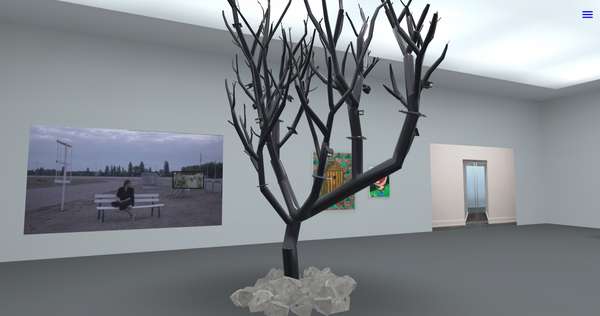
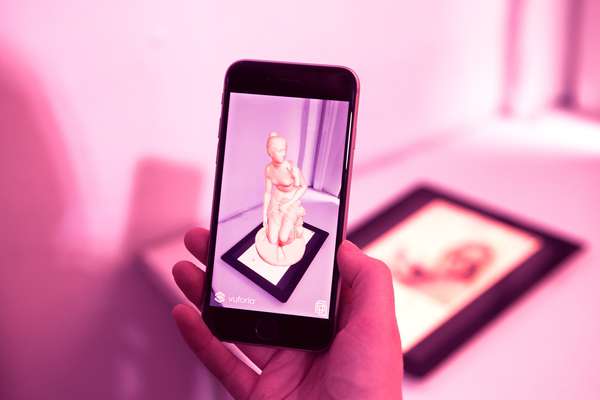
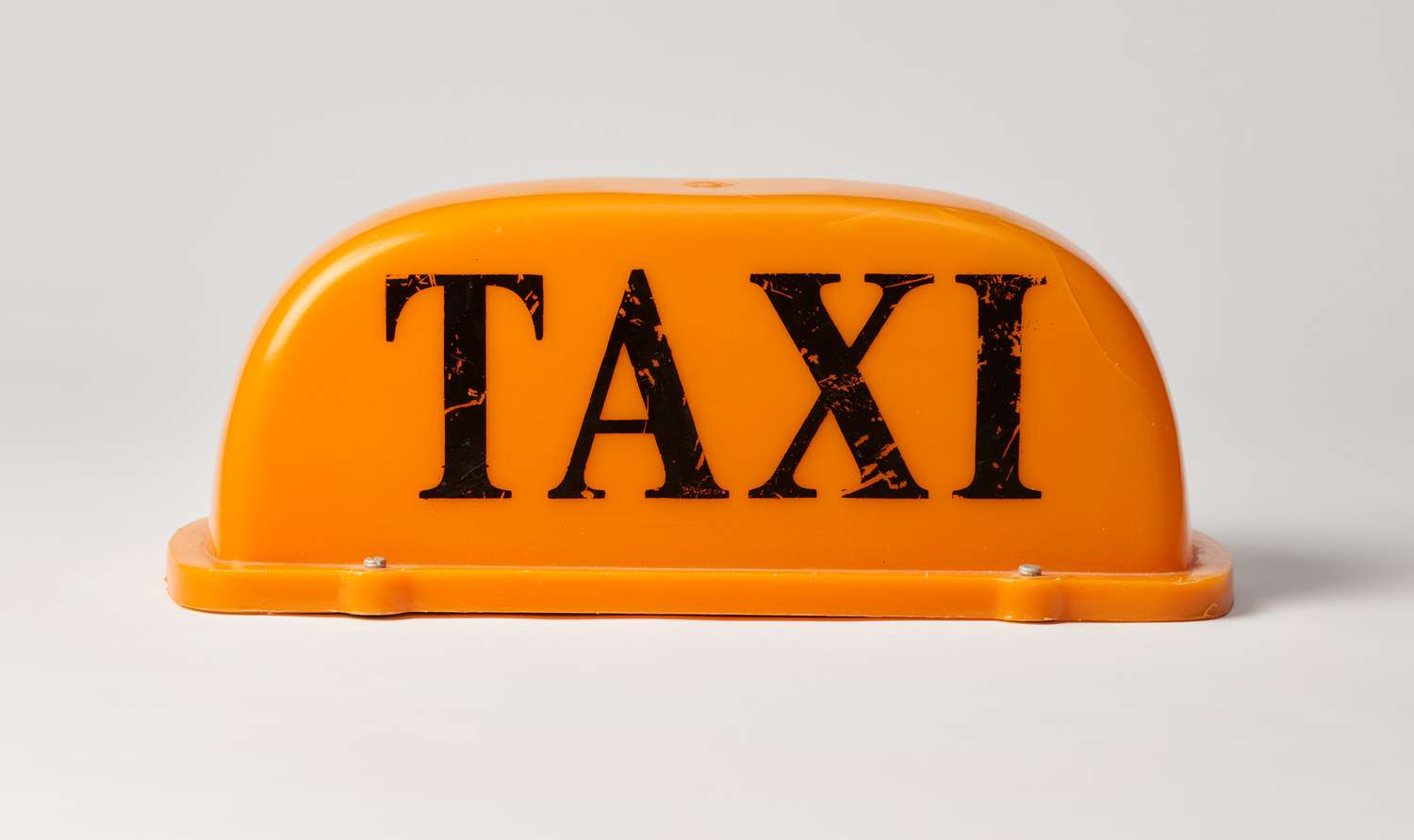
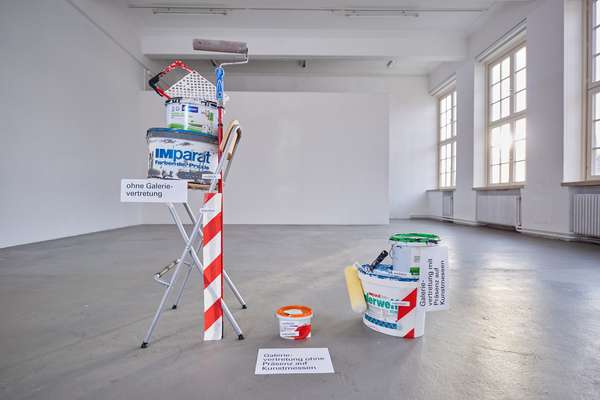
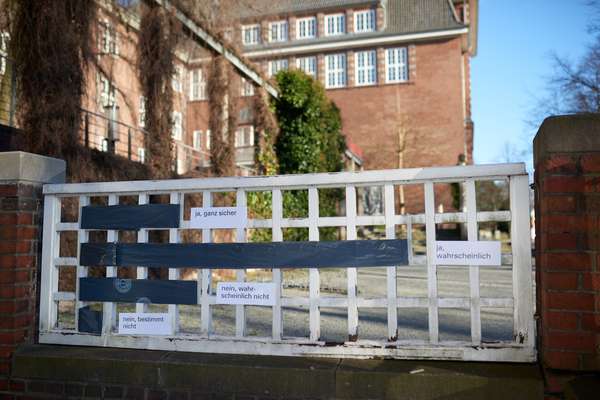
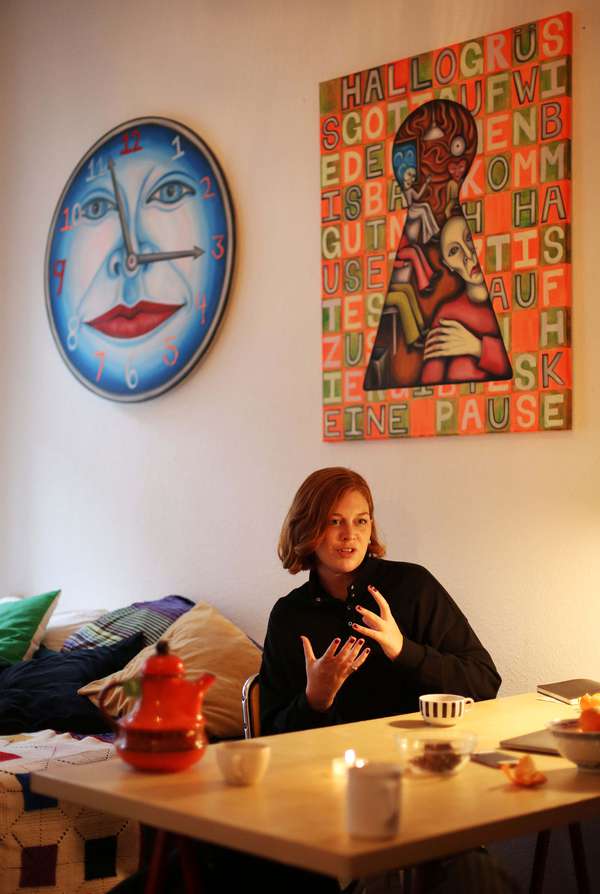
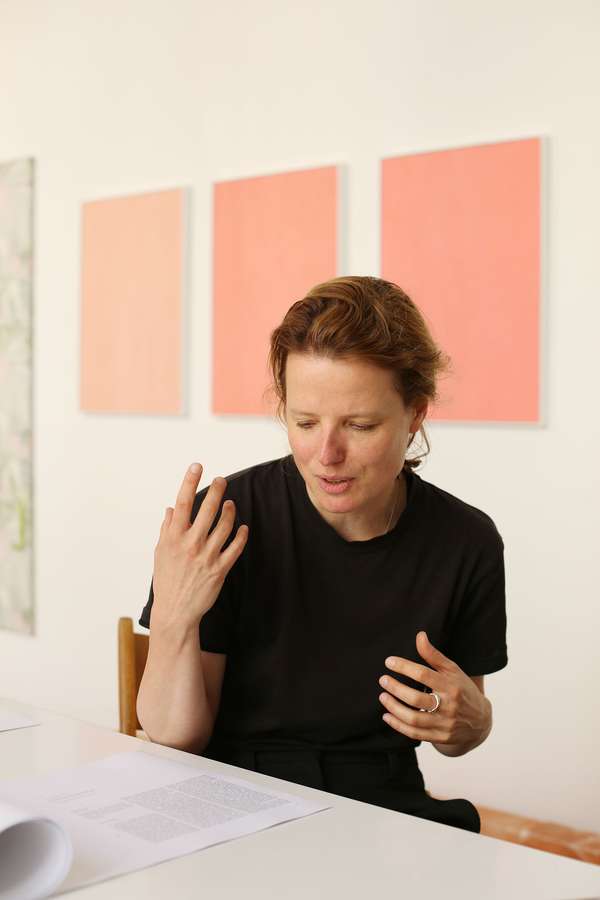
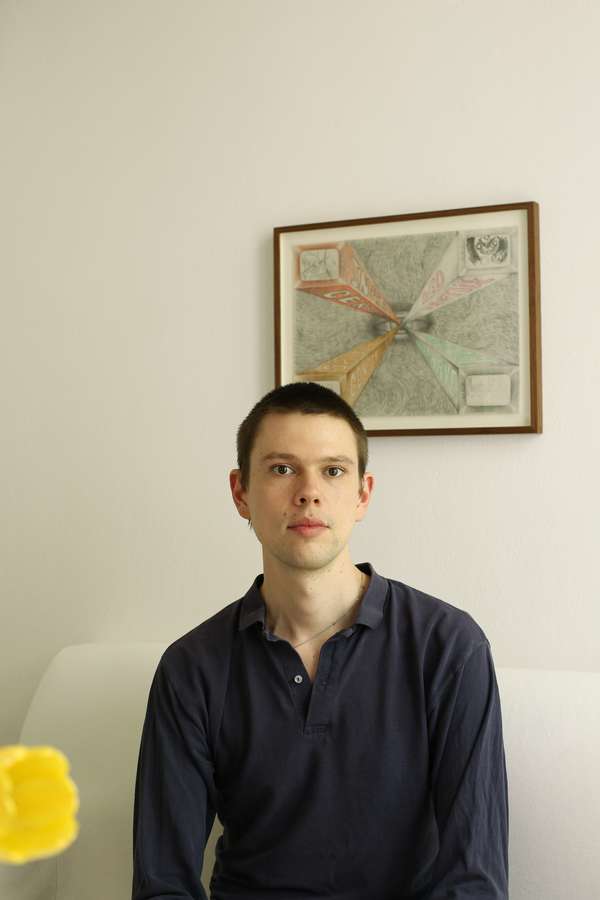
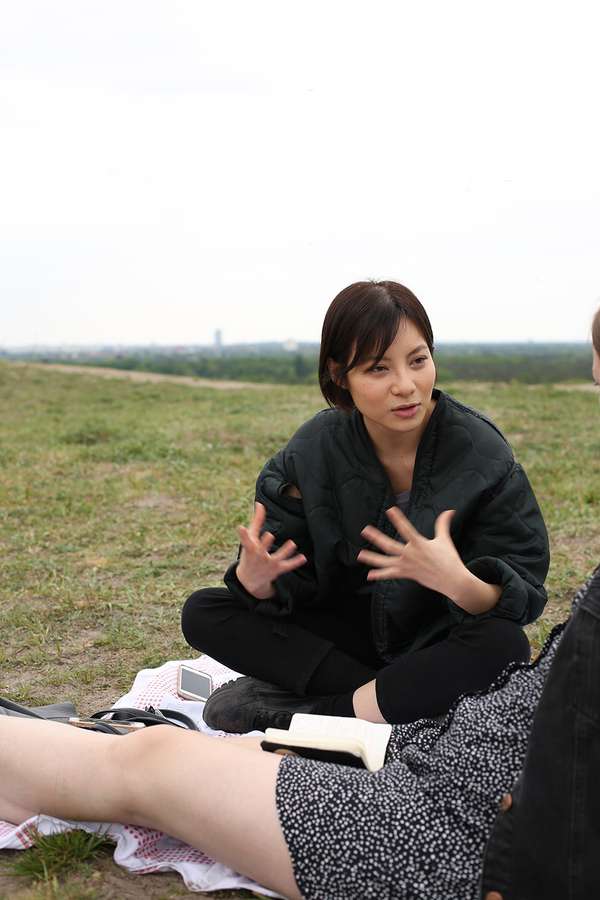
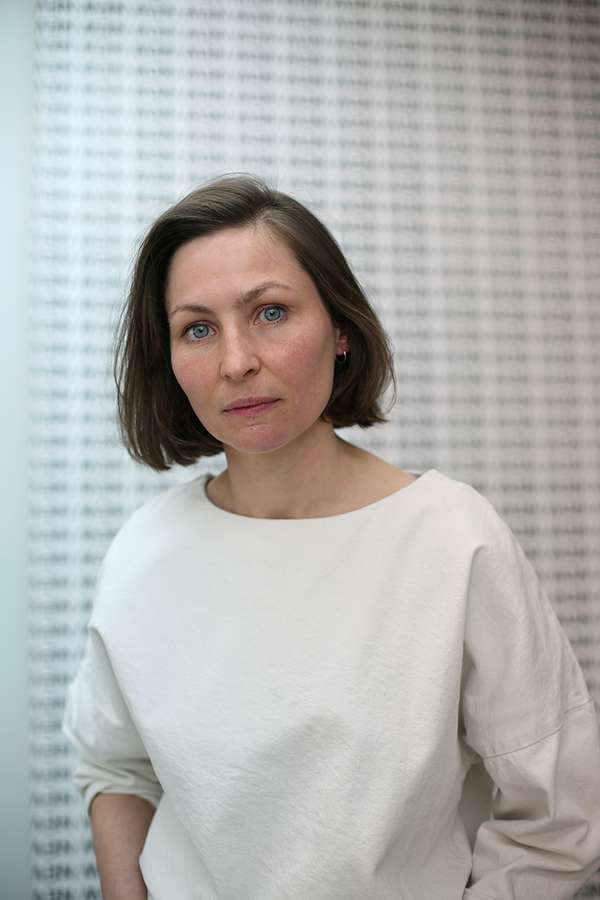
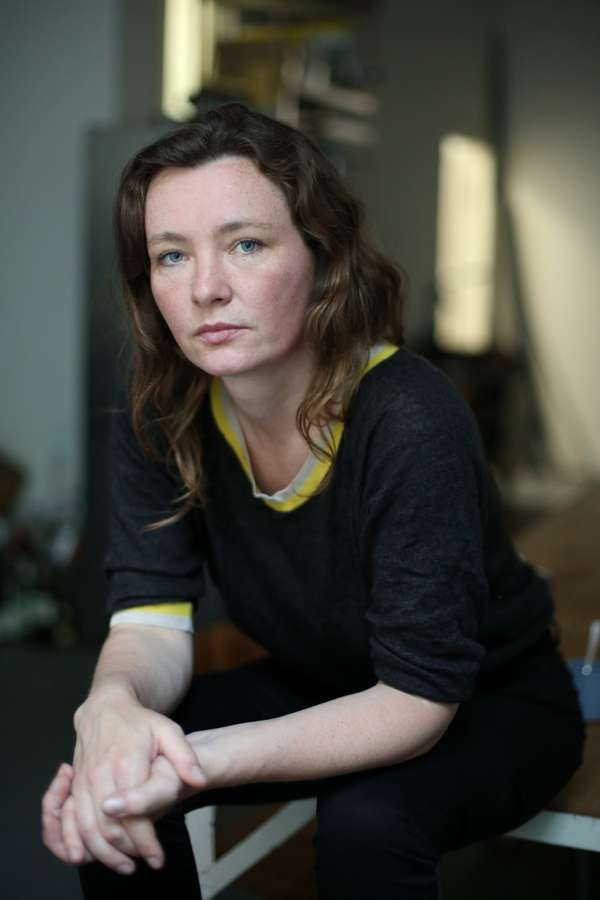
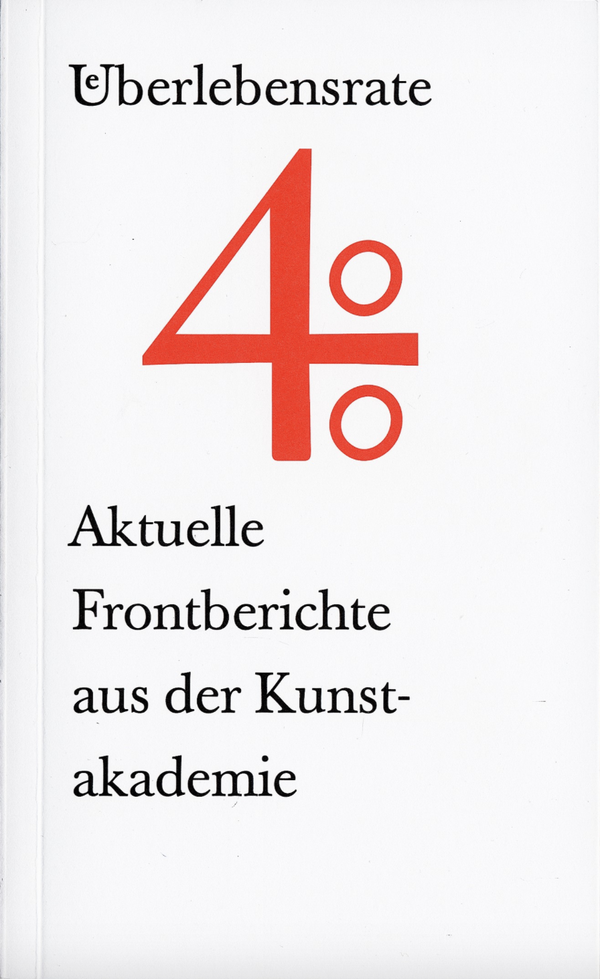
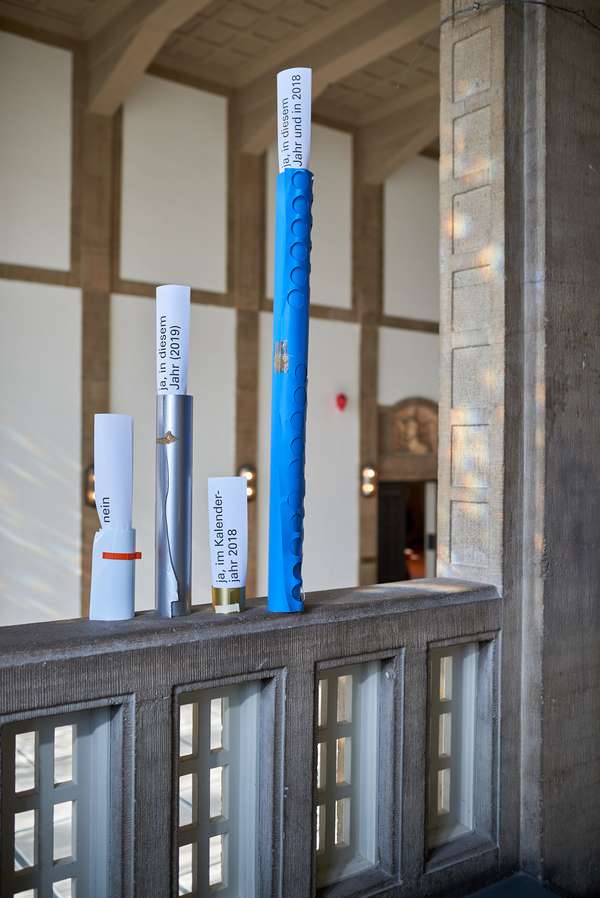
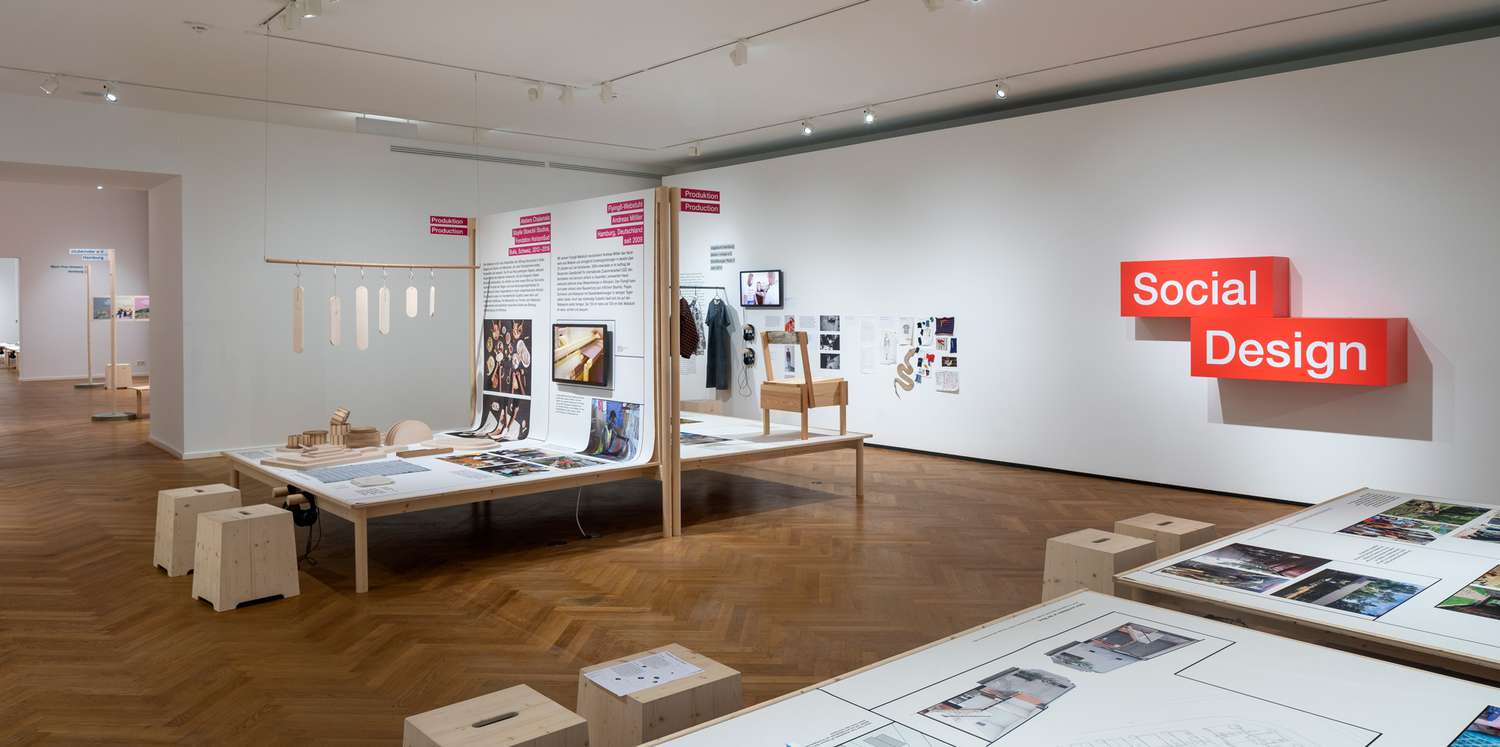
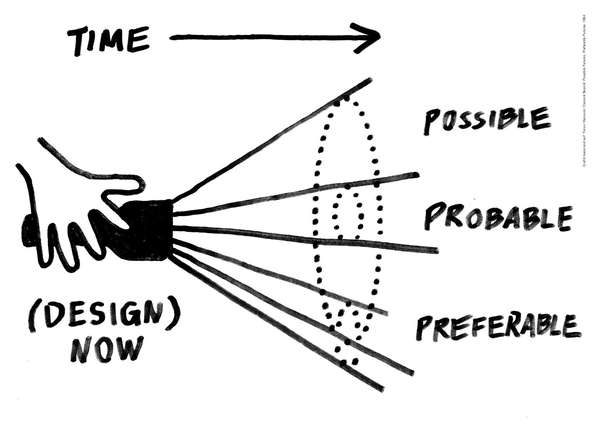
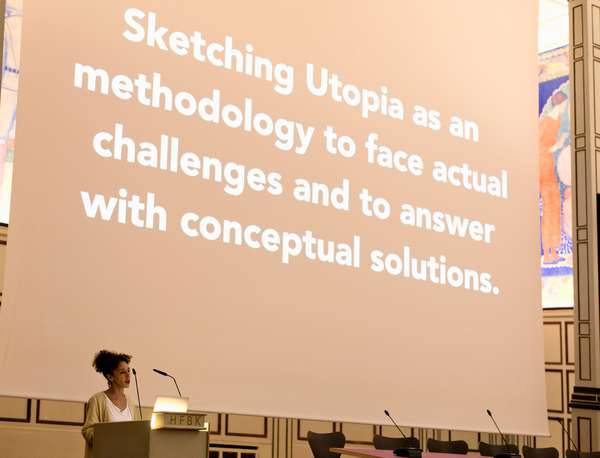
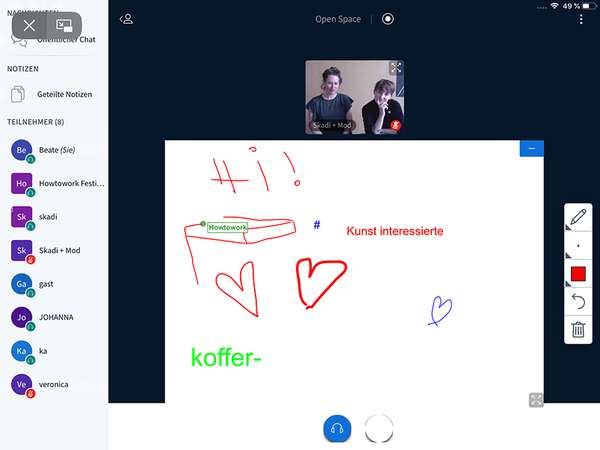

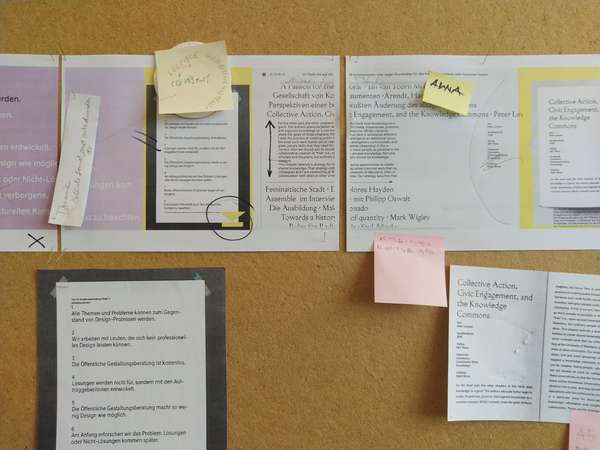
 Autumn program for everyone
Autumn program for everyone
 The New Woman
The New Woman
 Opening of the 2024/25 semester centred on the new film house
Opening of the 2024/25 semester centred on the new film house
 Doing a PhD at the HFBK Hamburg
Doing a PhD at the HFBK Hamburg
 Summer of theory
Summer of theory
 Graduate Show 2024 - Letting Go
Graduate Show 2024 - Letting Go
 Finkenwerder Art Prize 2024
Finkenwerder Art Prize 2024
 Archives of the Body - The Body in Archiving
Archives of the Body - The Body in Archiving
 New partnership with the School of Arts at the University of Haifa
New partnership with the School of Arts at the University of Haifa
 Exhibition recommendations
Exhibition recommendations
 Annual Exhibition 2024 at the HFBK Hamburg
Annual Exhibition 2024 at the HFBK Hamburg
 How to apply: study at HFBK Hamburg
How to apply: study at HFBK Hamburg
 (Ex)Changes of / in Art
(Ex)Changes of / in Art
 Extended Libraries
Extended Libraries
 And Still I Rise
And Still I Rise
 No Tracking. No Paywall.
No Tracking. No Paywall.
 Let's talk about language
Let's talk about language
 Graduate Show 2023: Unfinished Business
Graduate Show 2023: Unfinished Business
 Let`s work together
Let`s work together
 Annual Exhibition 2023 at HFBK Hamburg
Annual Exhibition 2023 at HFBK Hamburg
 Symposium: Controversy over documenta fifteen
Symposium: Controversy over documenta fifteen
 The best is saved until last
The best is saved until last
 Festival and Symposium: Non-Knowledge, Laughter and the Moving Image
Festival and Symposium: Non-Knowledge, Laughter and the Moving Image
 Solo exhibition by Konstantin Grcic
Solo exhibition by Konstantin Grcic
 Art and war
Art and war
 Graduate Show 2022: We’ve Only Just Begun
Graduate Show 2022: We’ve Only Just Begun
 June is full of art and theory
June is full of art and theory
 Finkenwerder Art Prize 2022
Finkenwerder Art Prize 2022
 Nachhaltigkeit im Kontext von Kunst und Kunsthochschule
Nachhaltigkeit im Kontext von Kunst und Kunsthochschule
 Raum für die Kunst
Raum für die Kunst
 Annual Exhibition 2022 at the HFBK
Annual Exhibition 2022 at the HFBK
 Conference: Counter-Monuments and Para-Monuments.
Conference: Counter-Monuments and Para-Monuments.
 Diversity
Diversity
 Summer Break
Summer Break
 Live und in Farbe: die ASA Open Studios im Juni 2021
Live und in Farbe: die ASA Open Studios im Juni 2021
 Unlearning: Wartenau Assemblies
Unlearning: Wartenau Assemblies
 School of No Consequences
School of No Consequences
 Annual Exhibition 2021 at the HFBK
Annual Exhibition 2021 at the HFBK
 Semestereröffnung und Hiscox-Preisverleihung 2020
Semestereröffnung und Hiscox-Preisverleihung 2020
 Teaching Art Online at the HFBK
Teaching Art Online at the HFBK
 HFBK Graduate Survey
HFBK Graduate Survey
 How political is Social Design?
How political is Social Design?